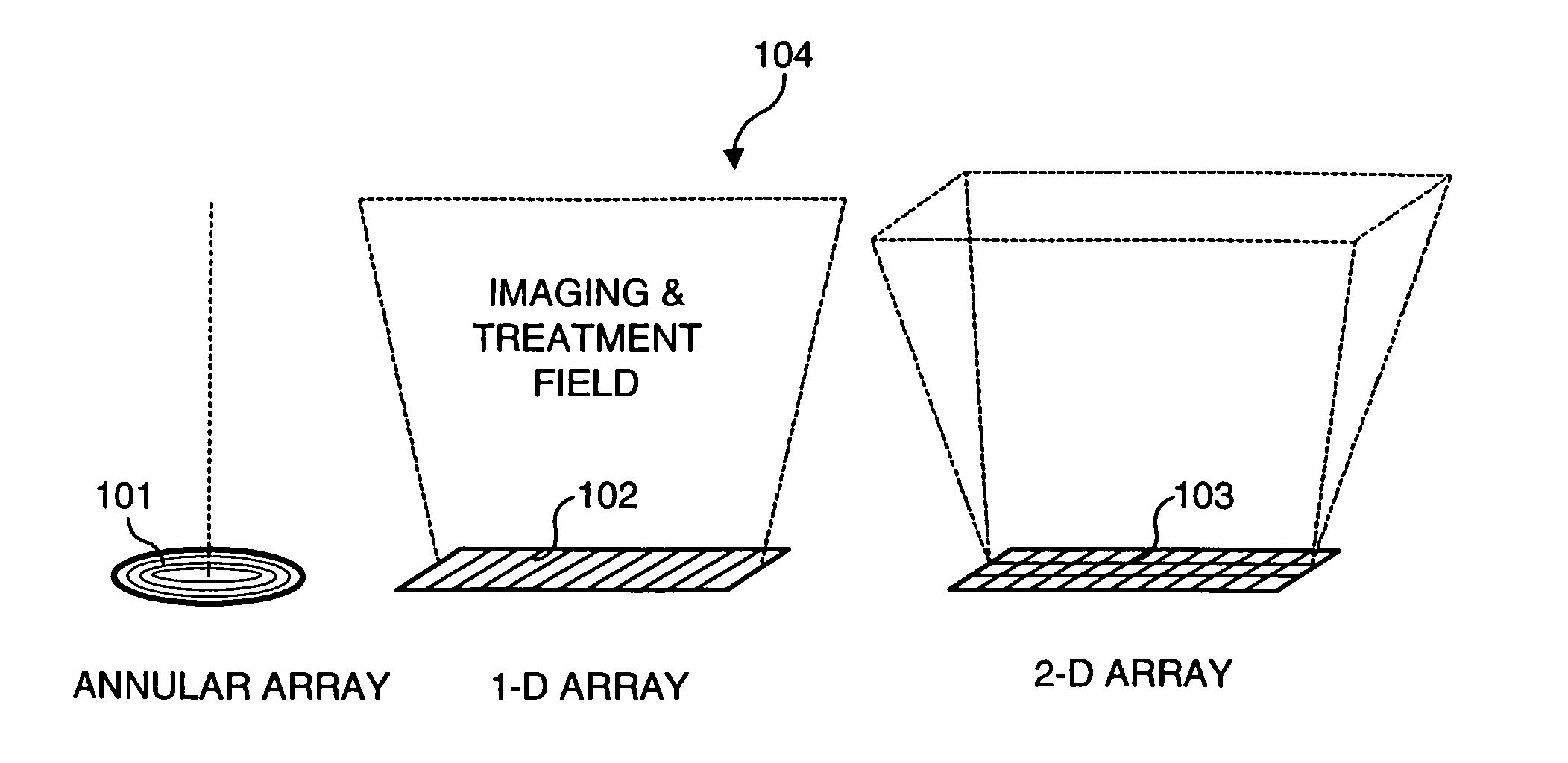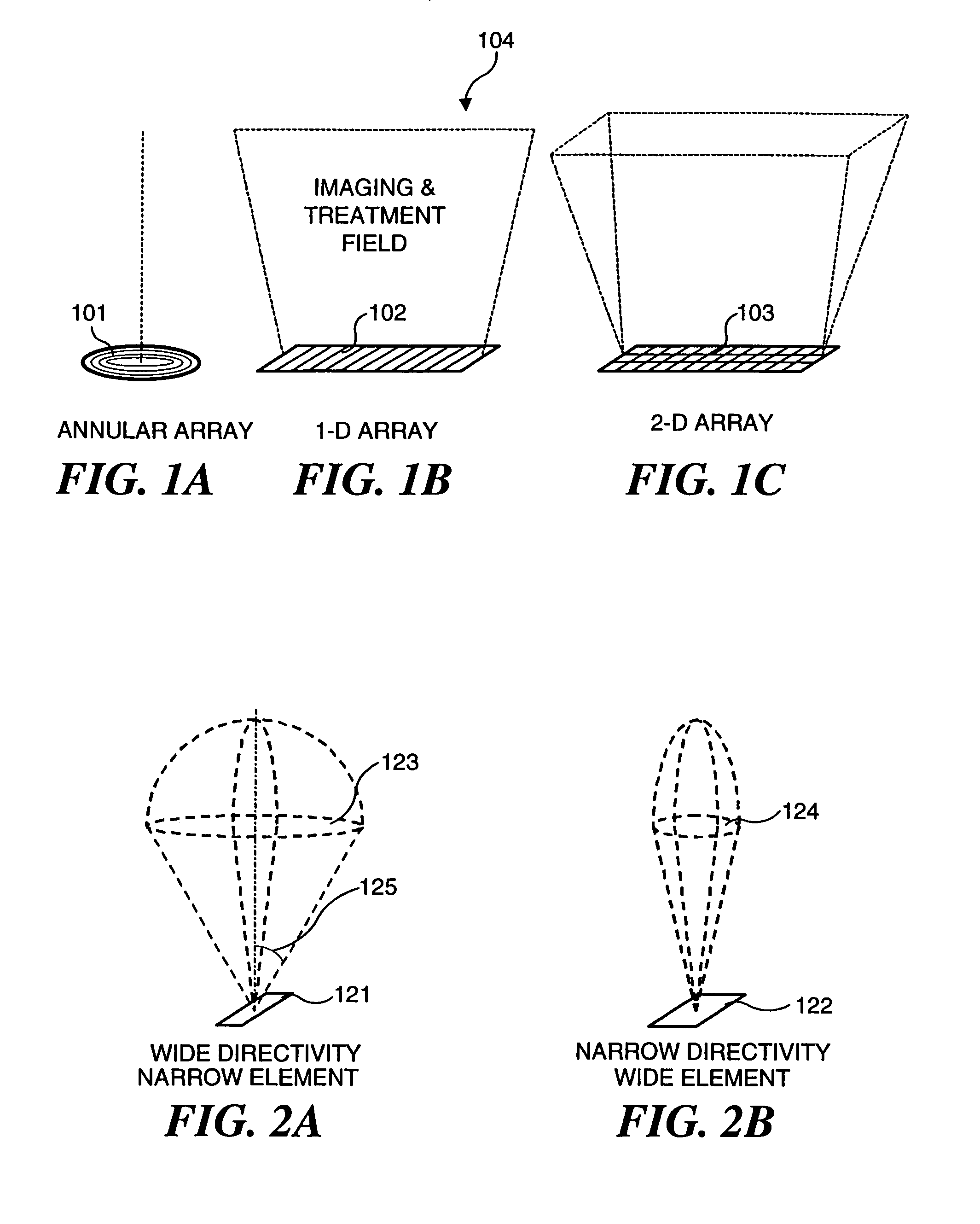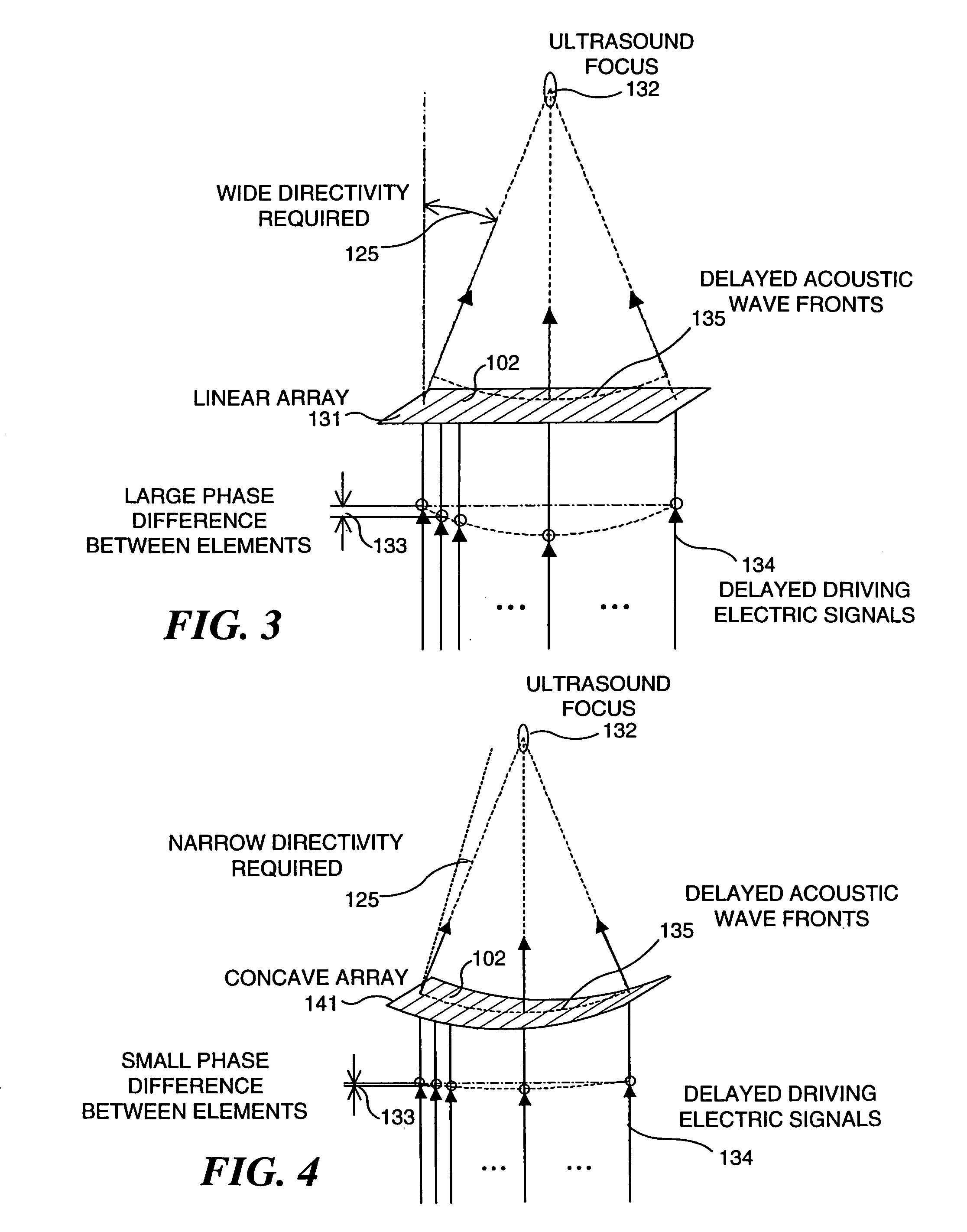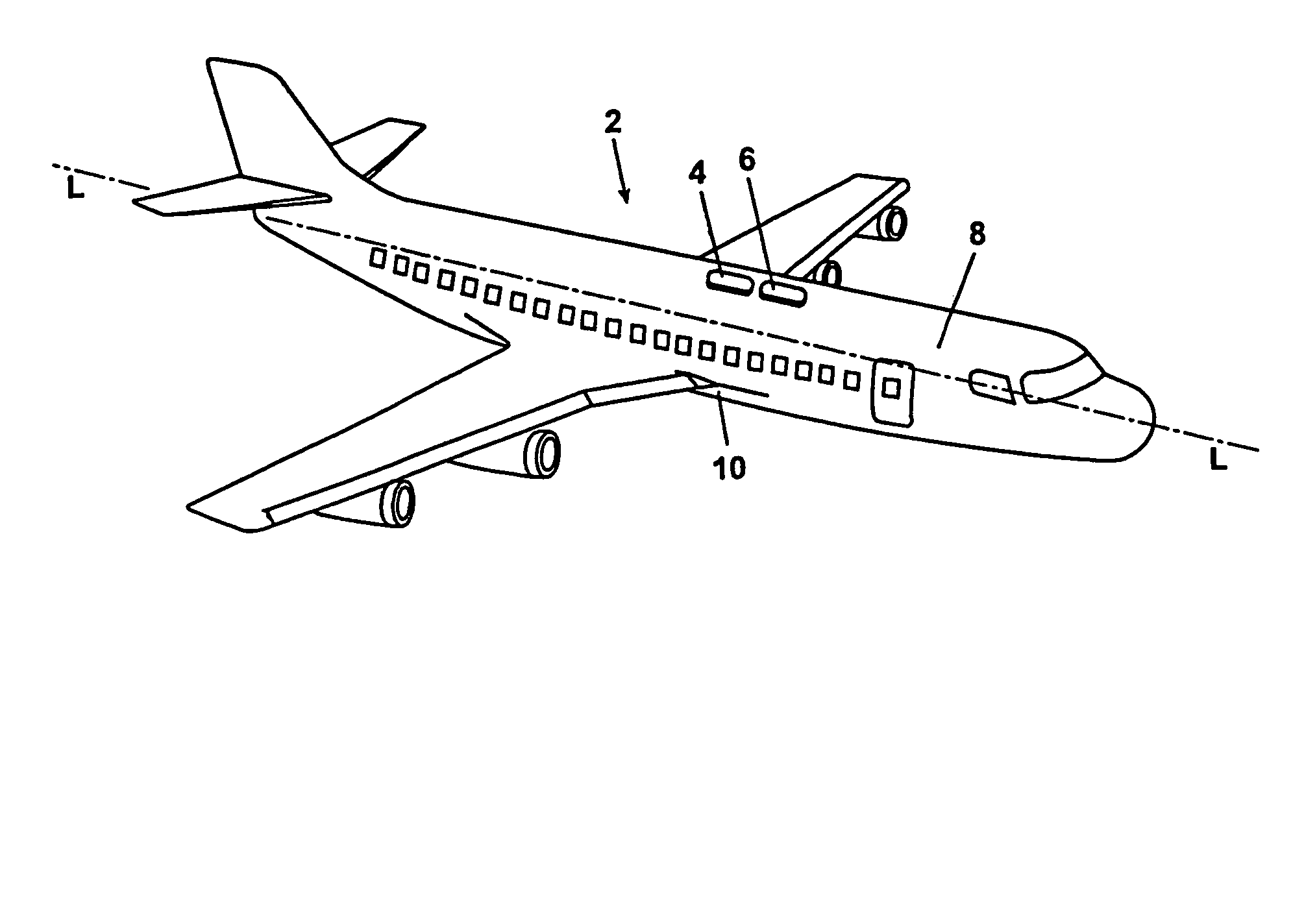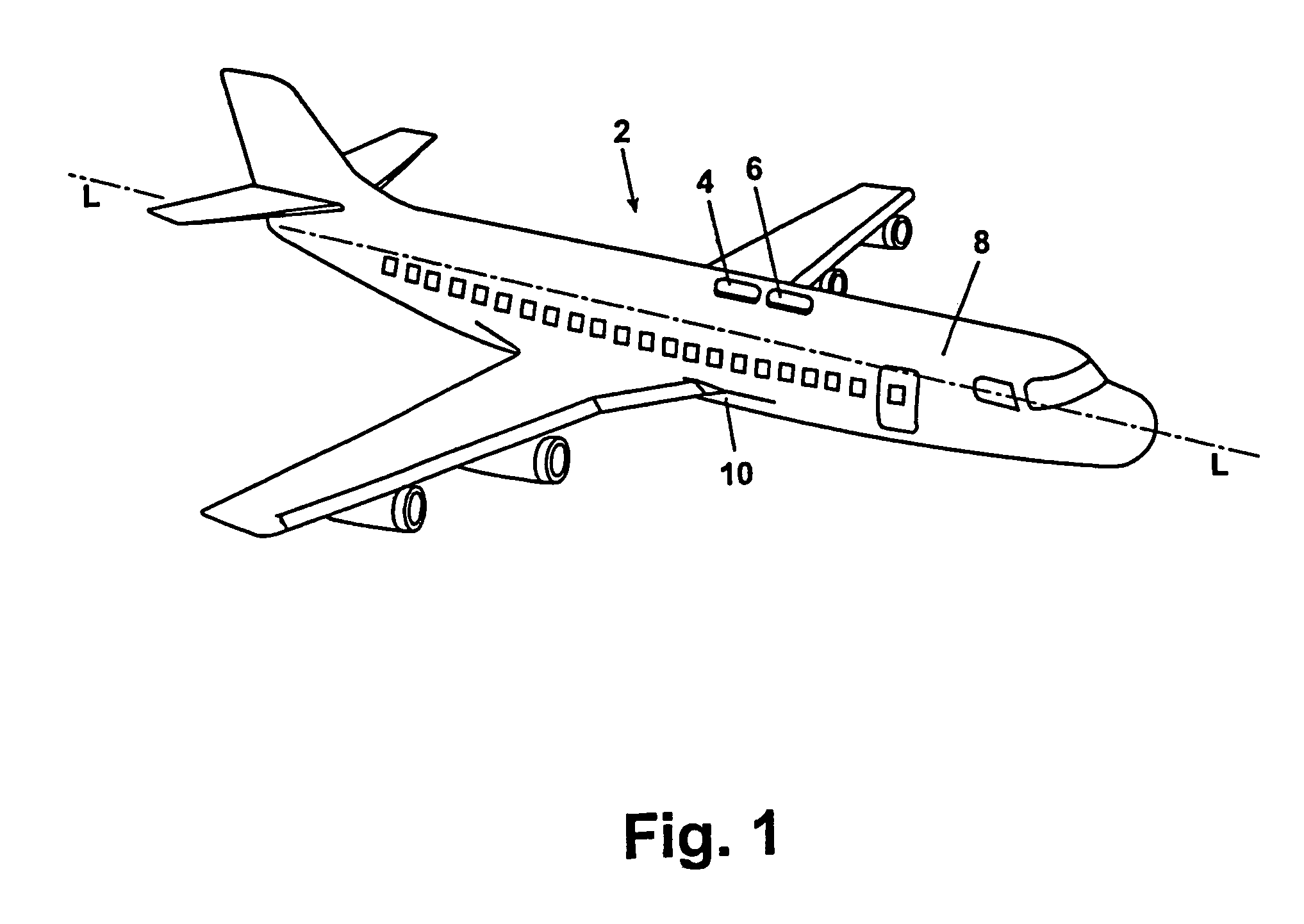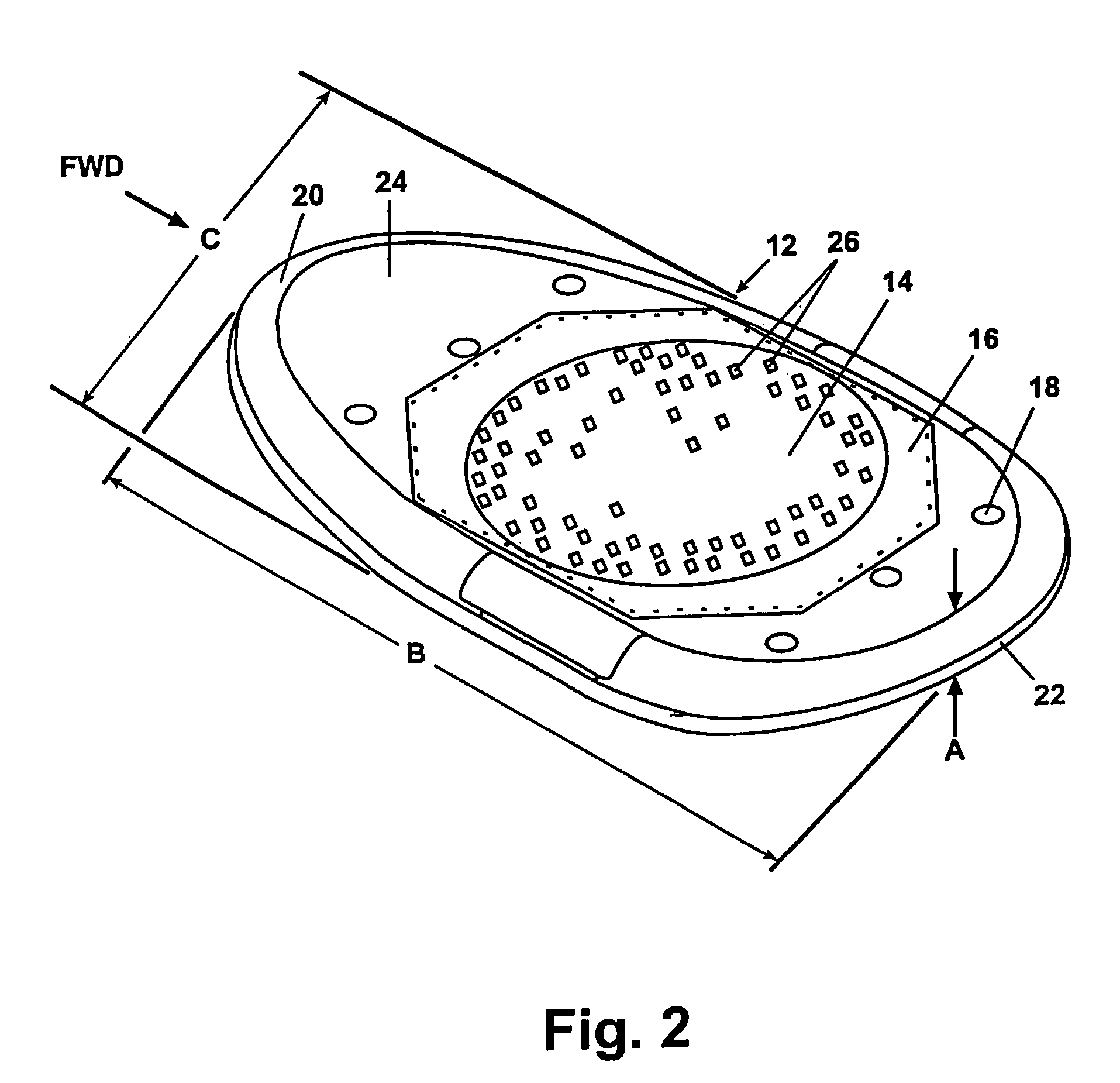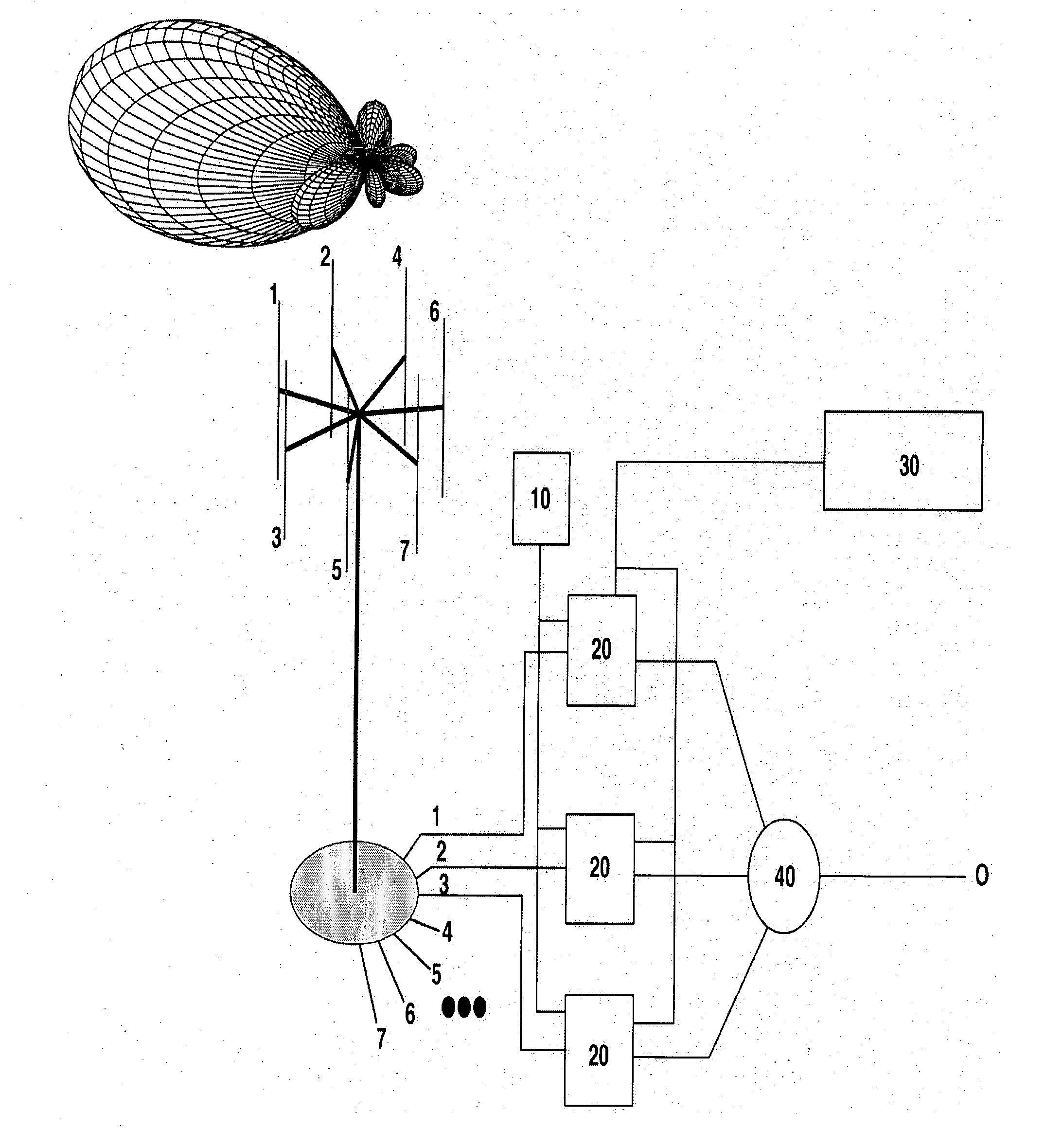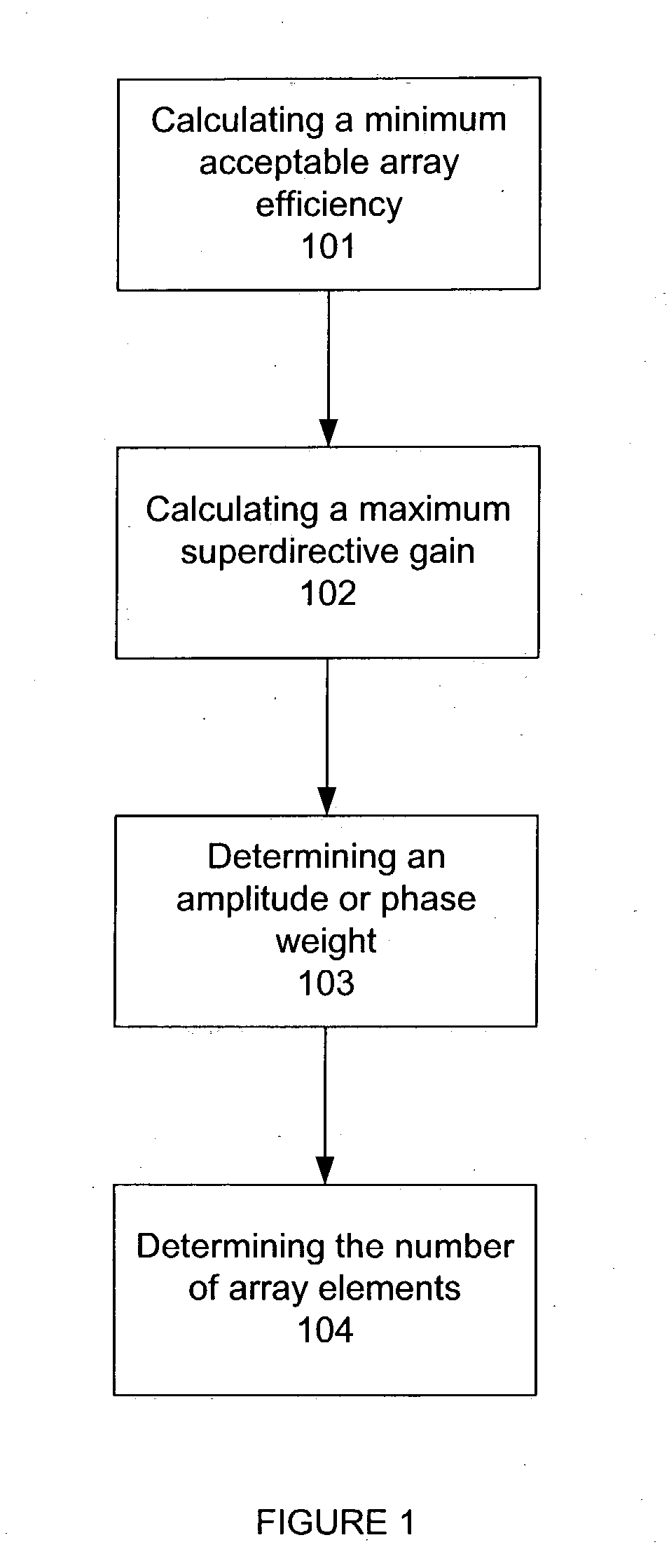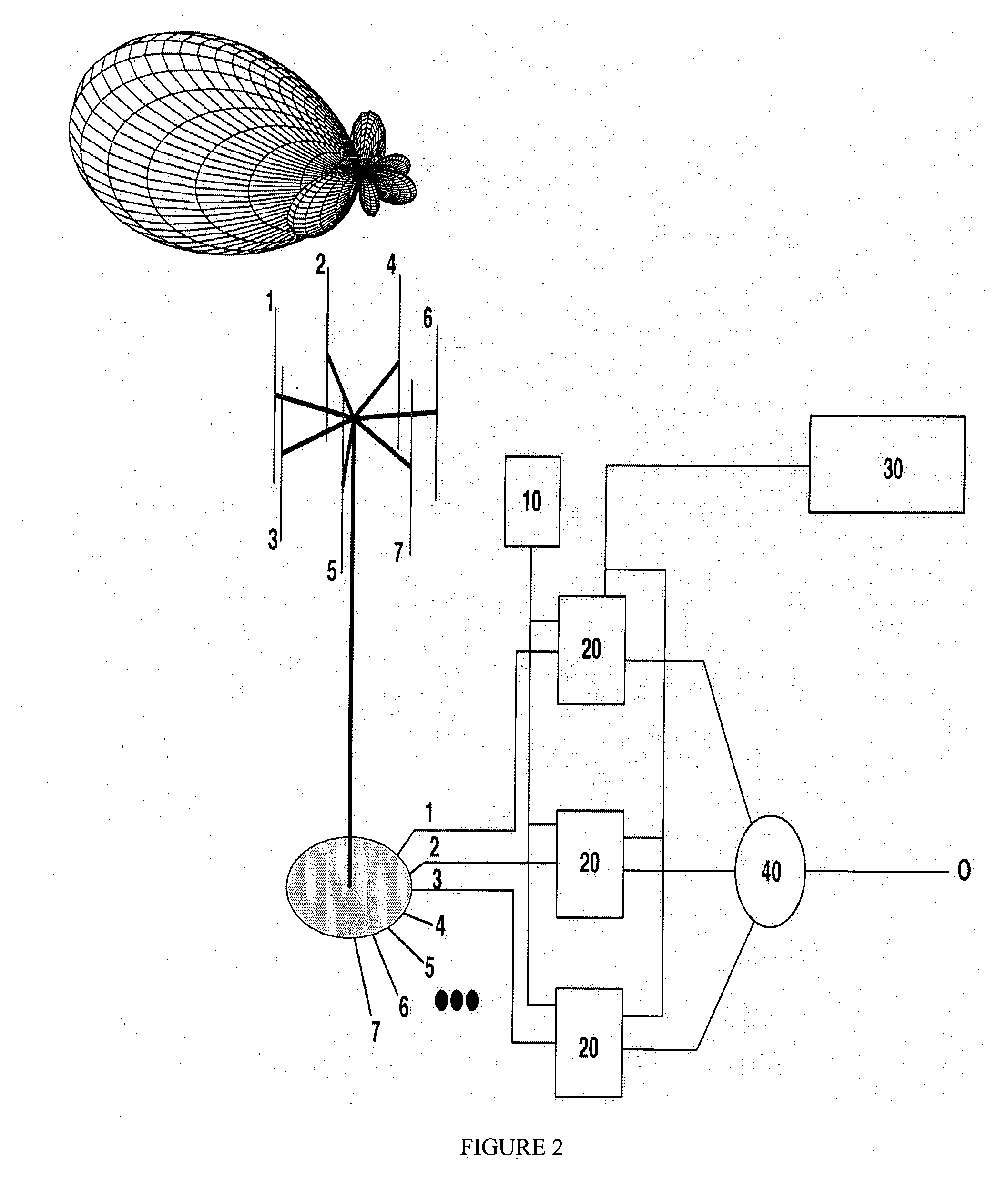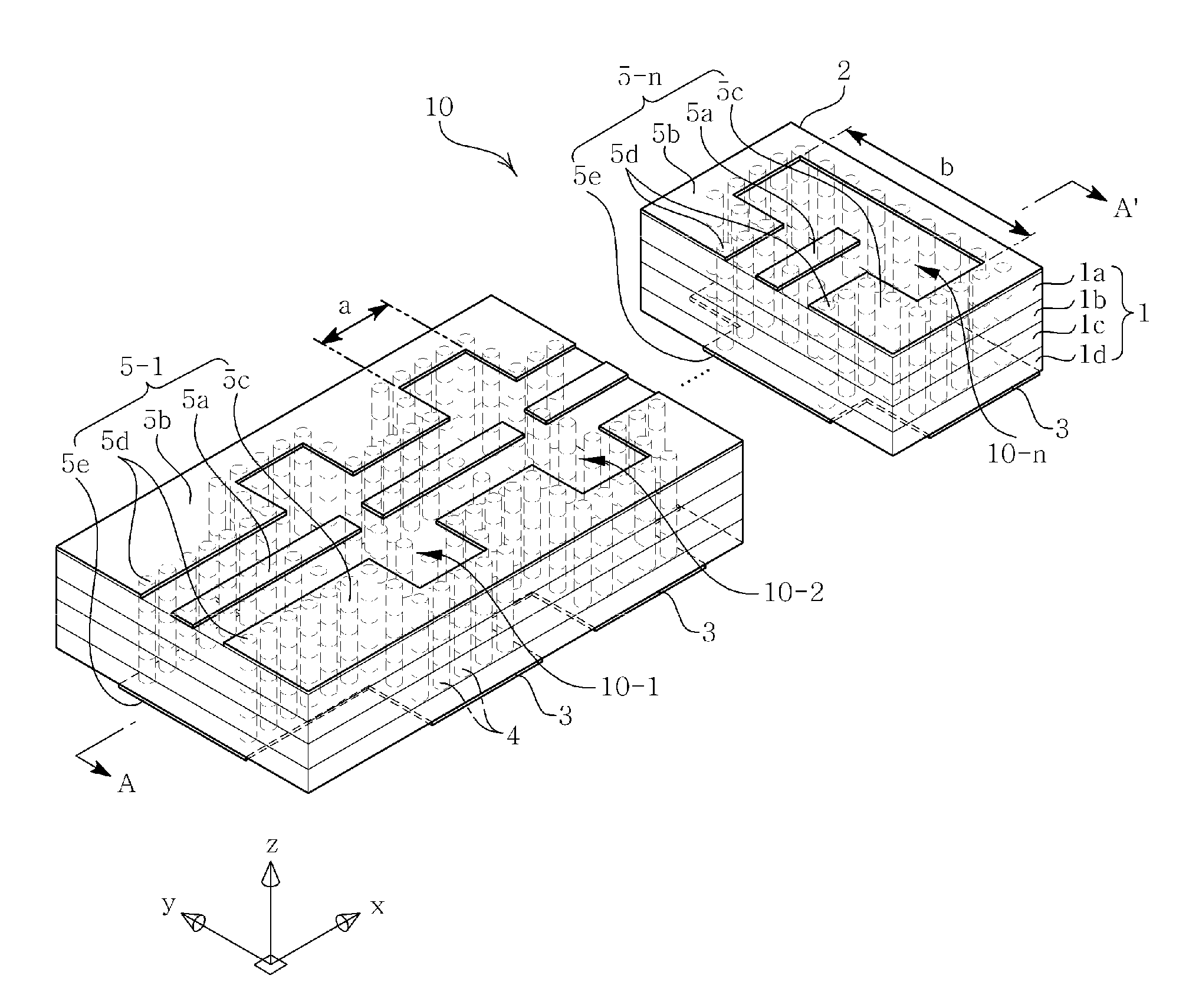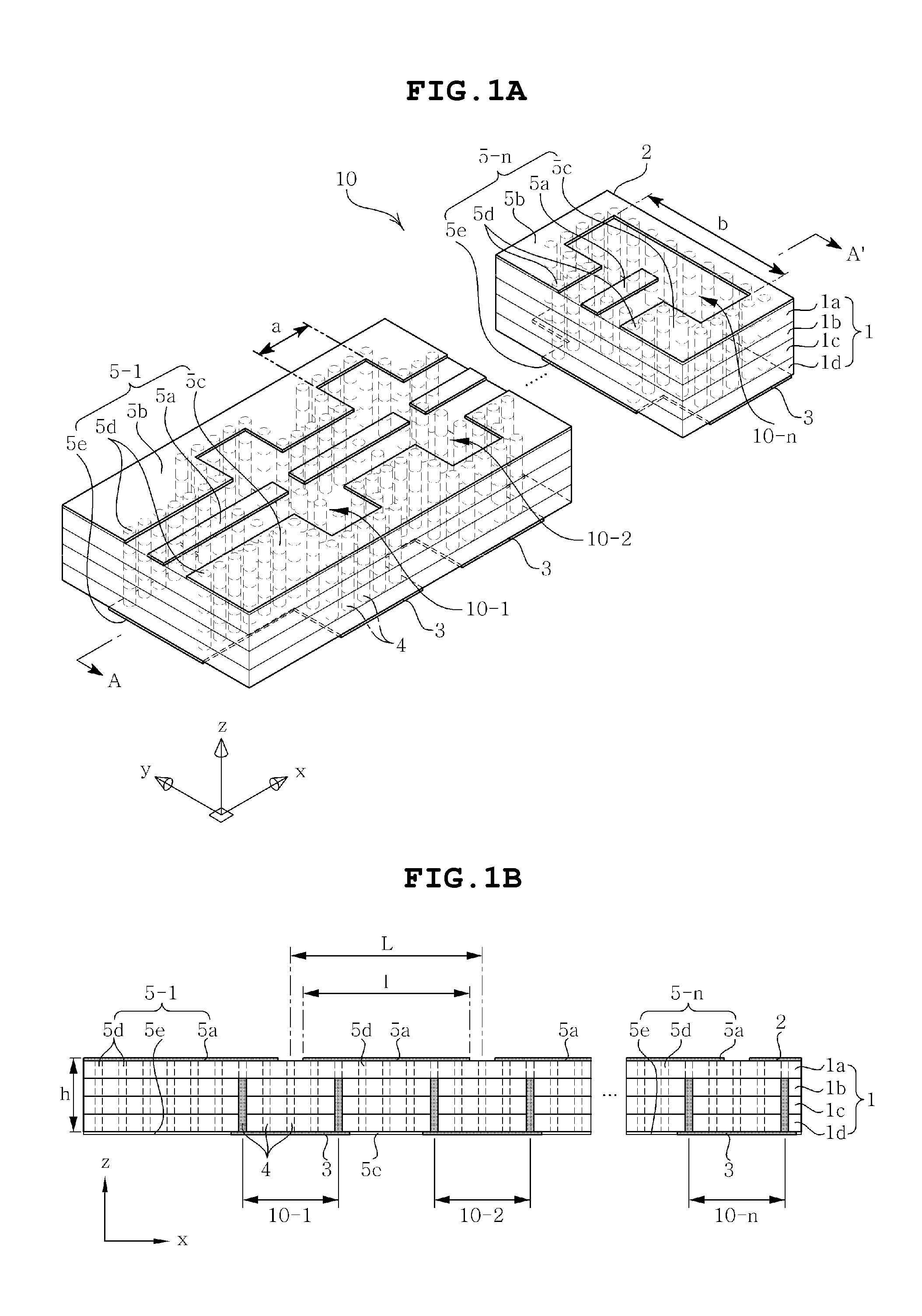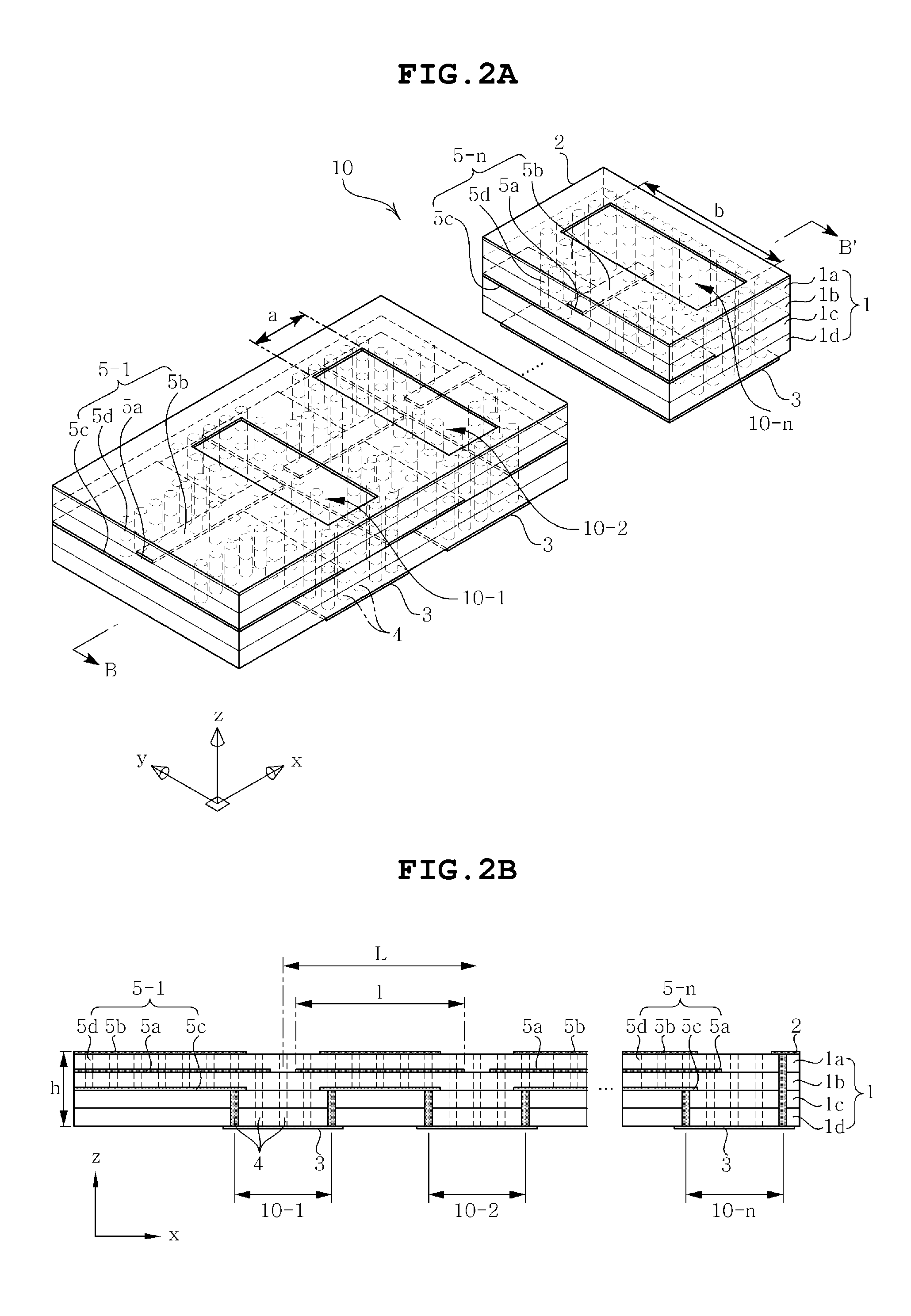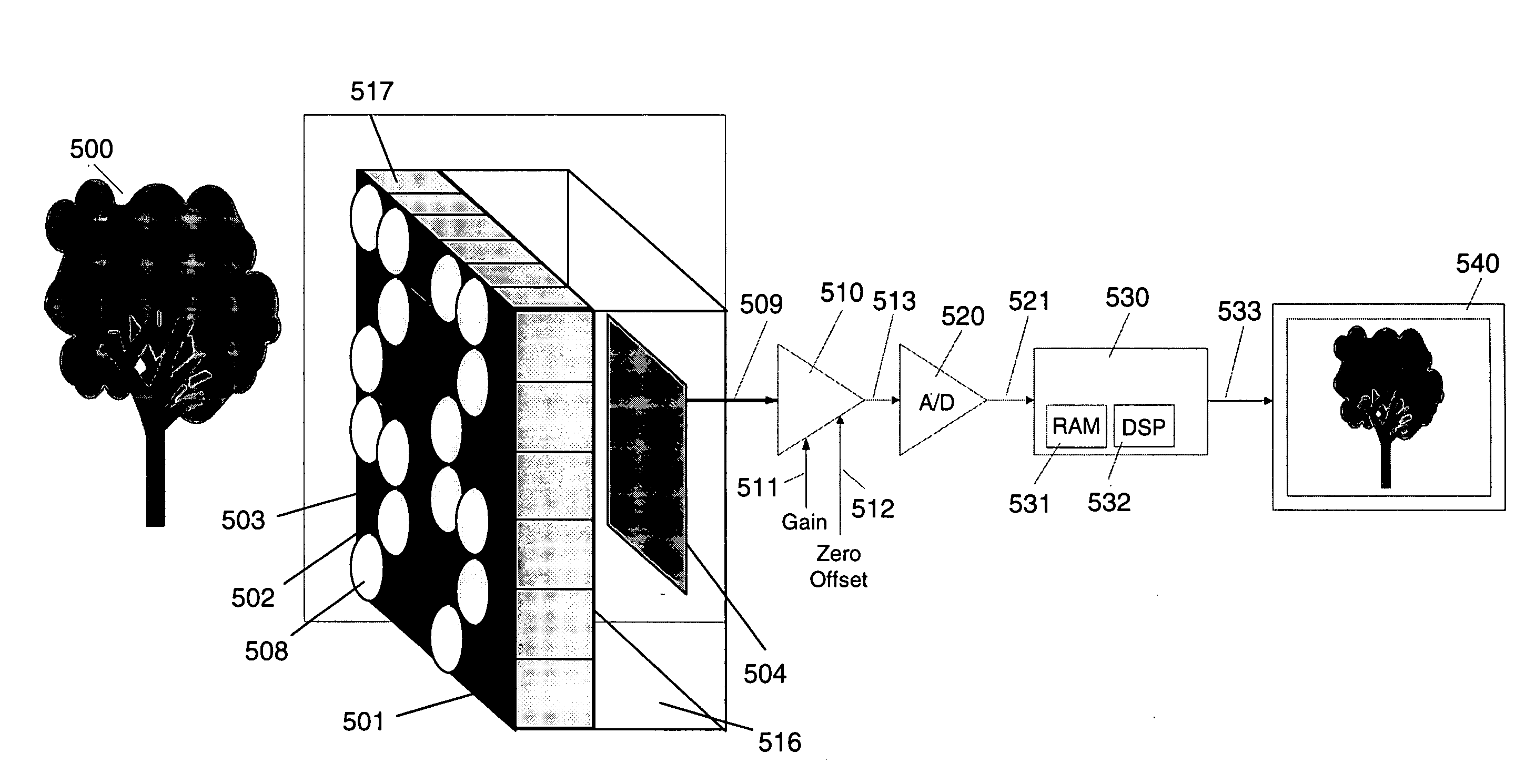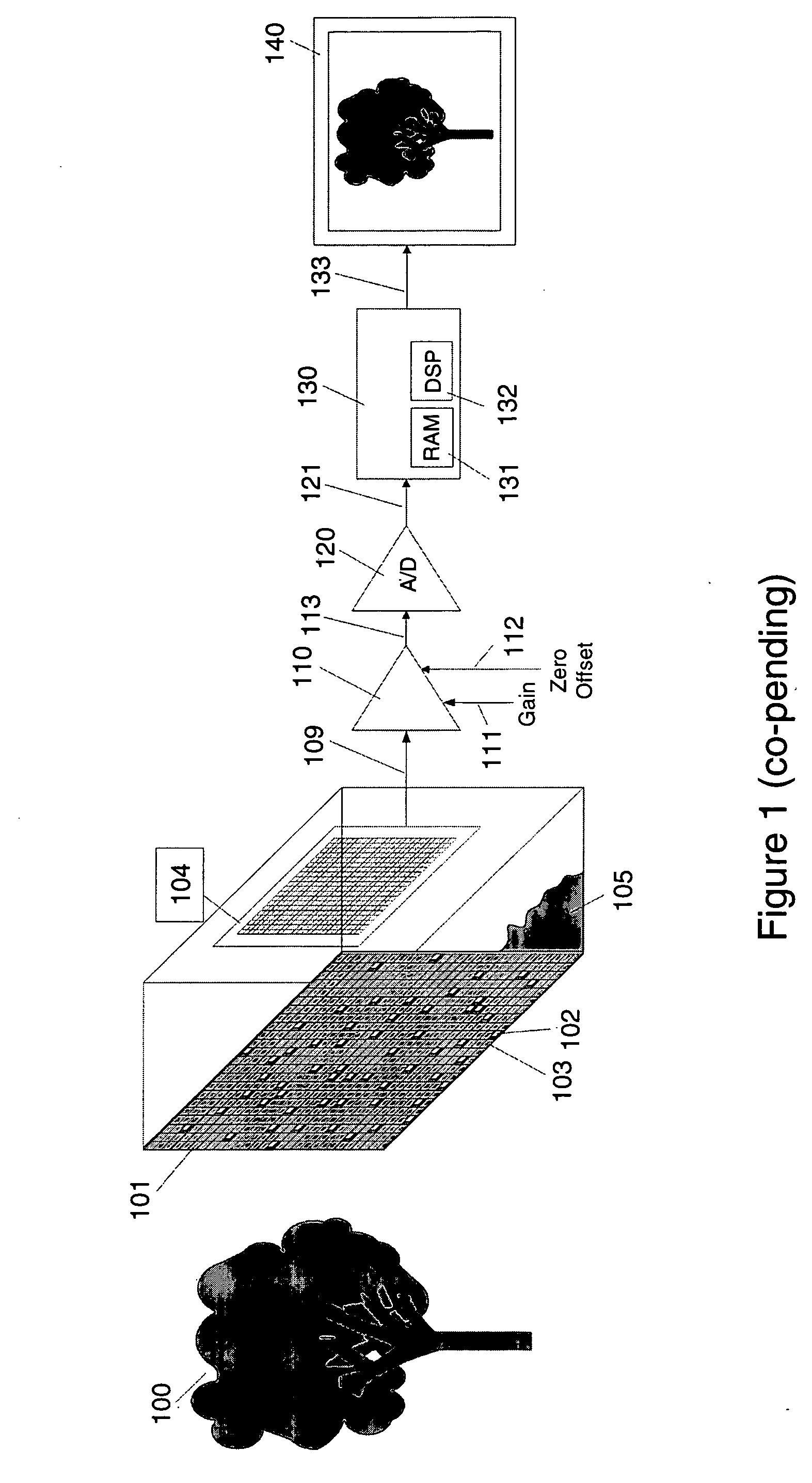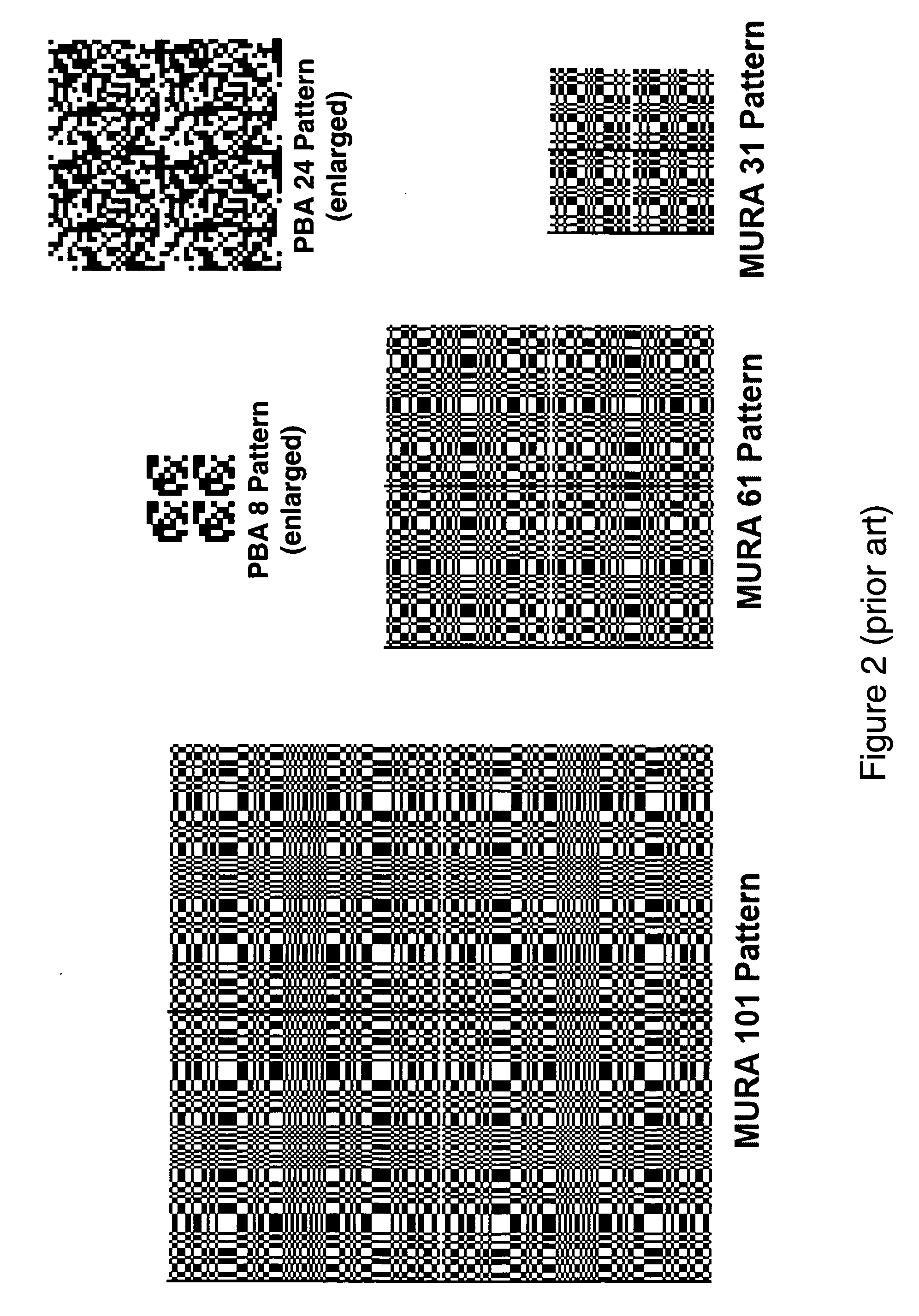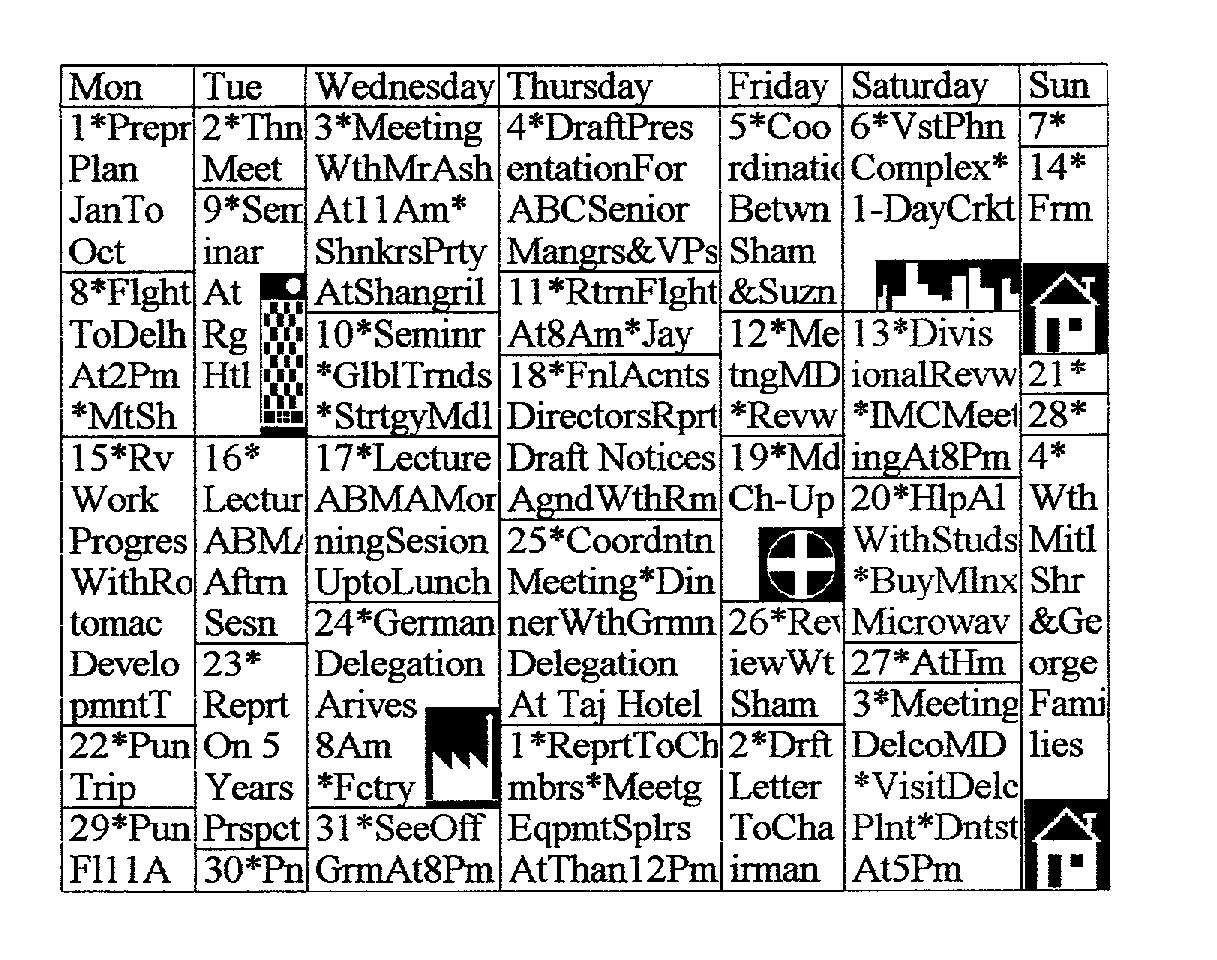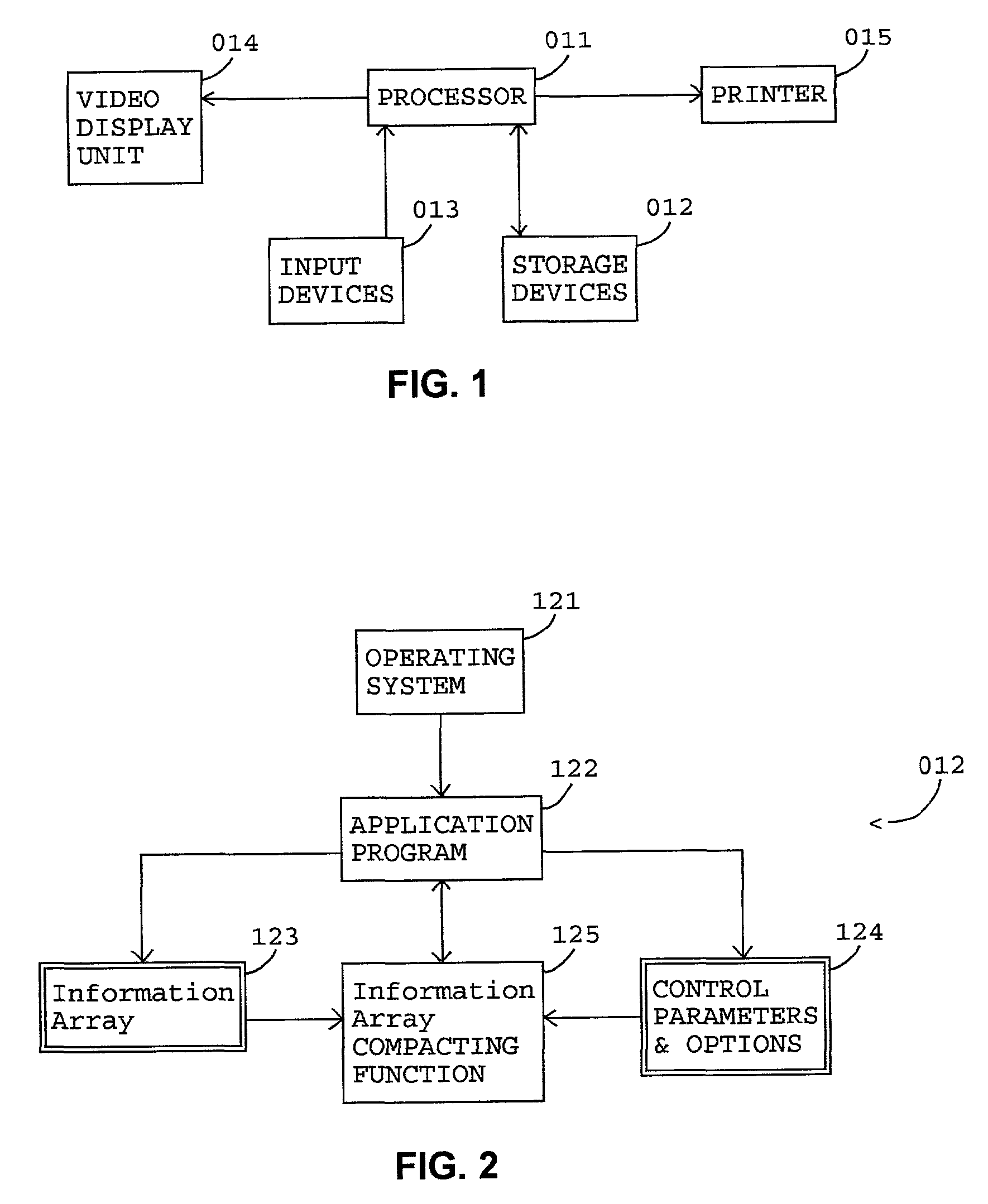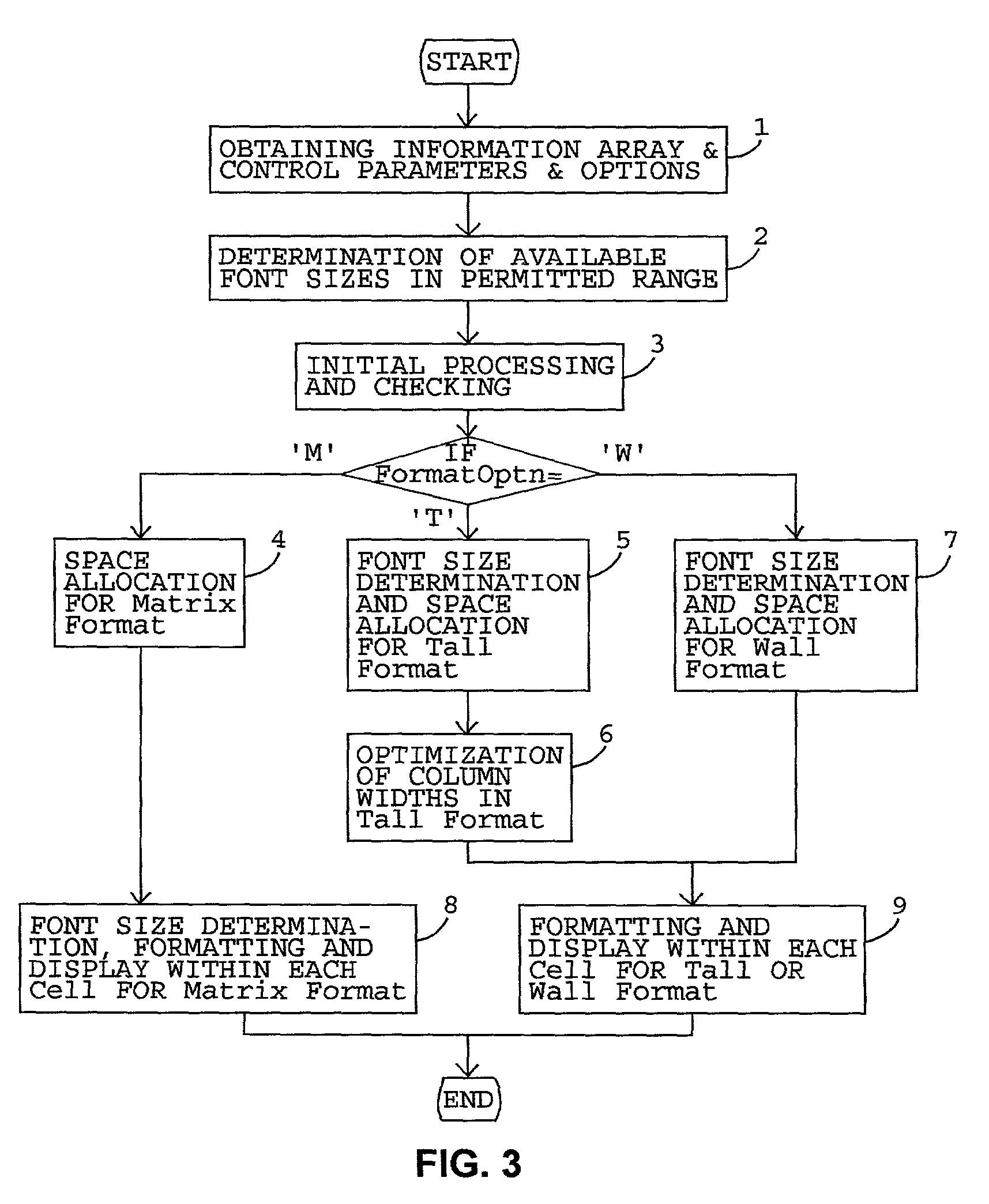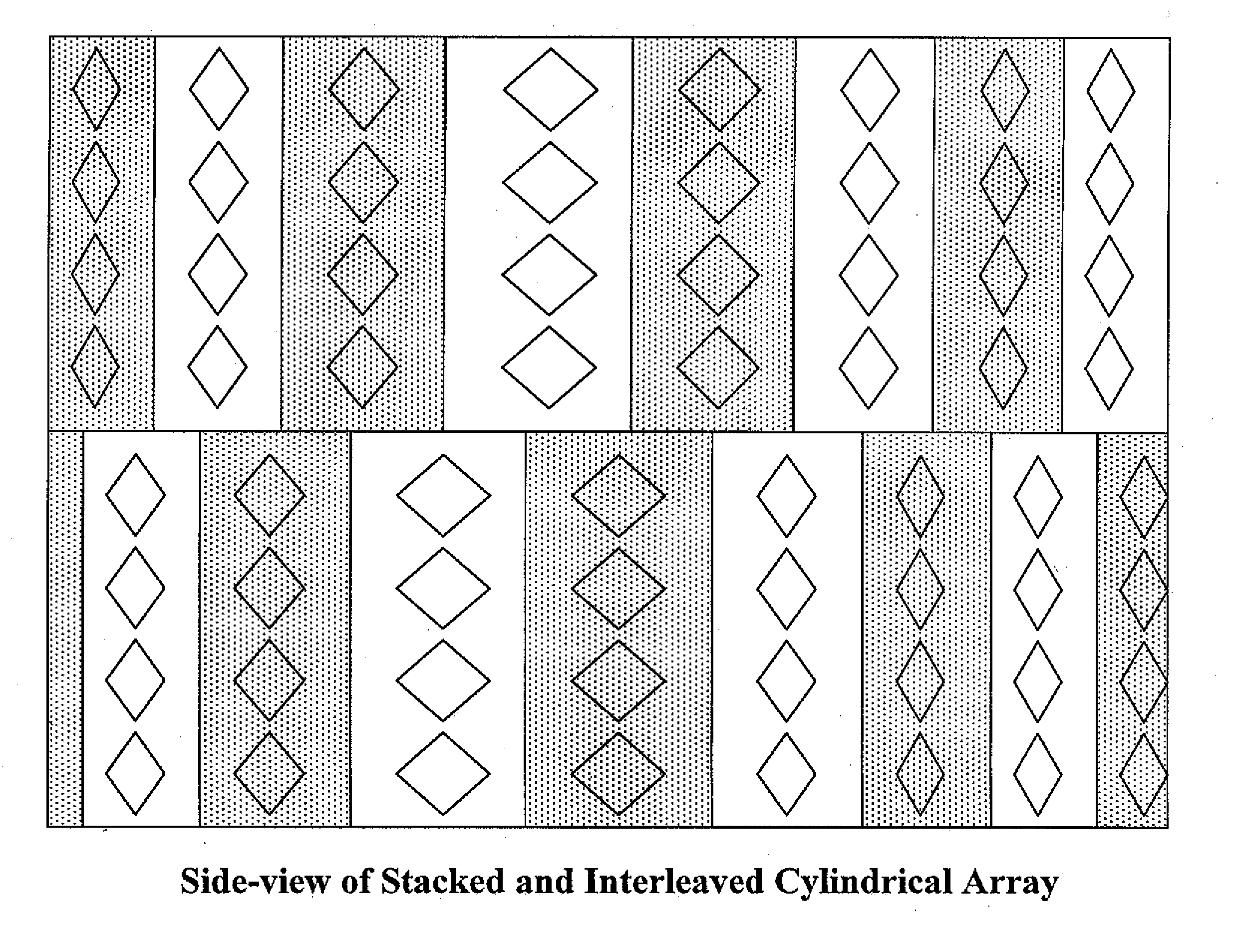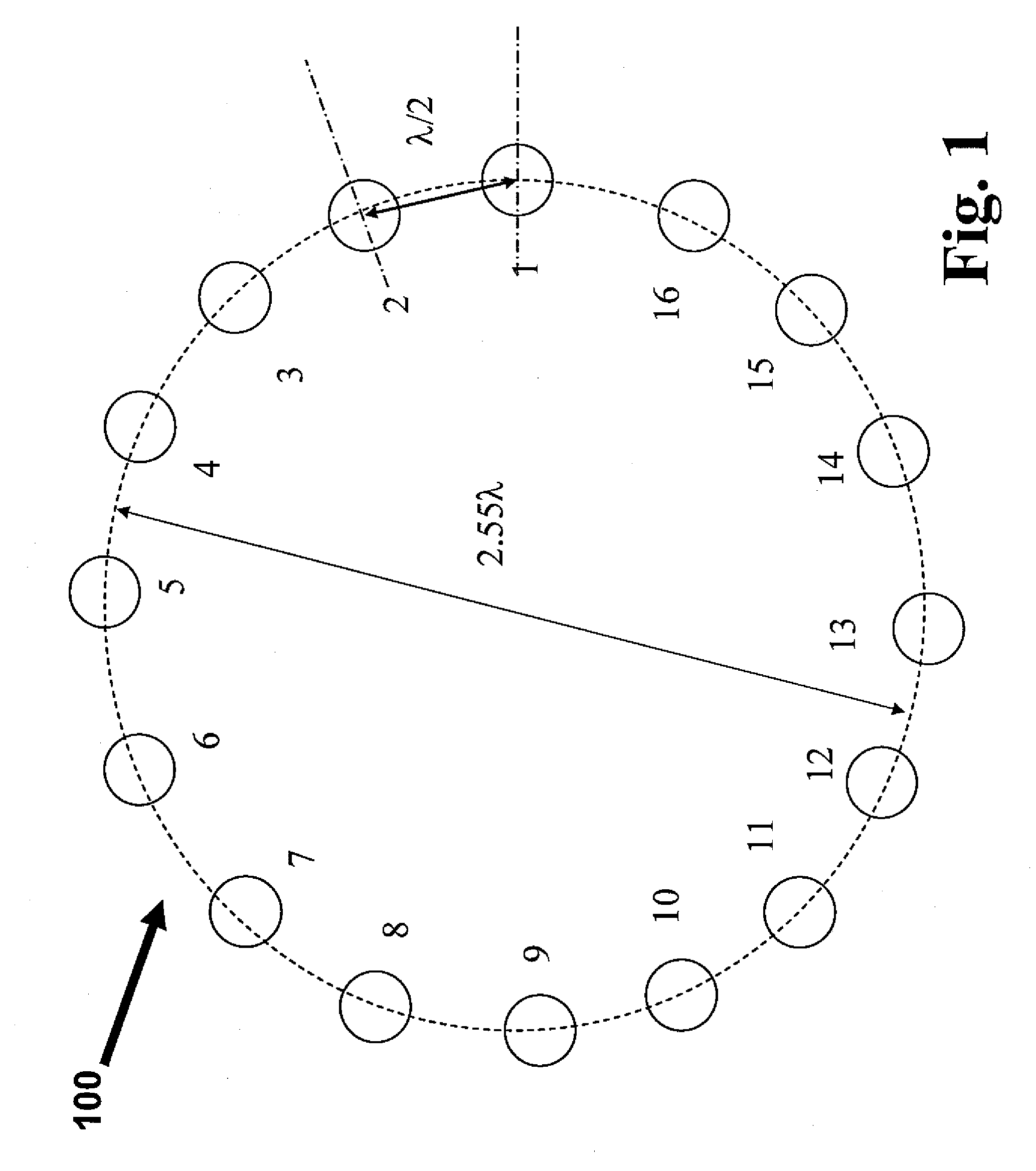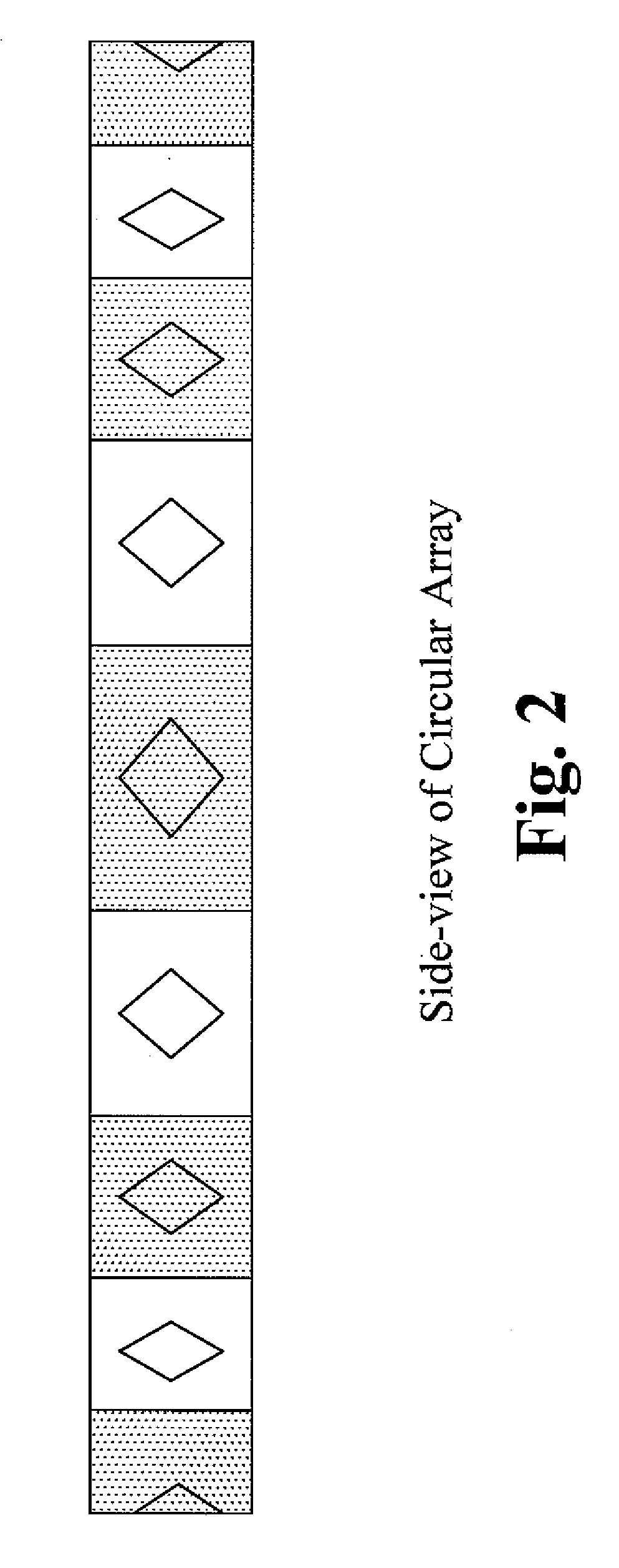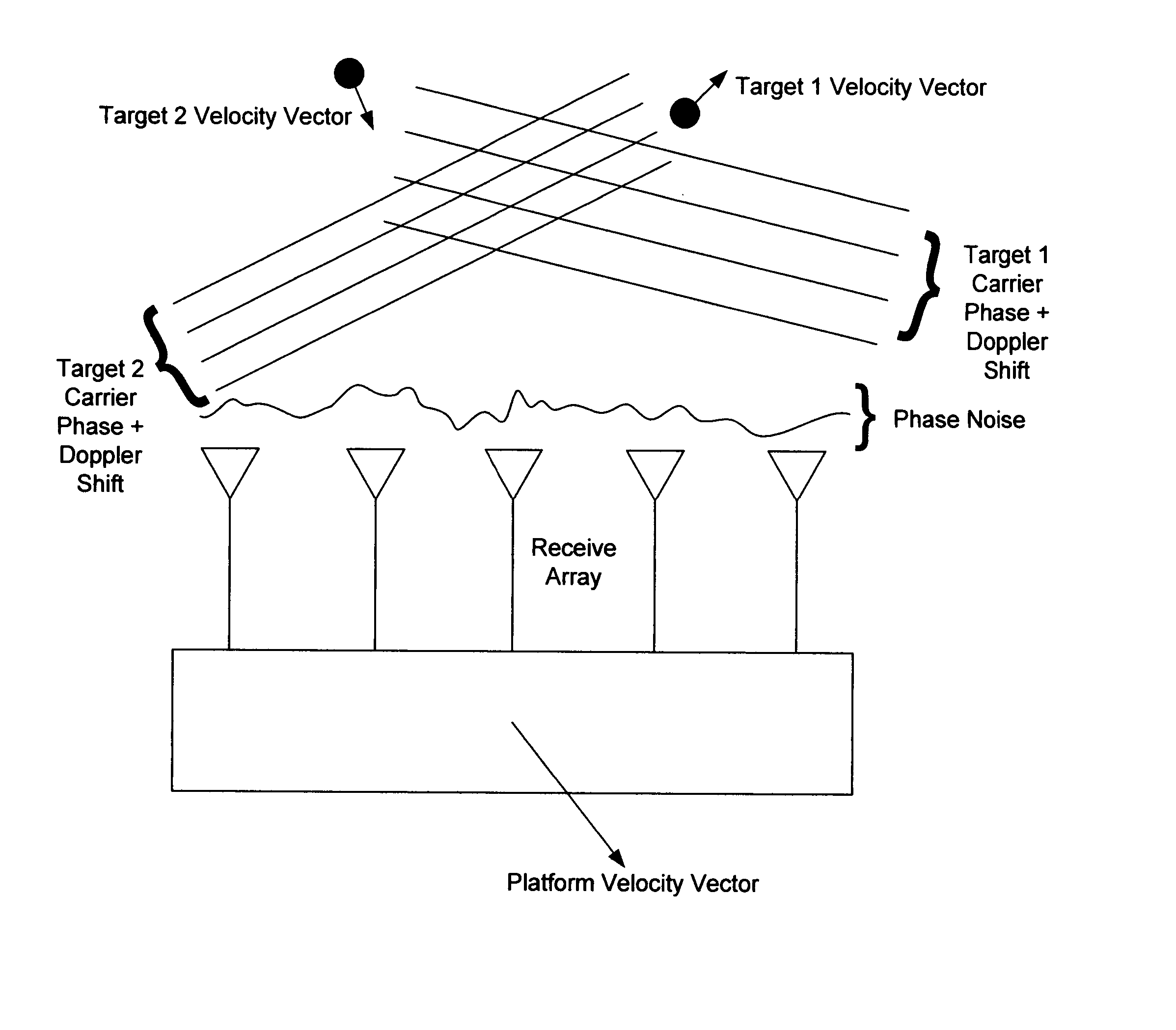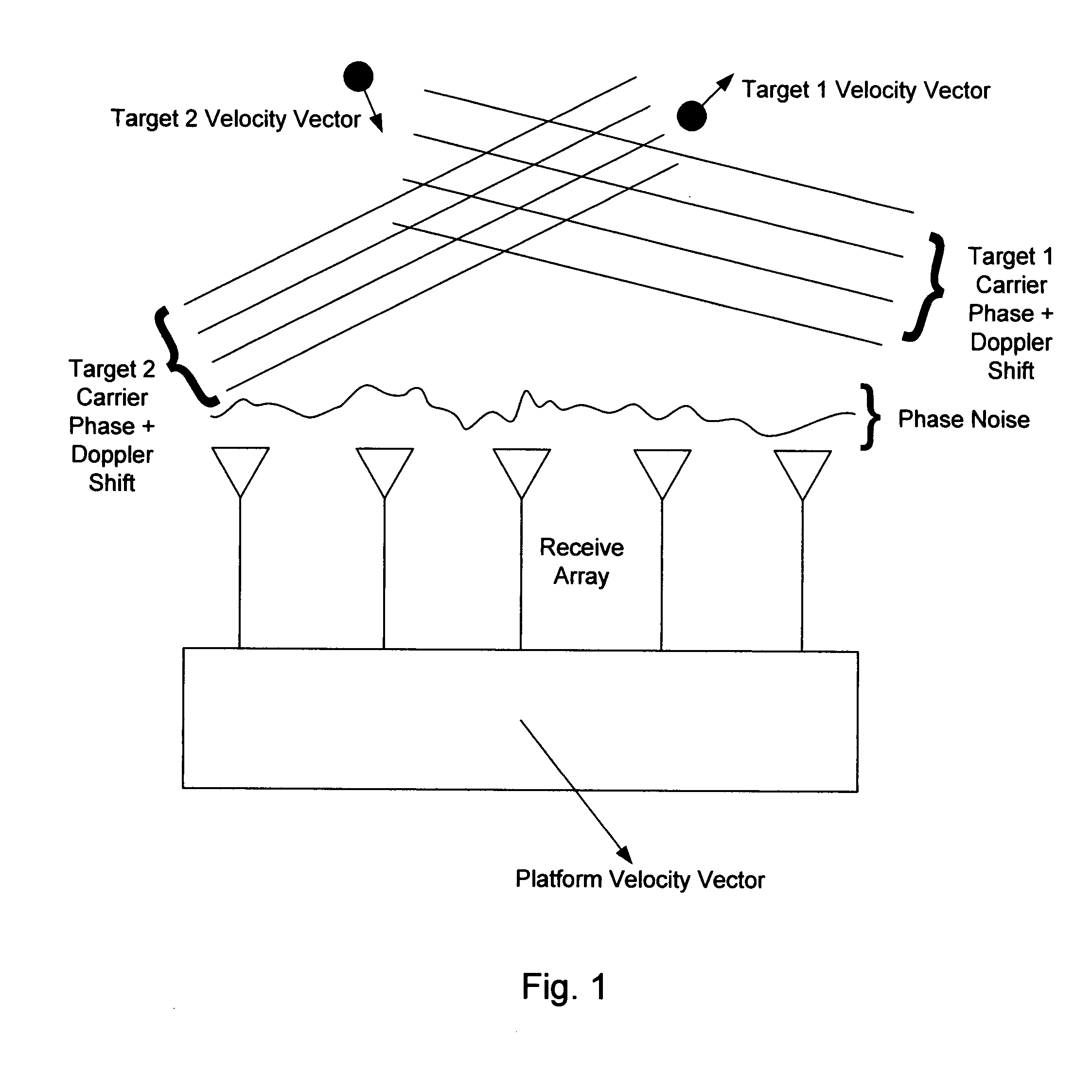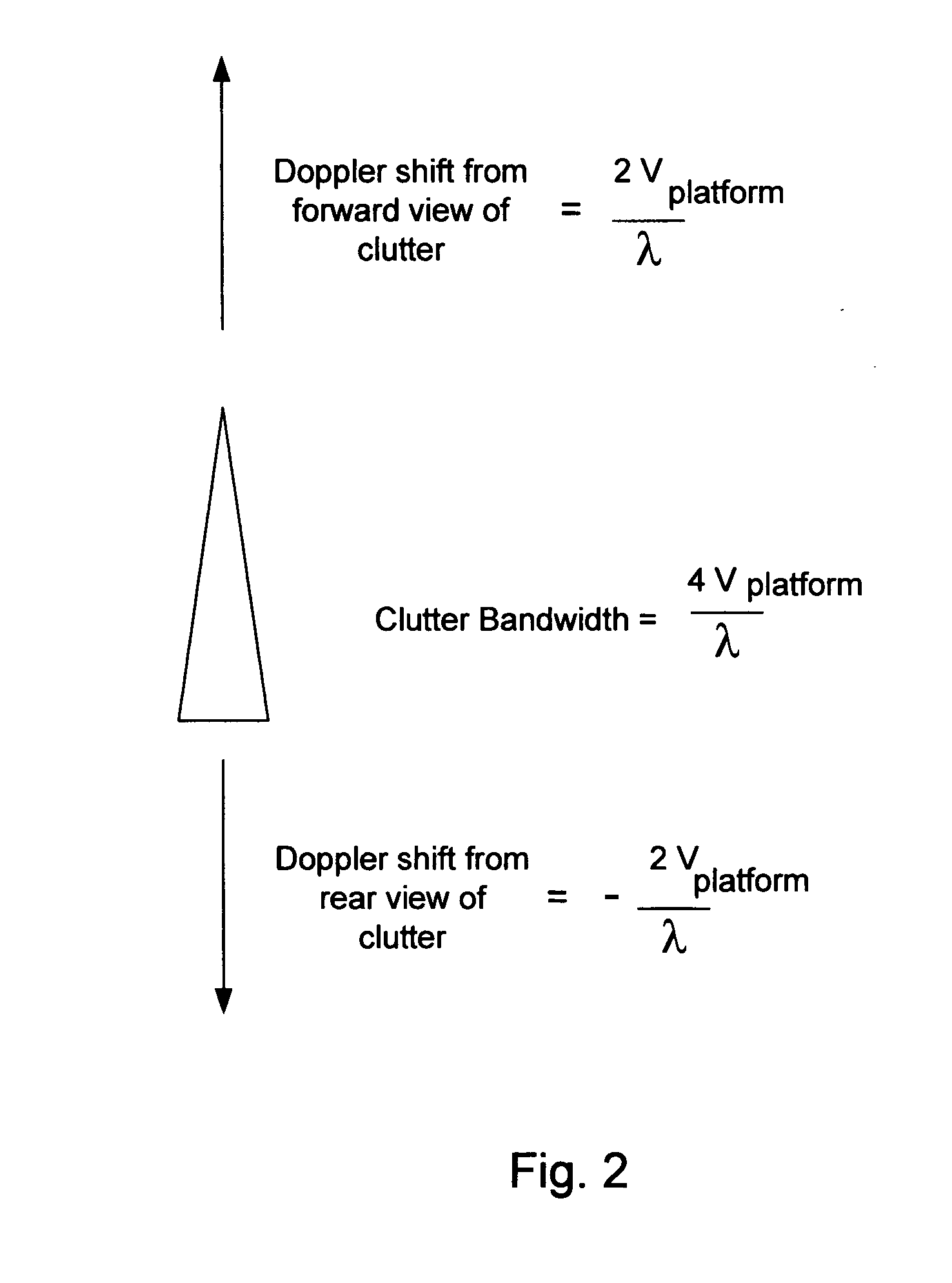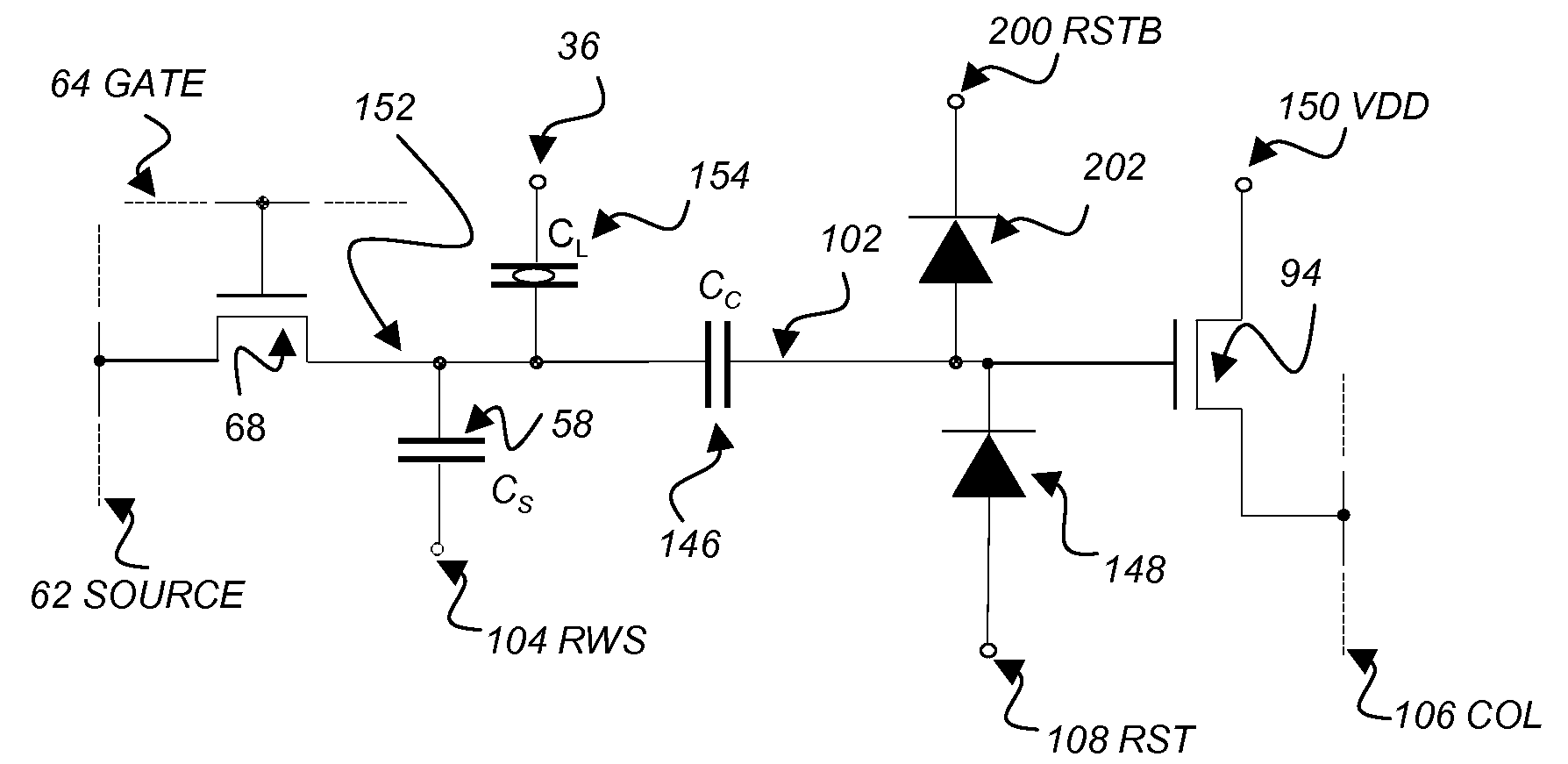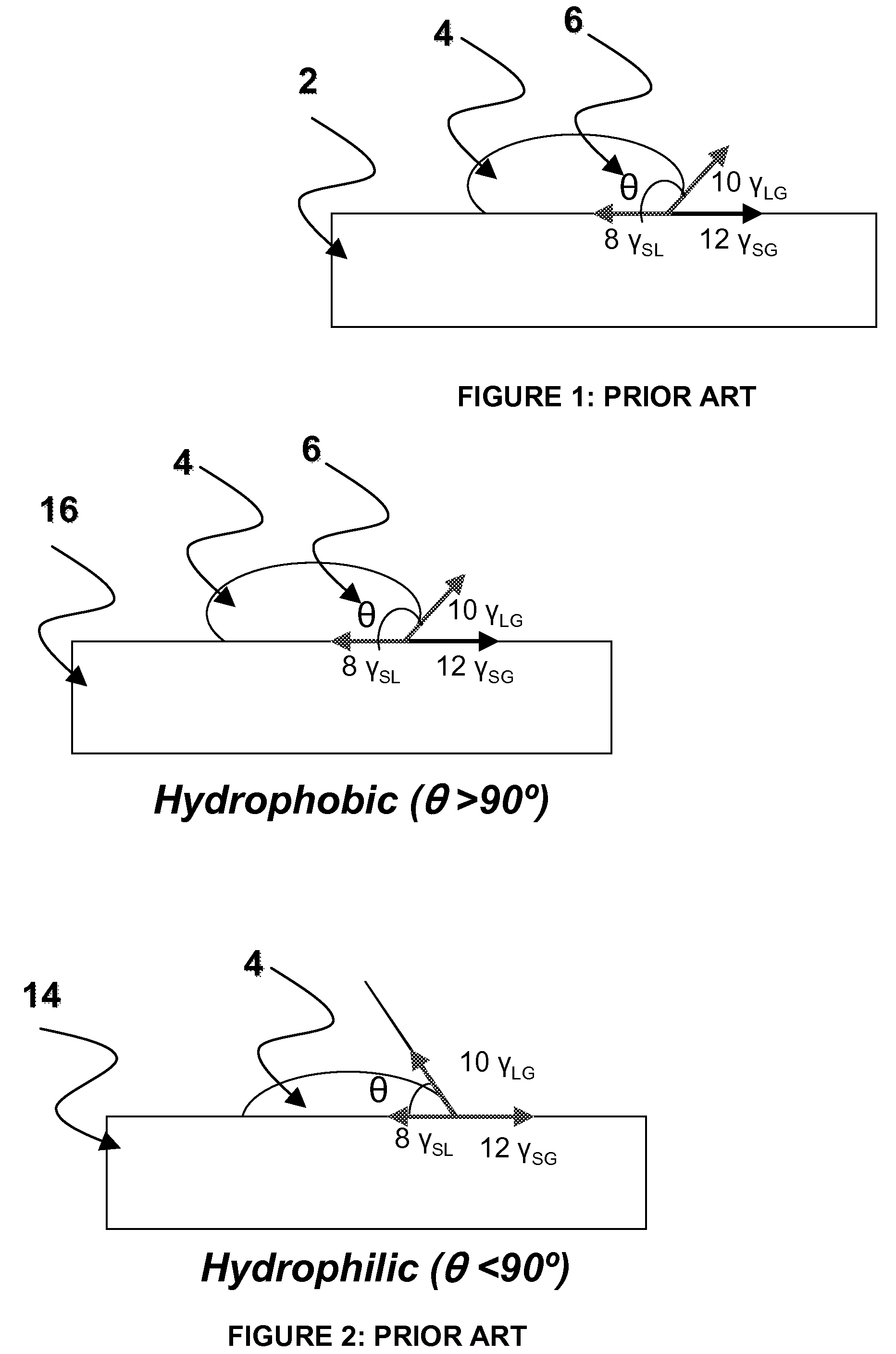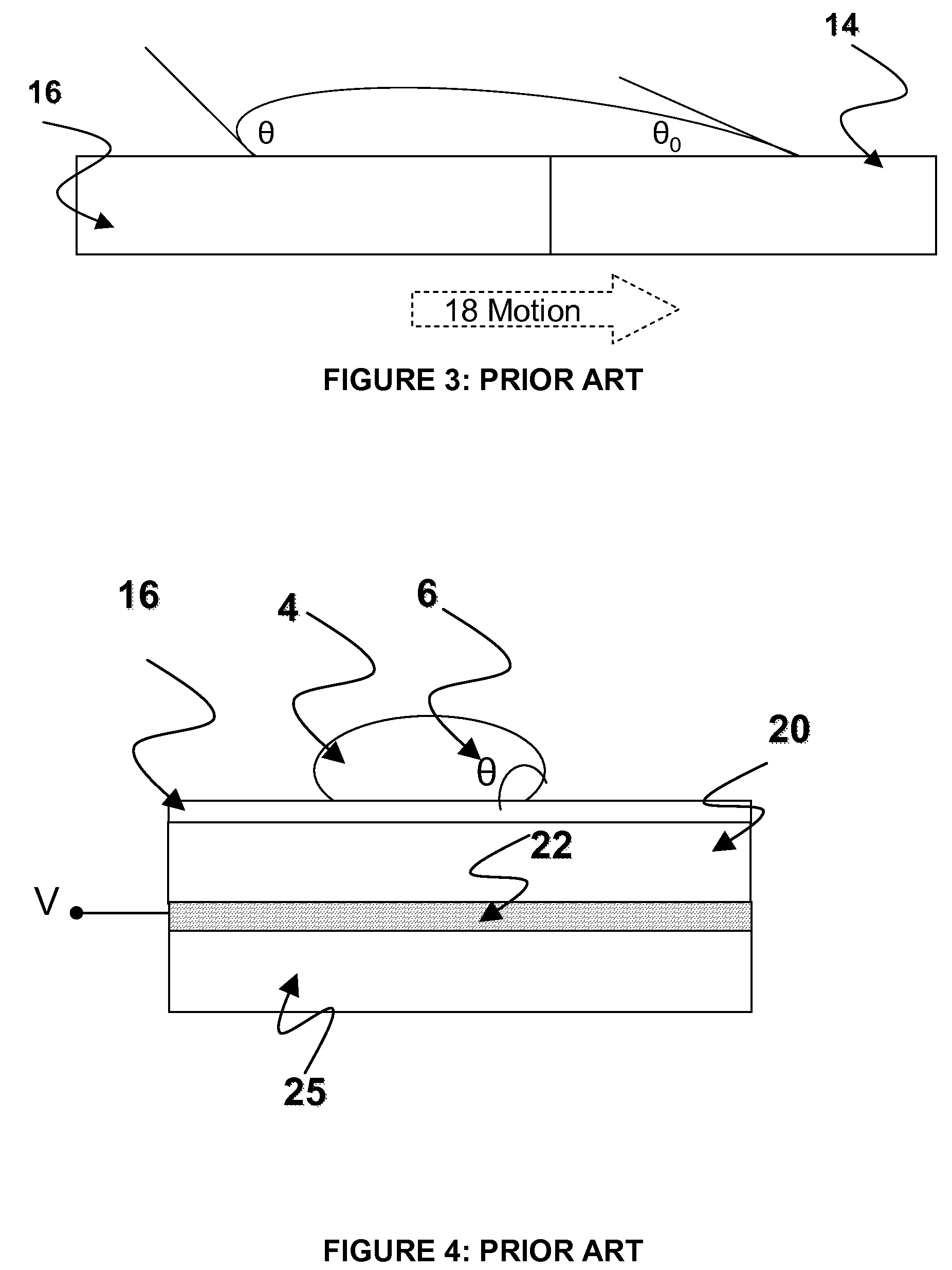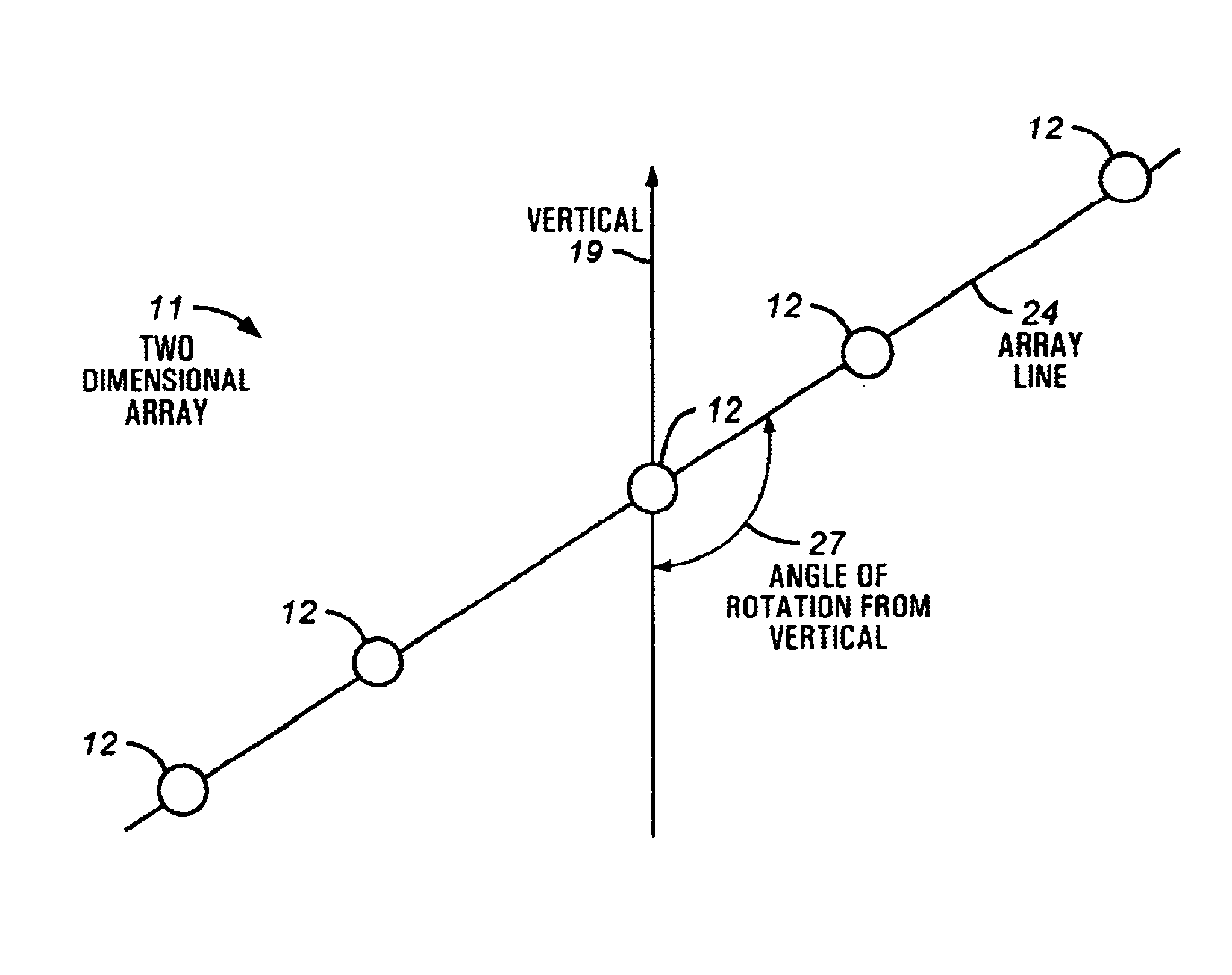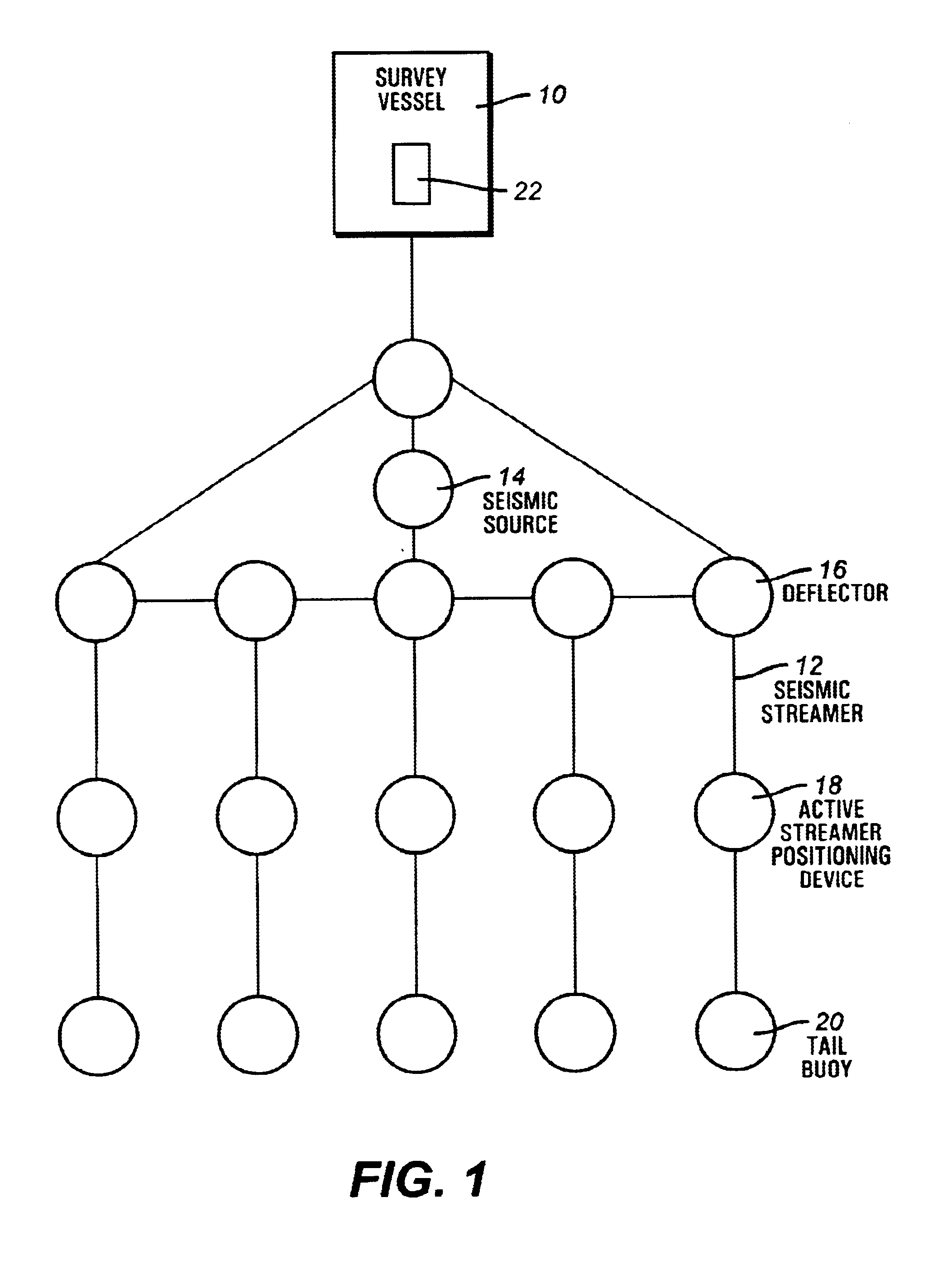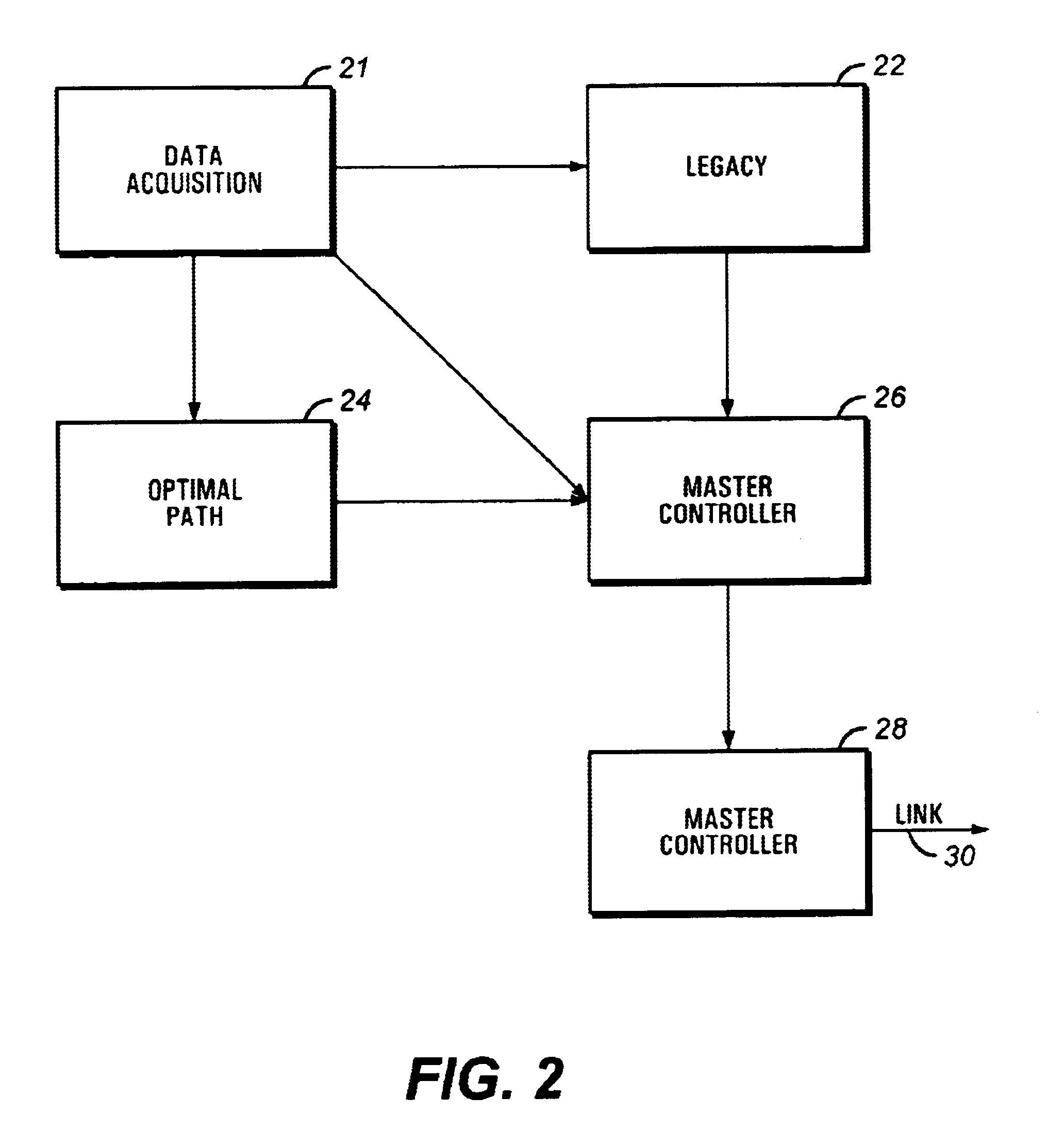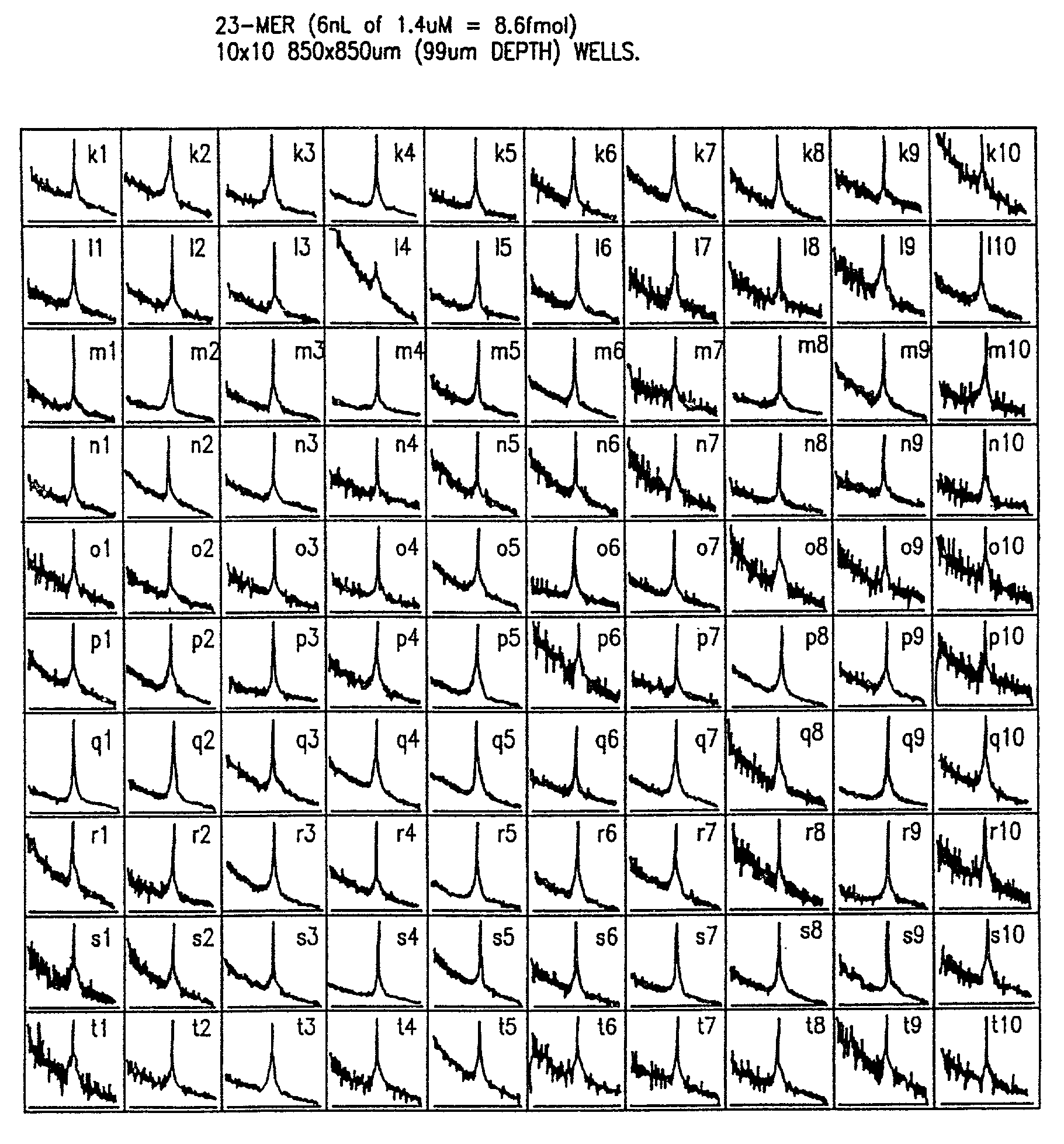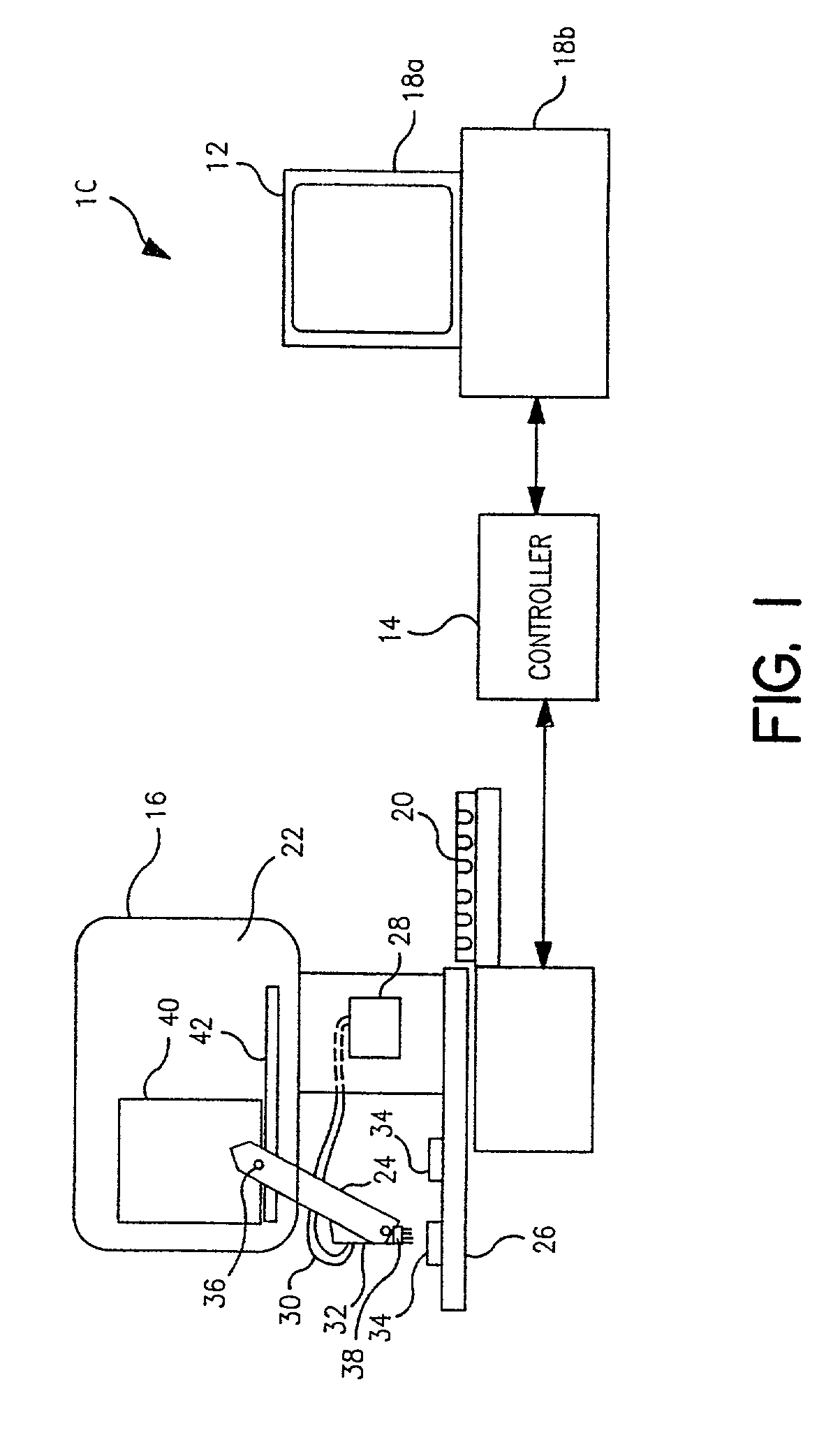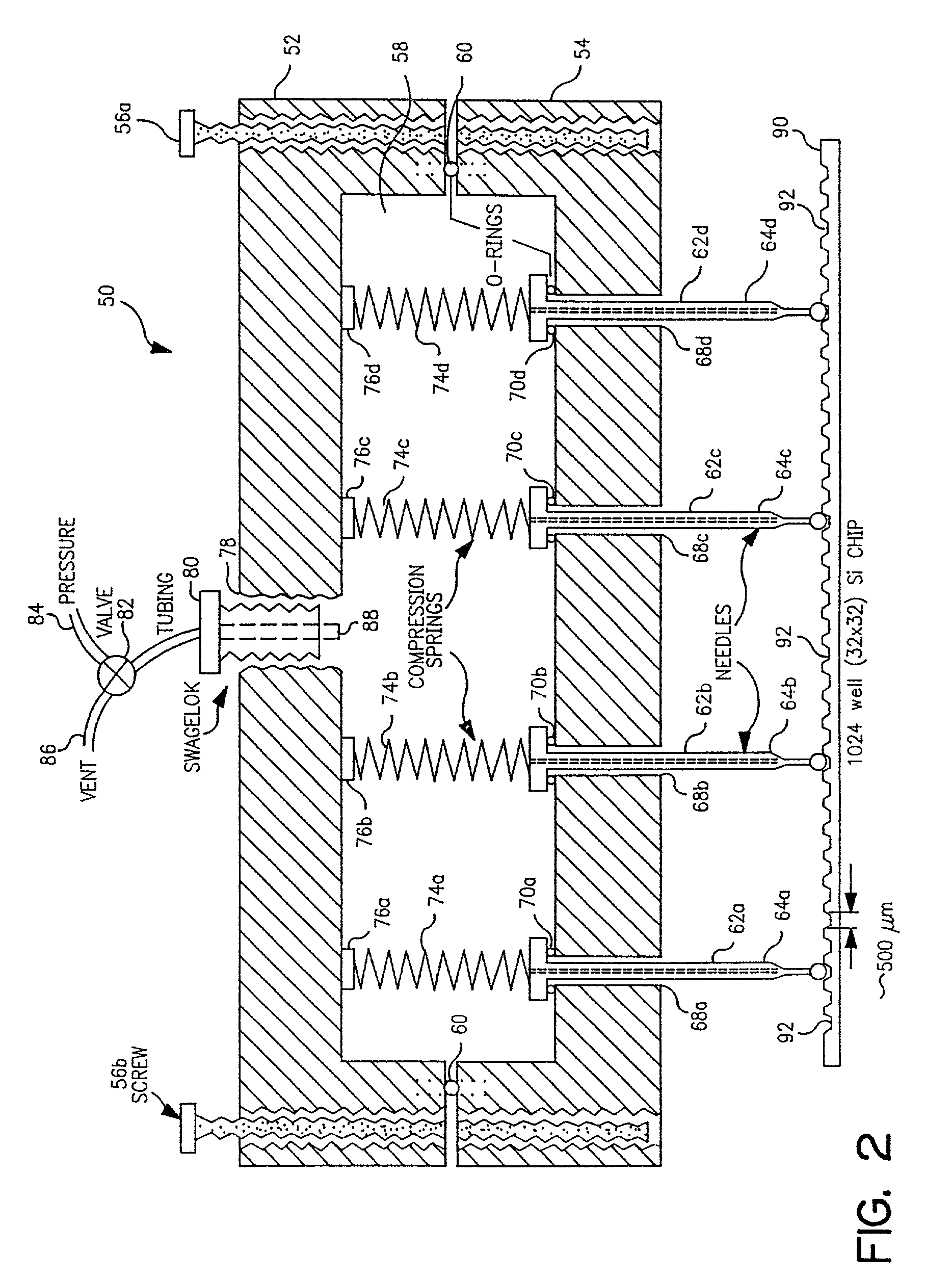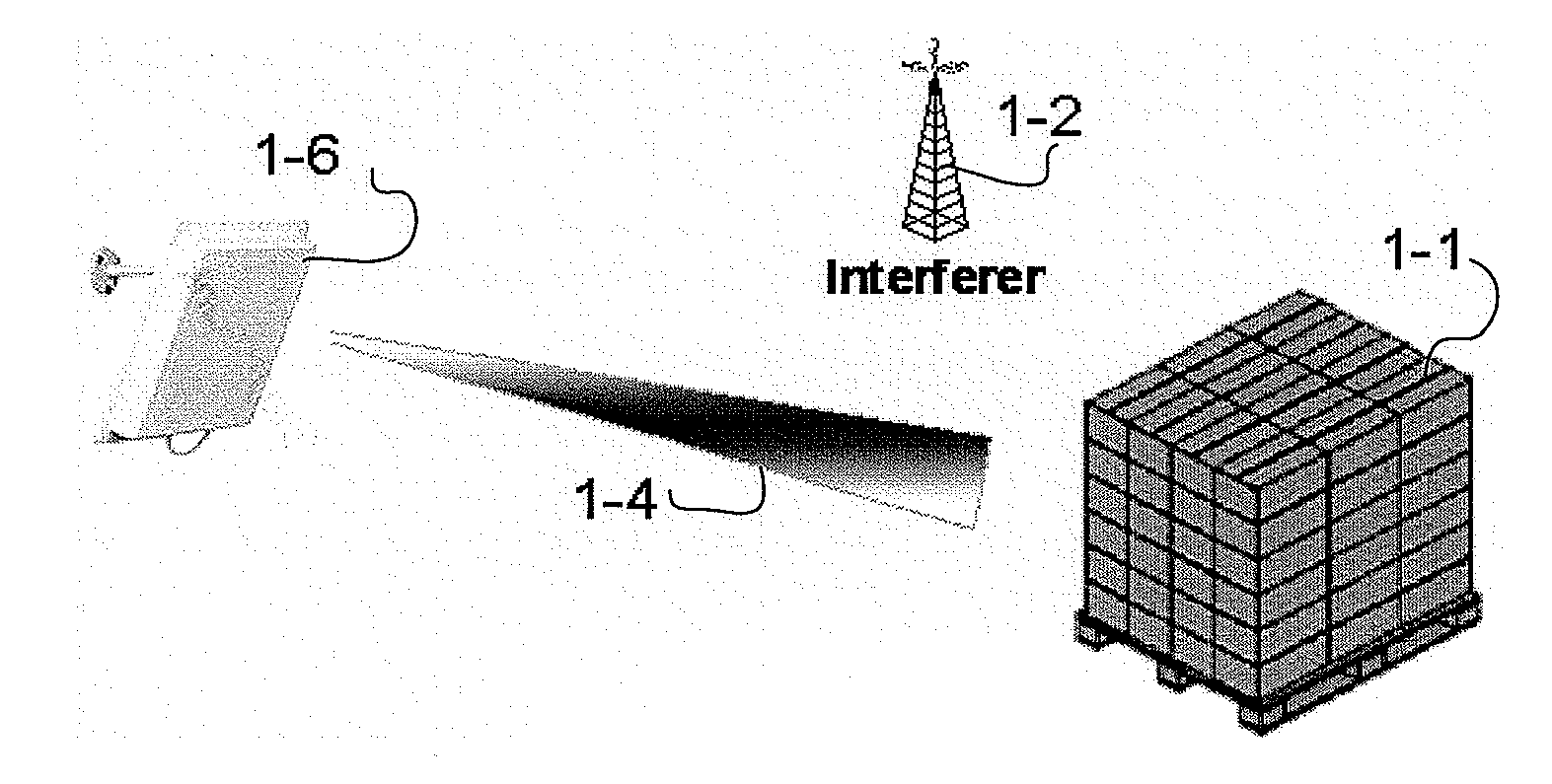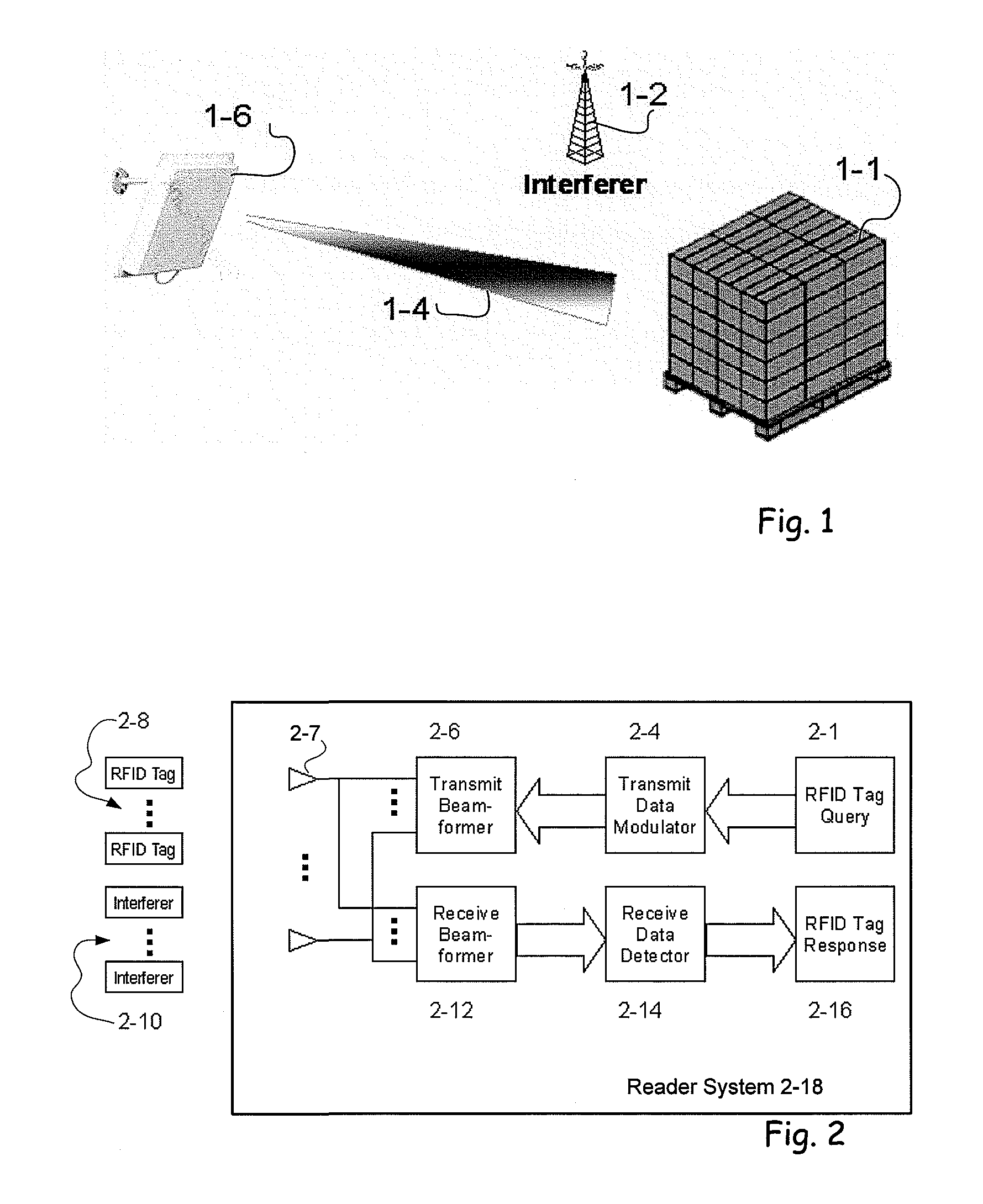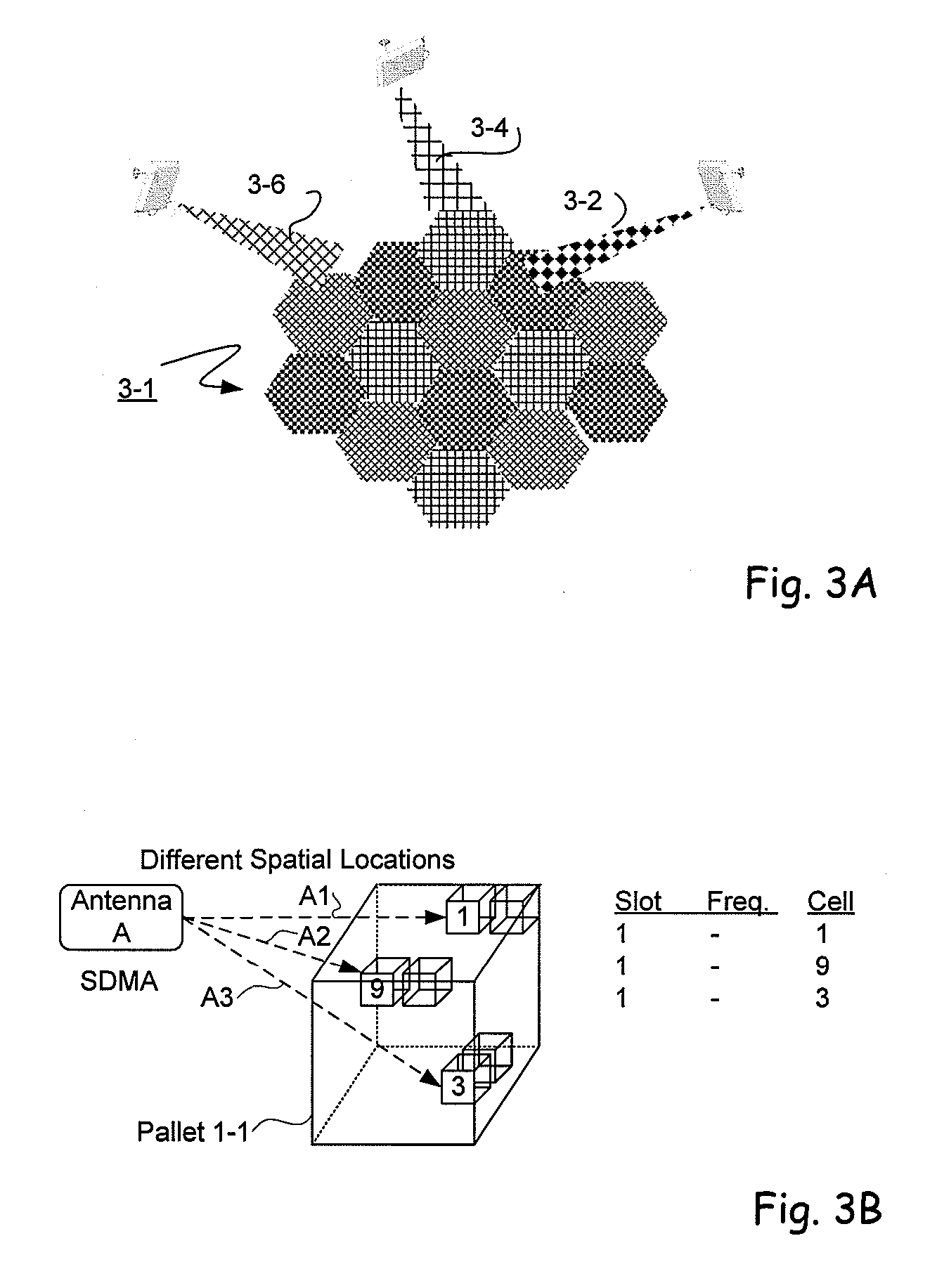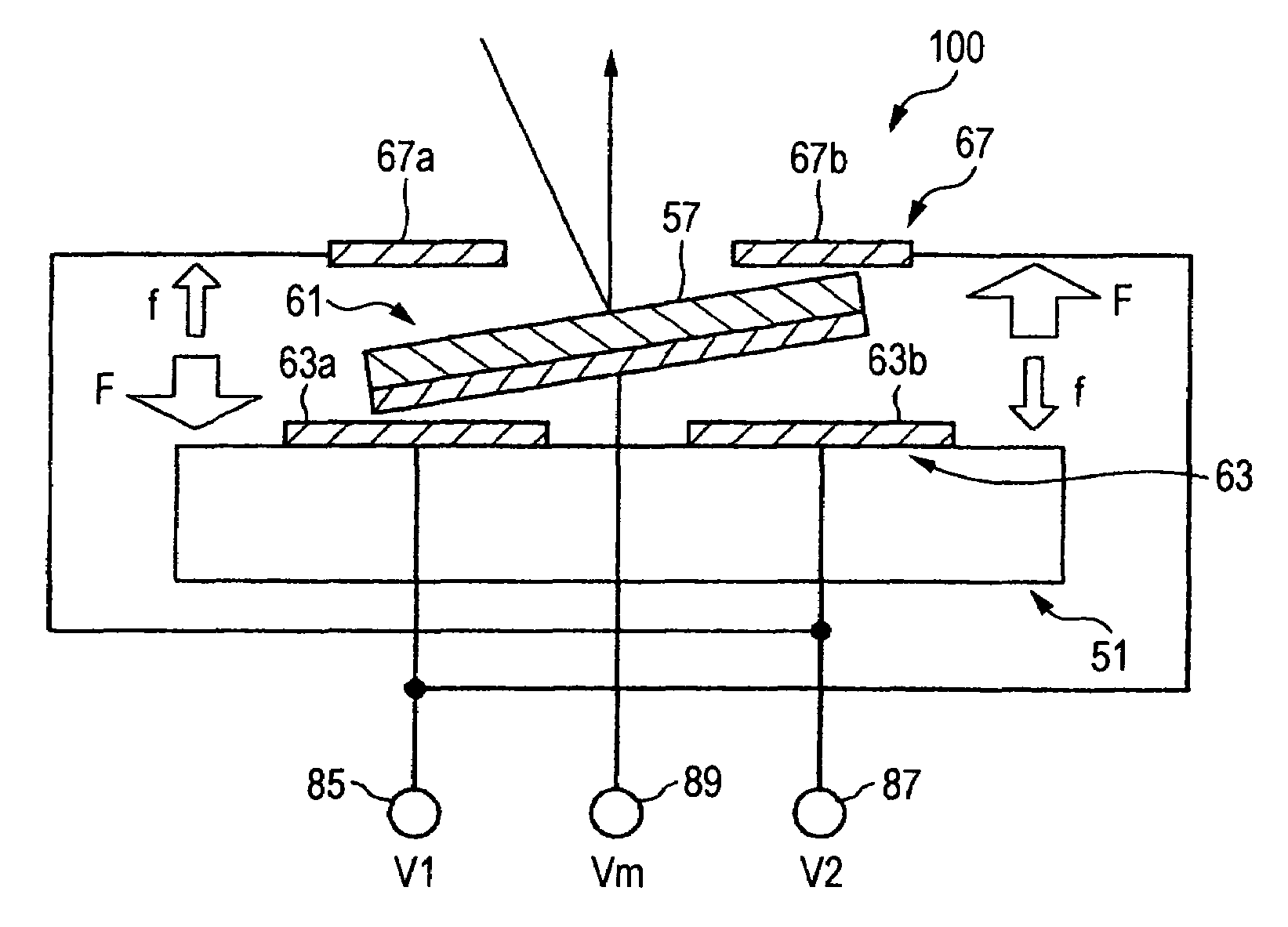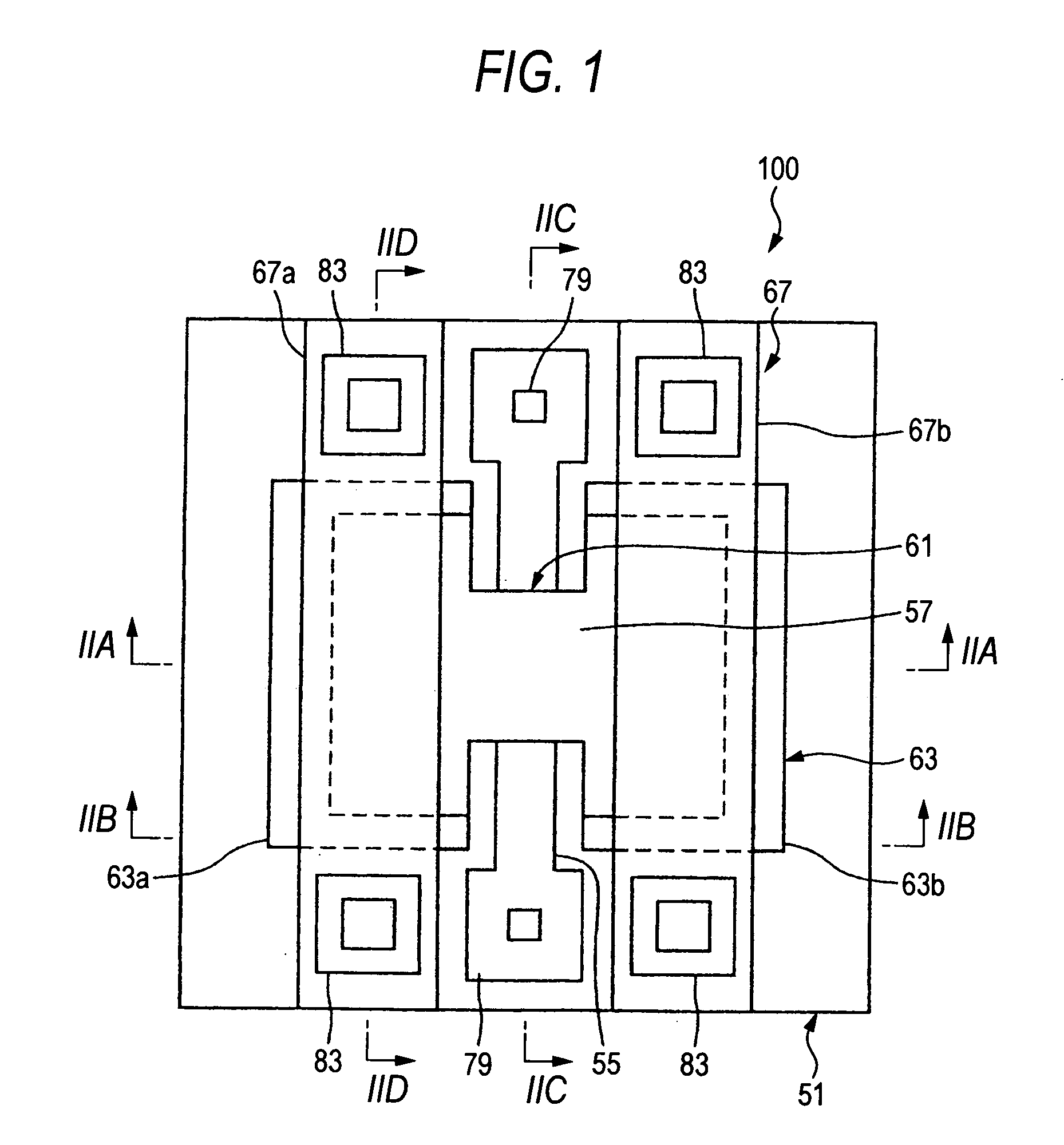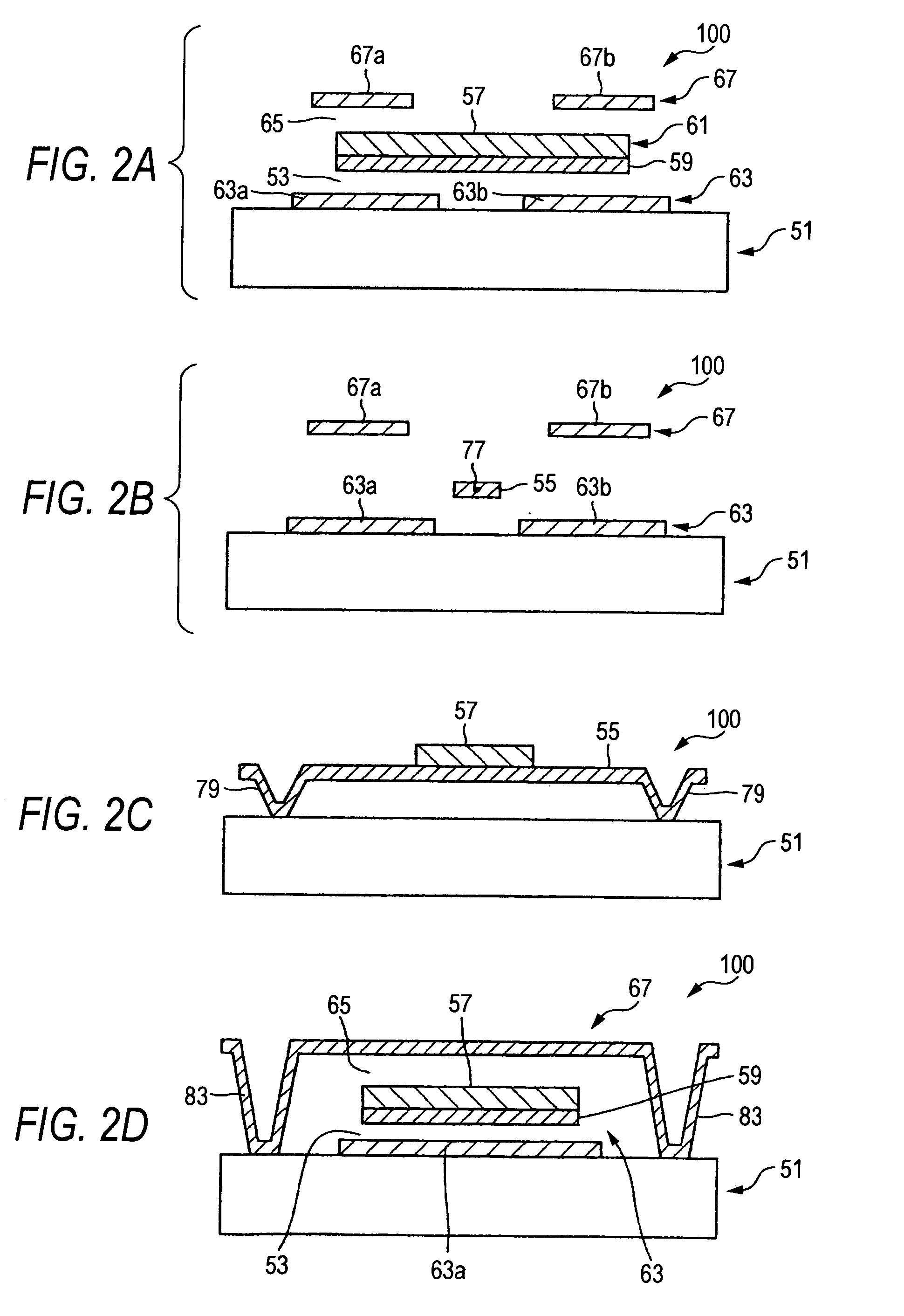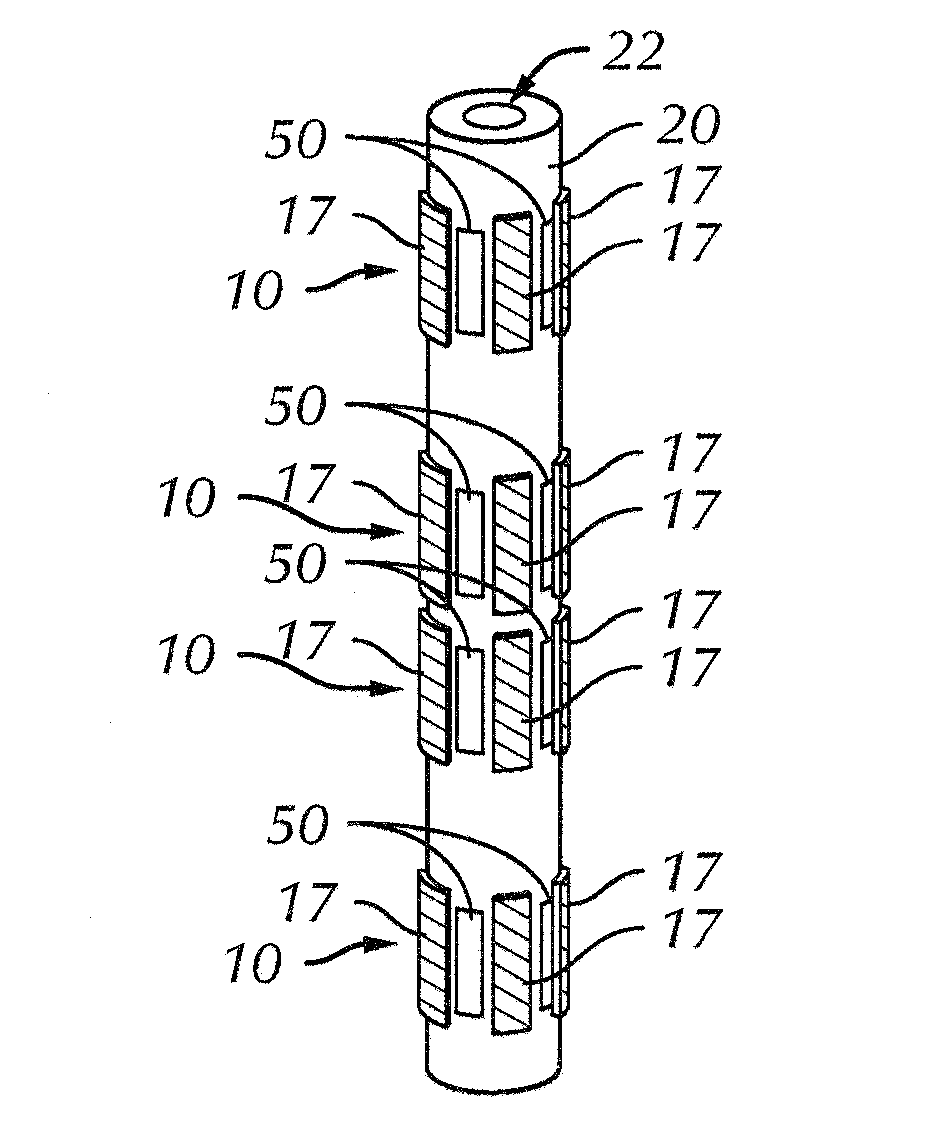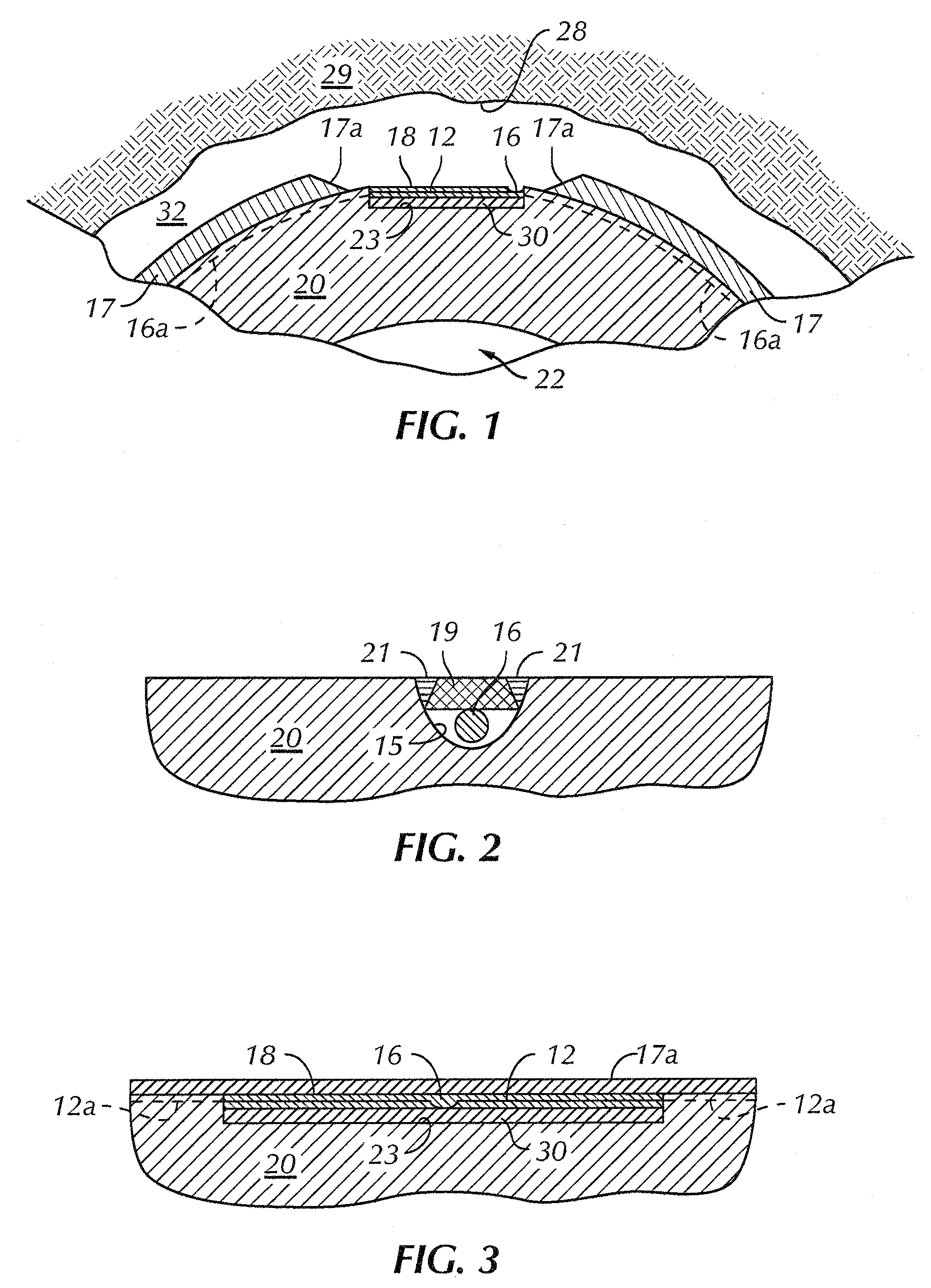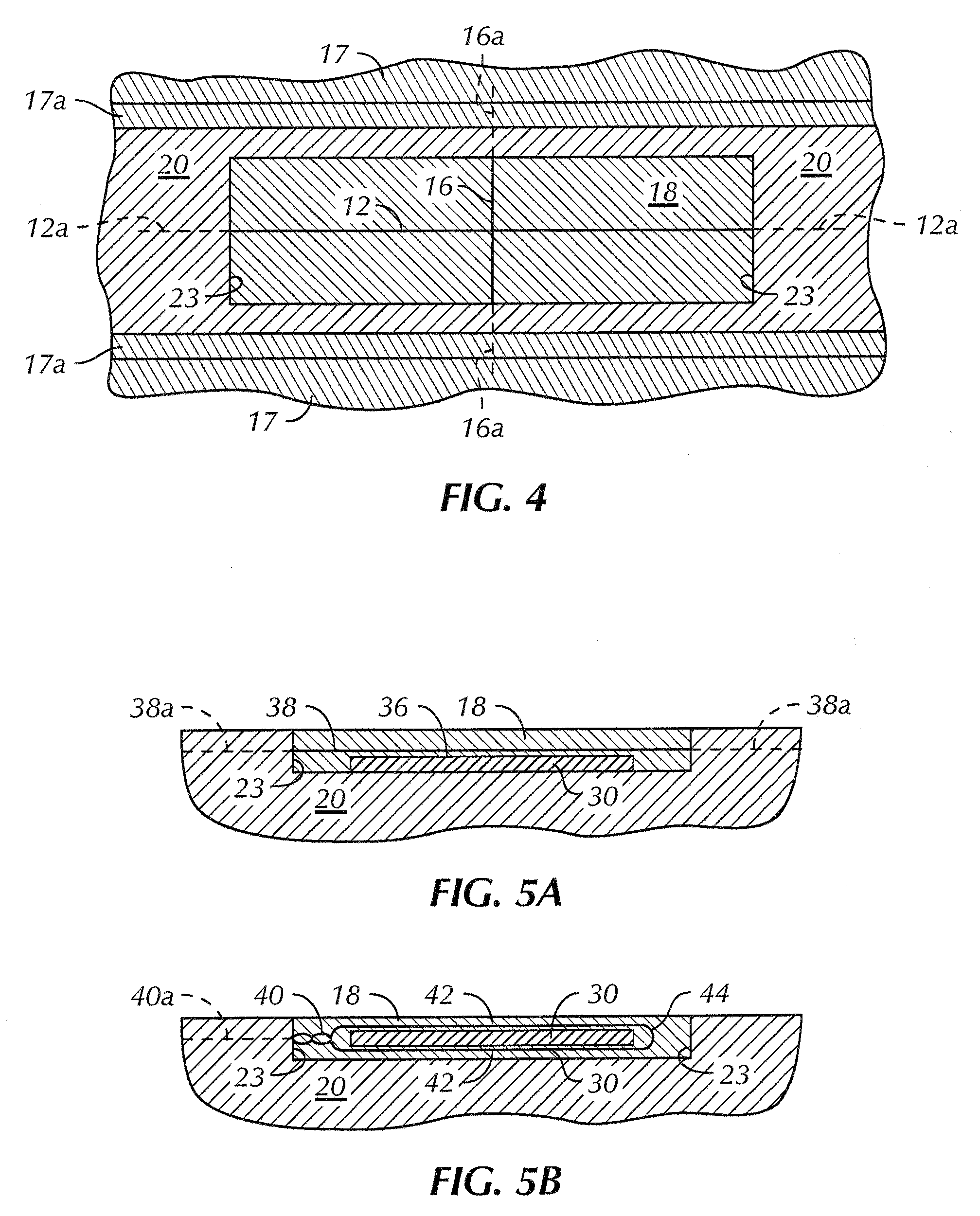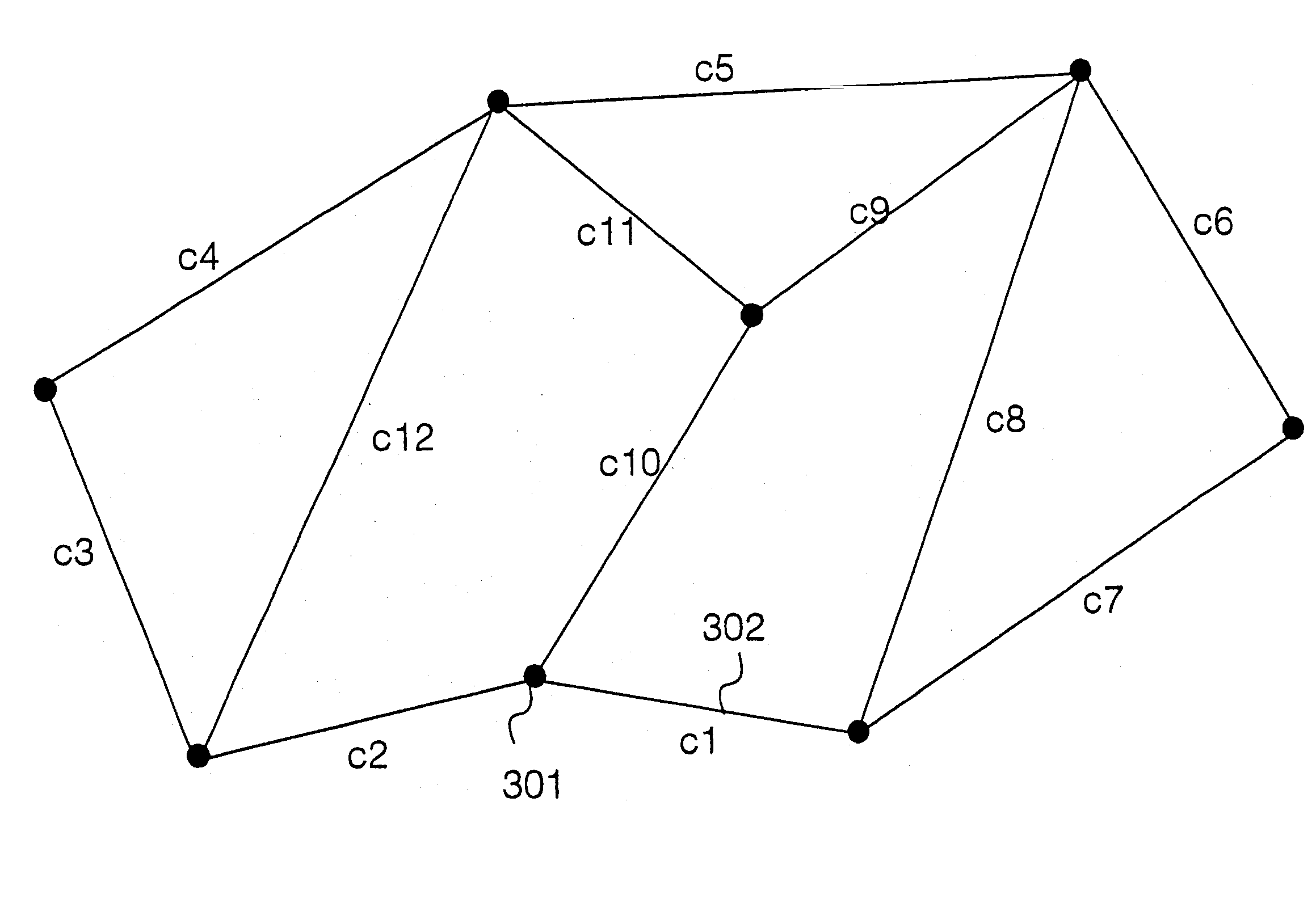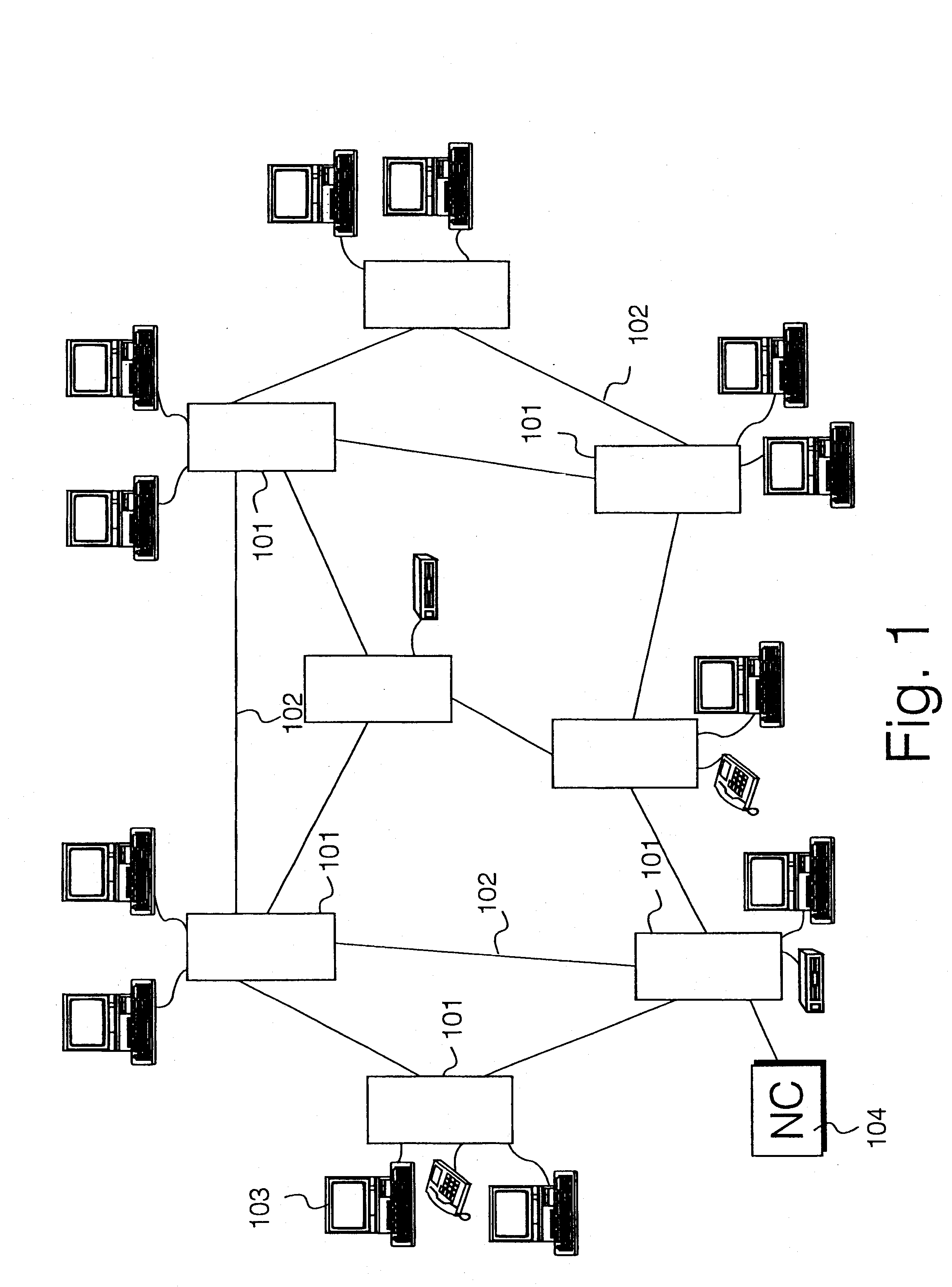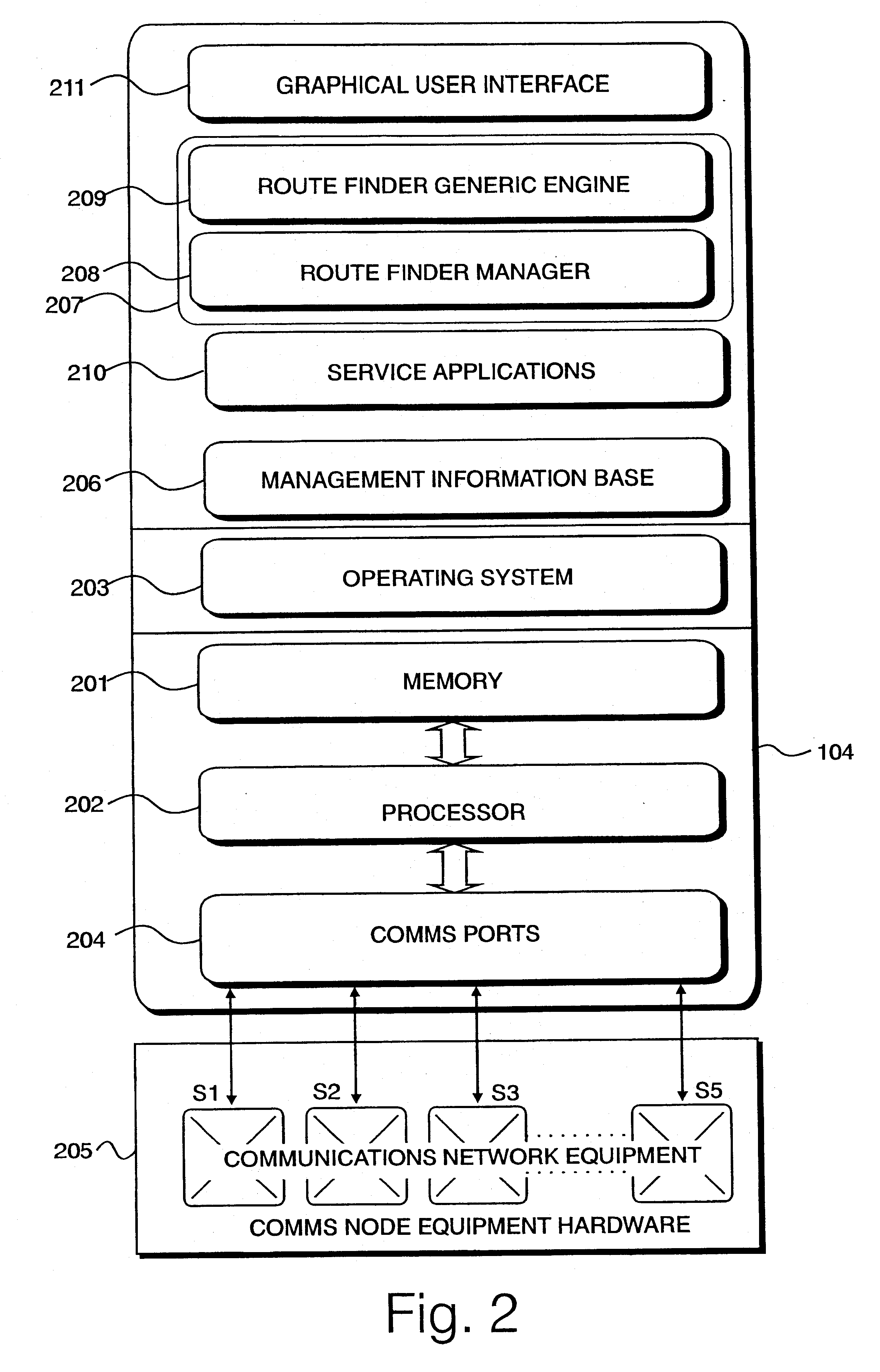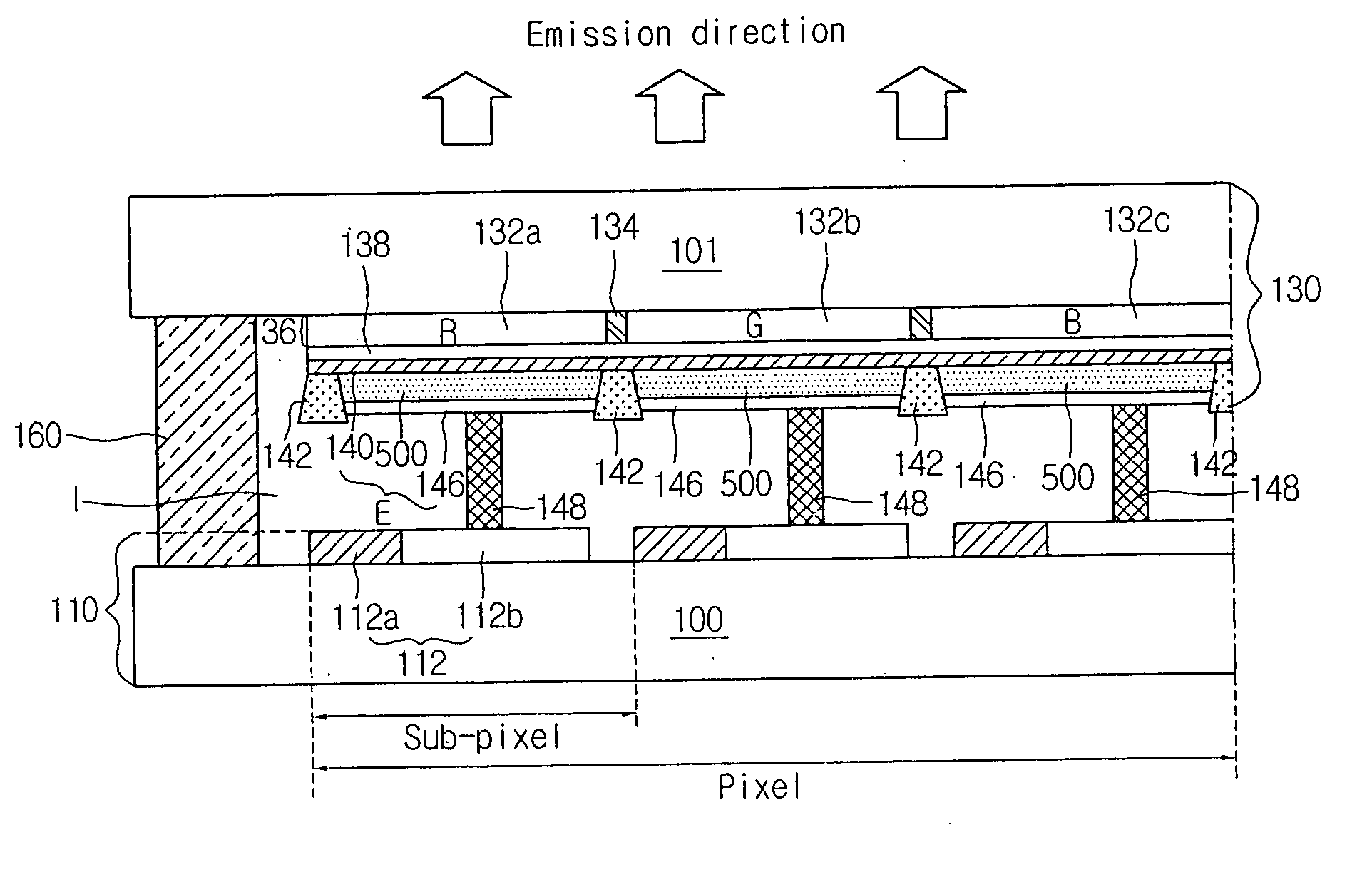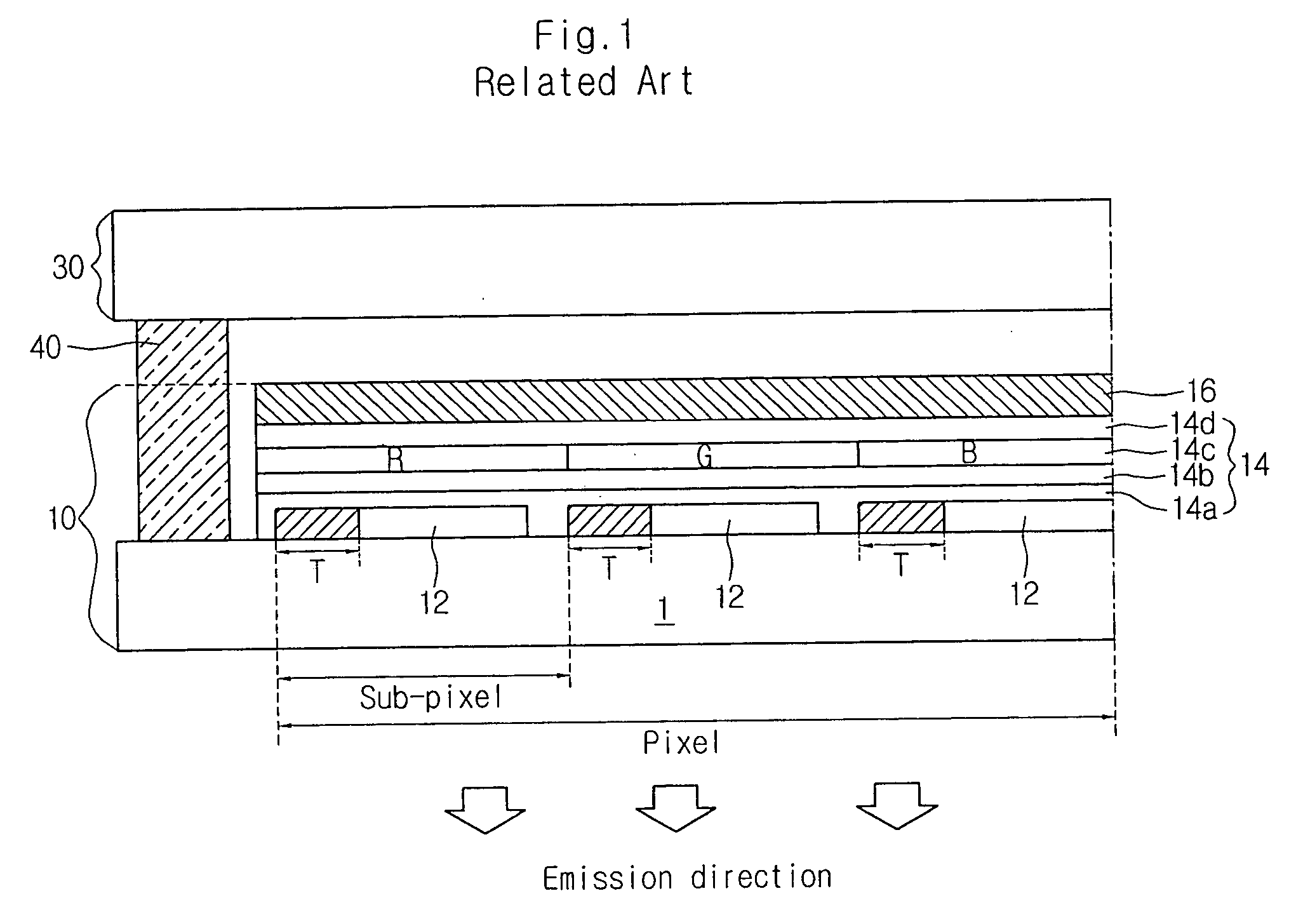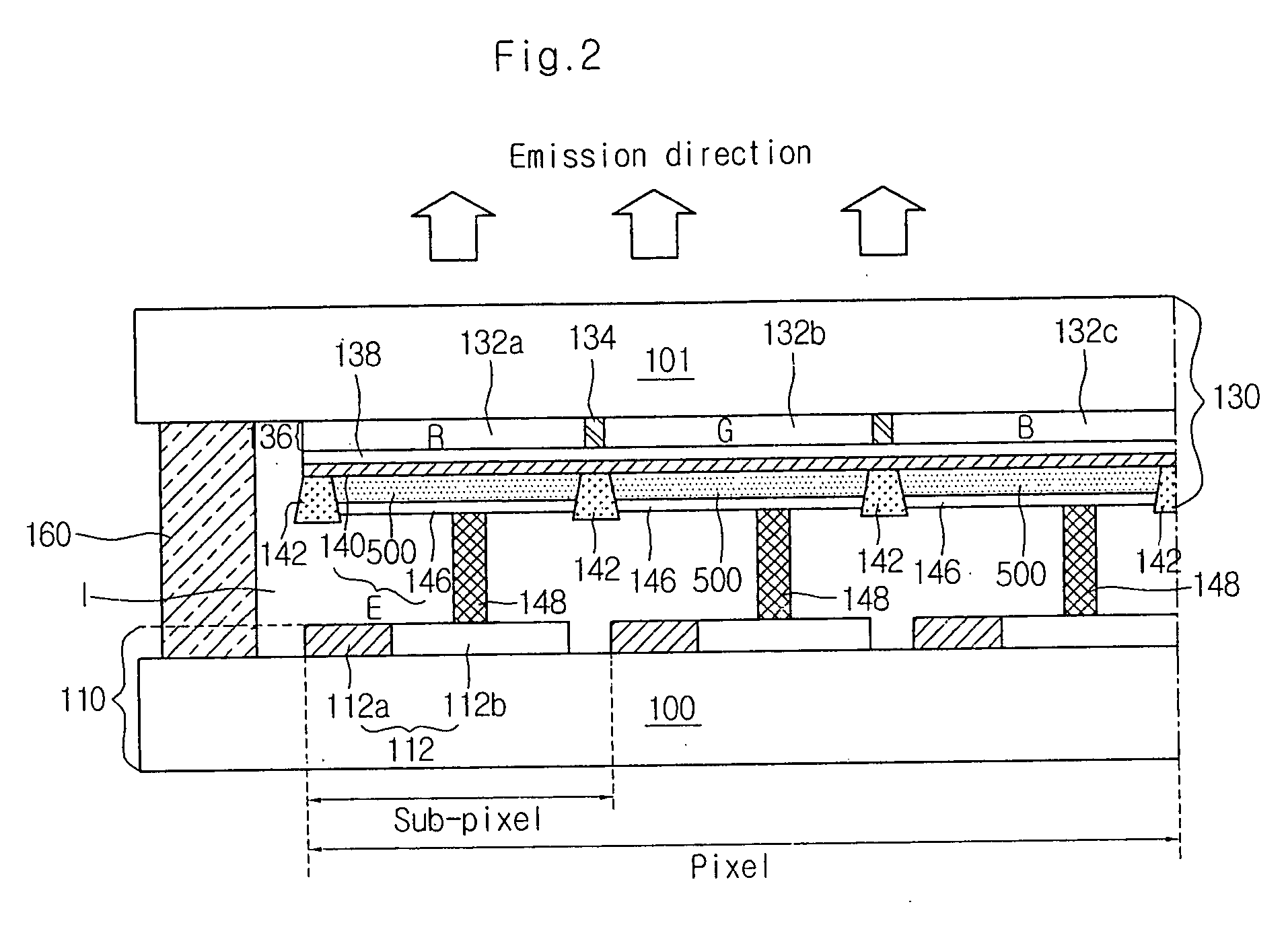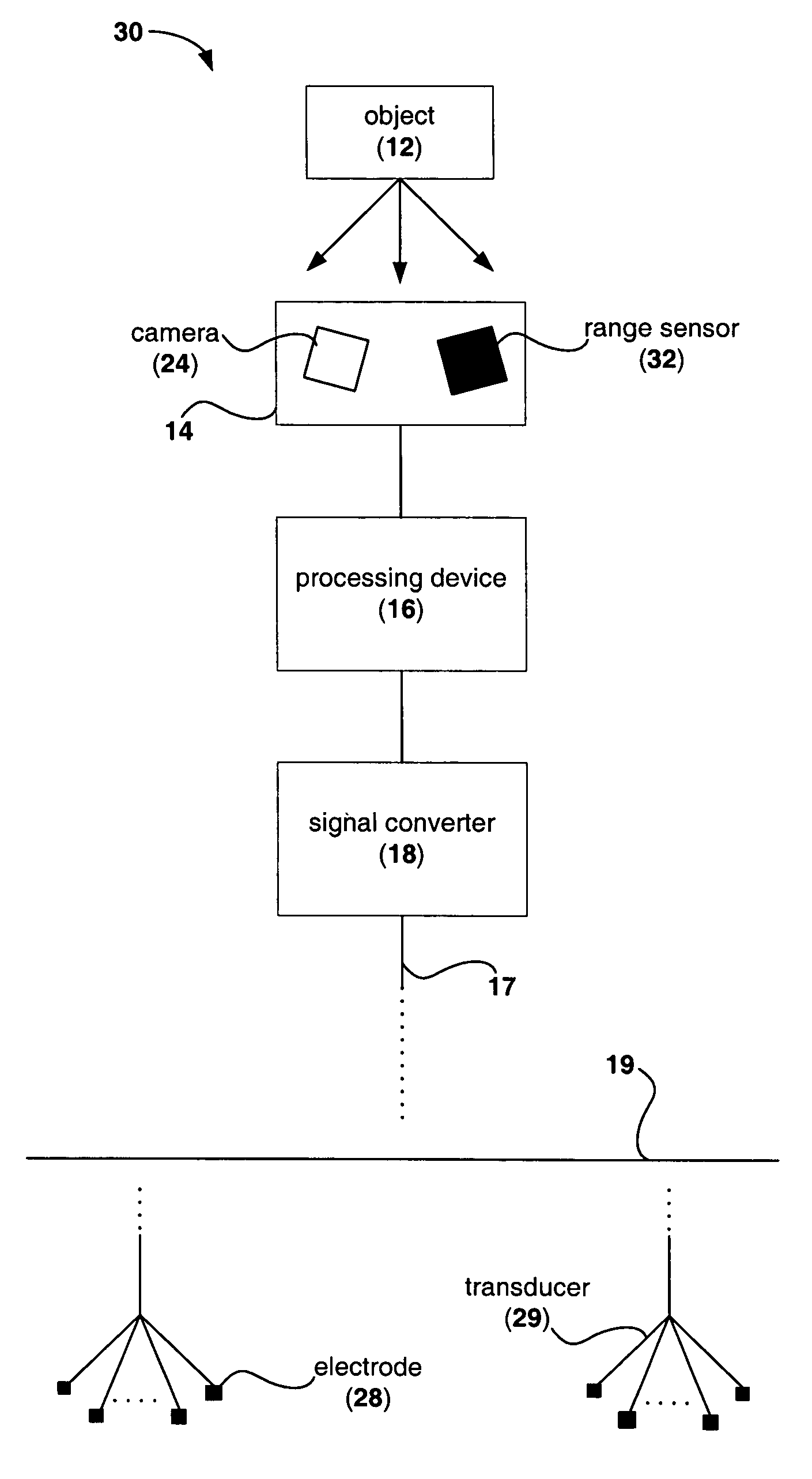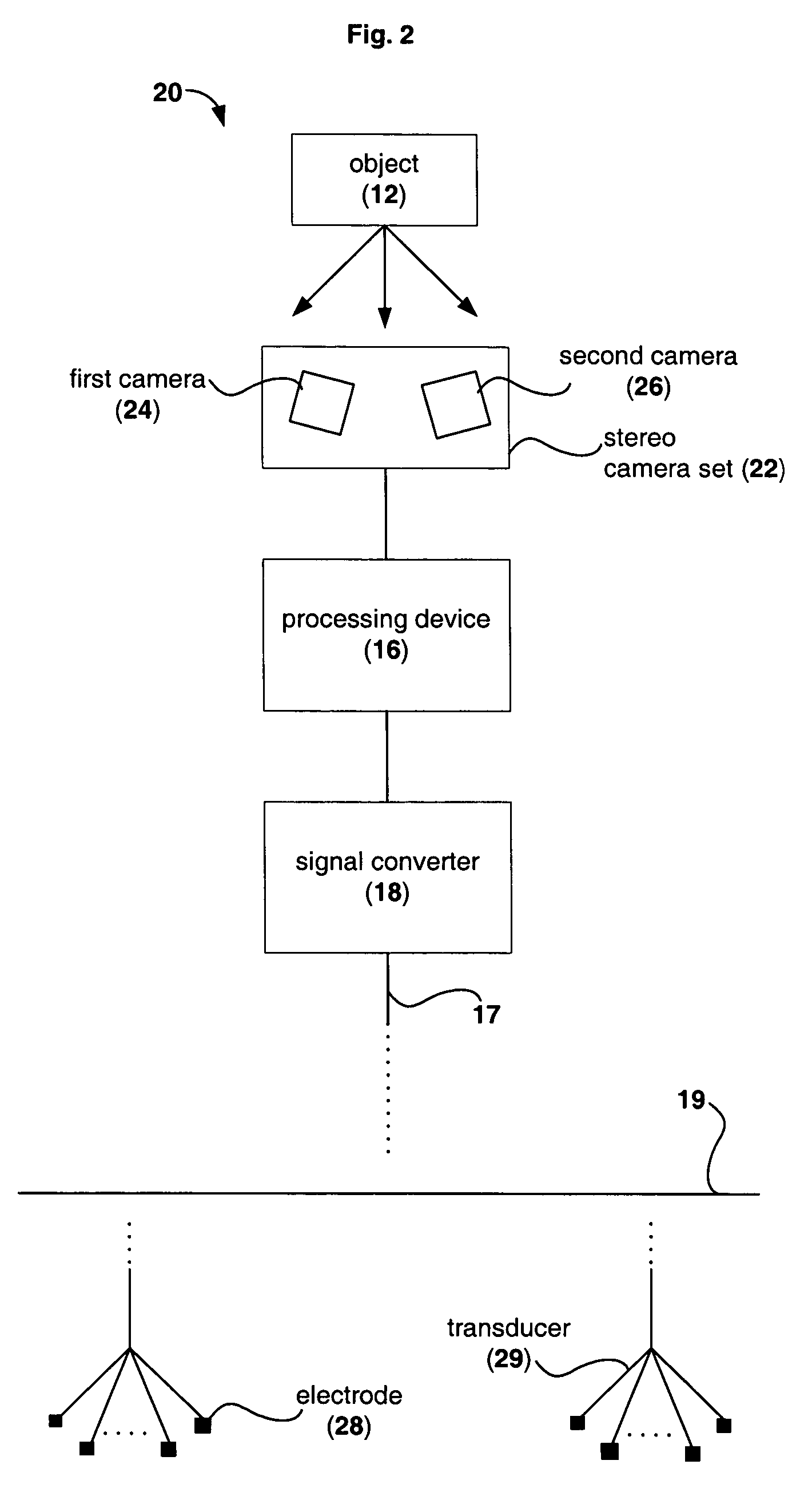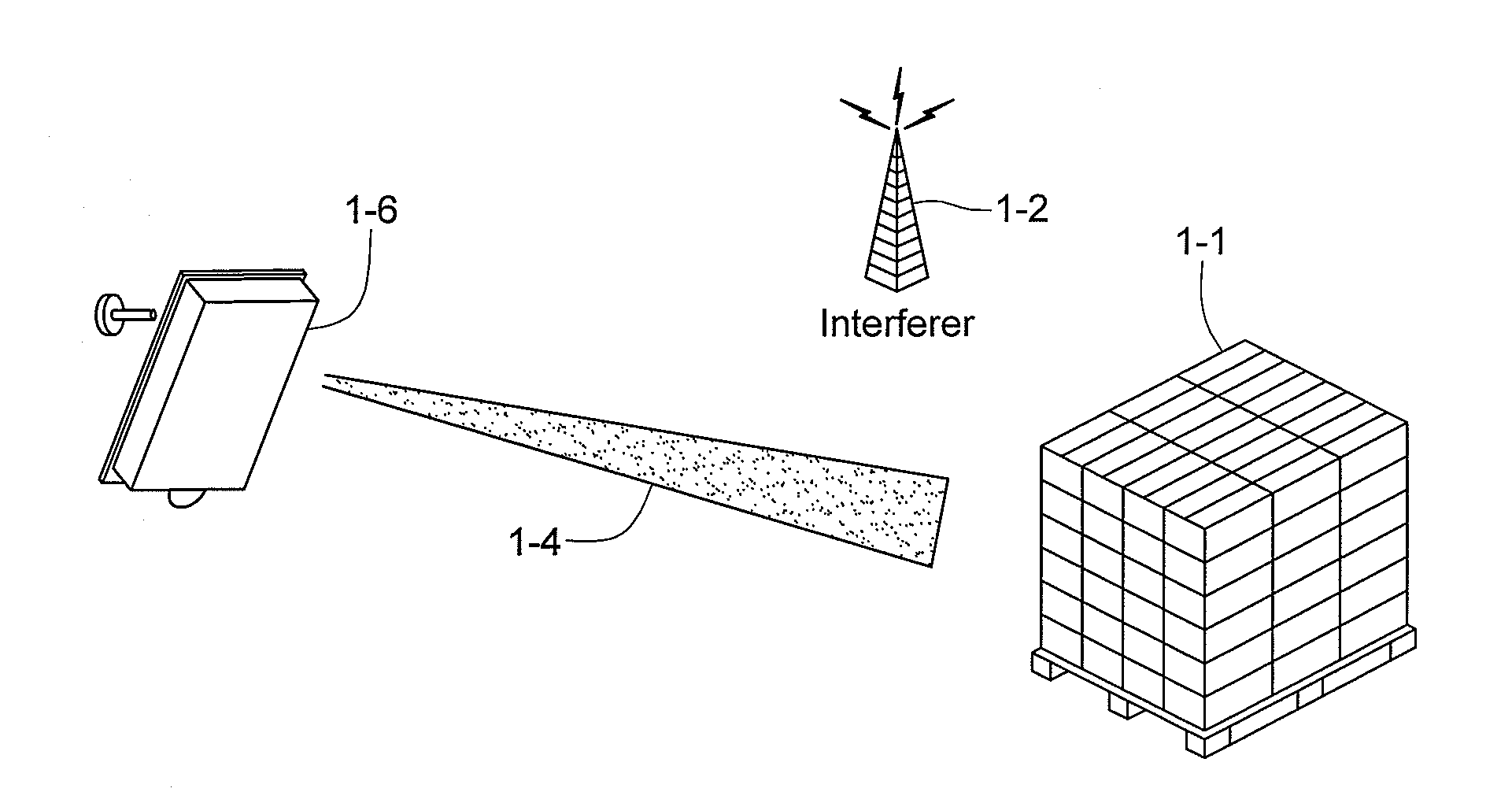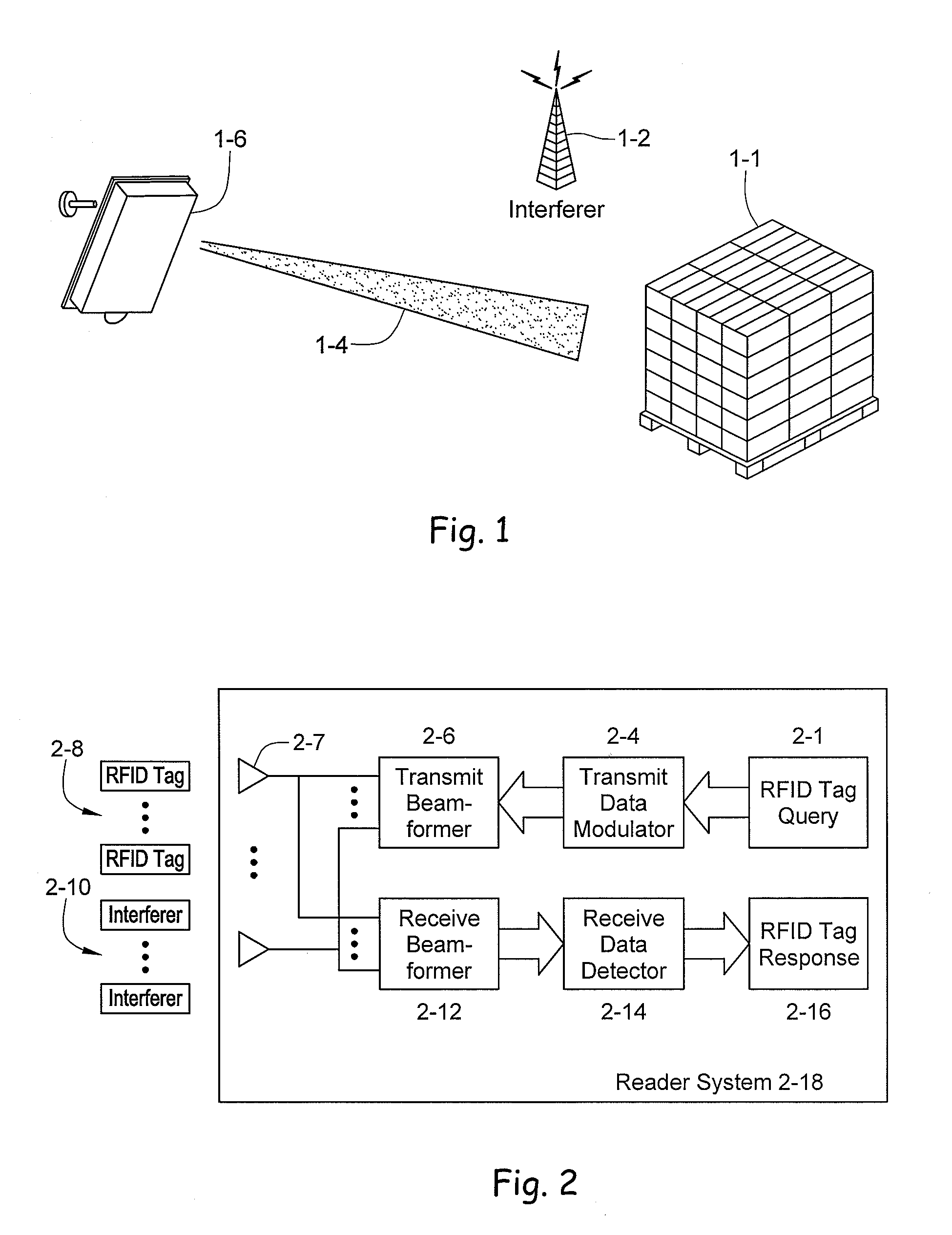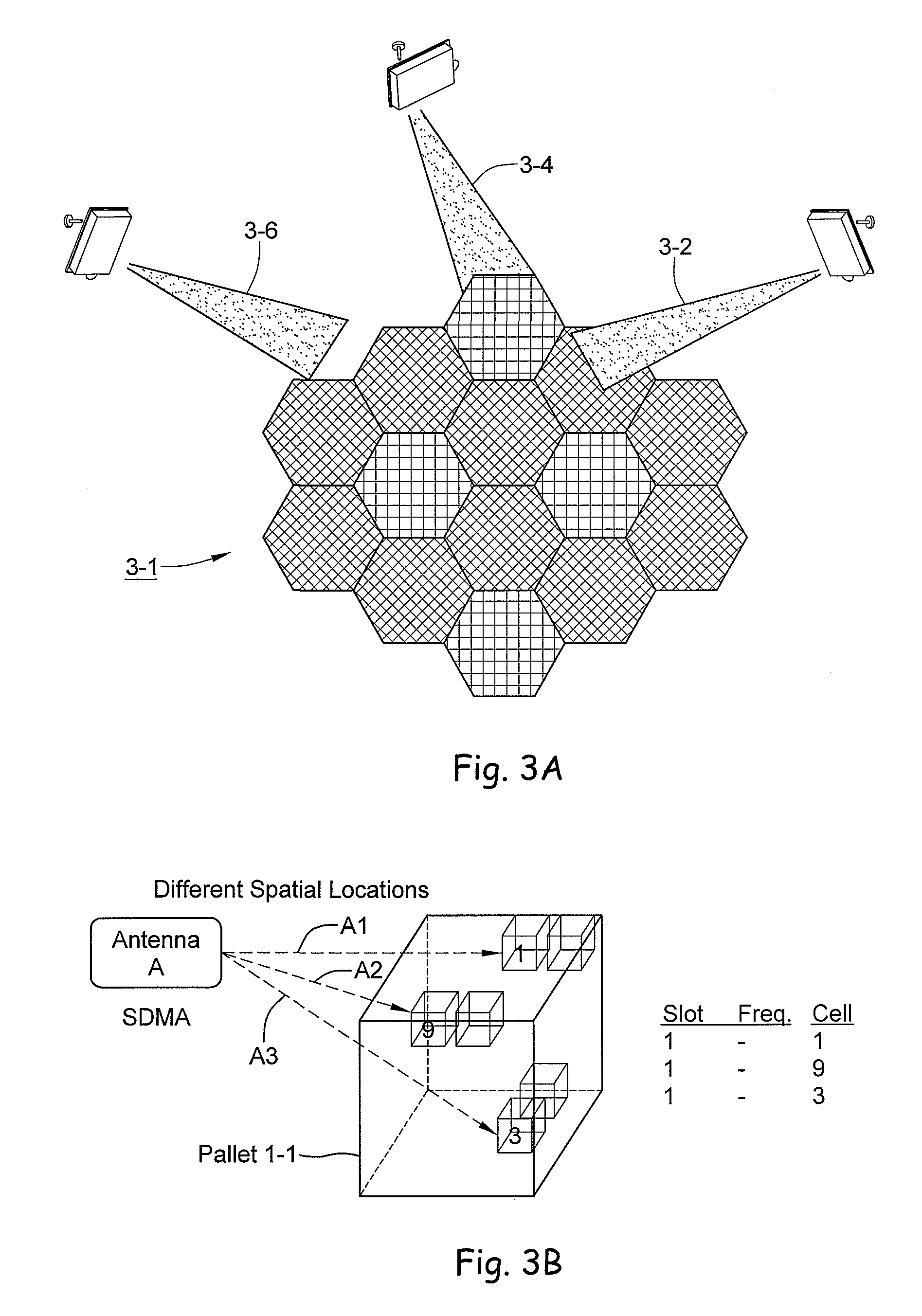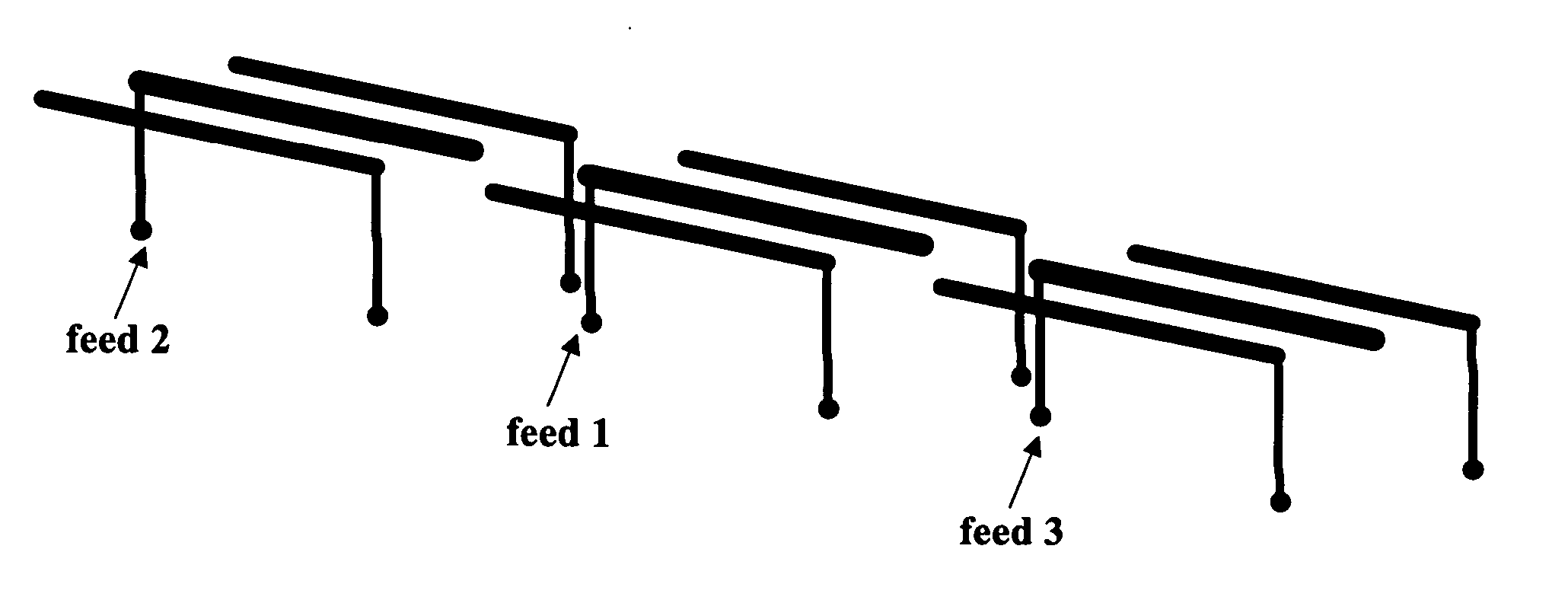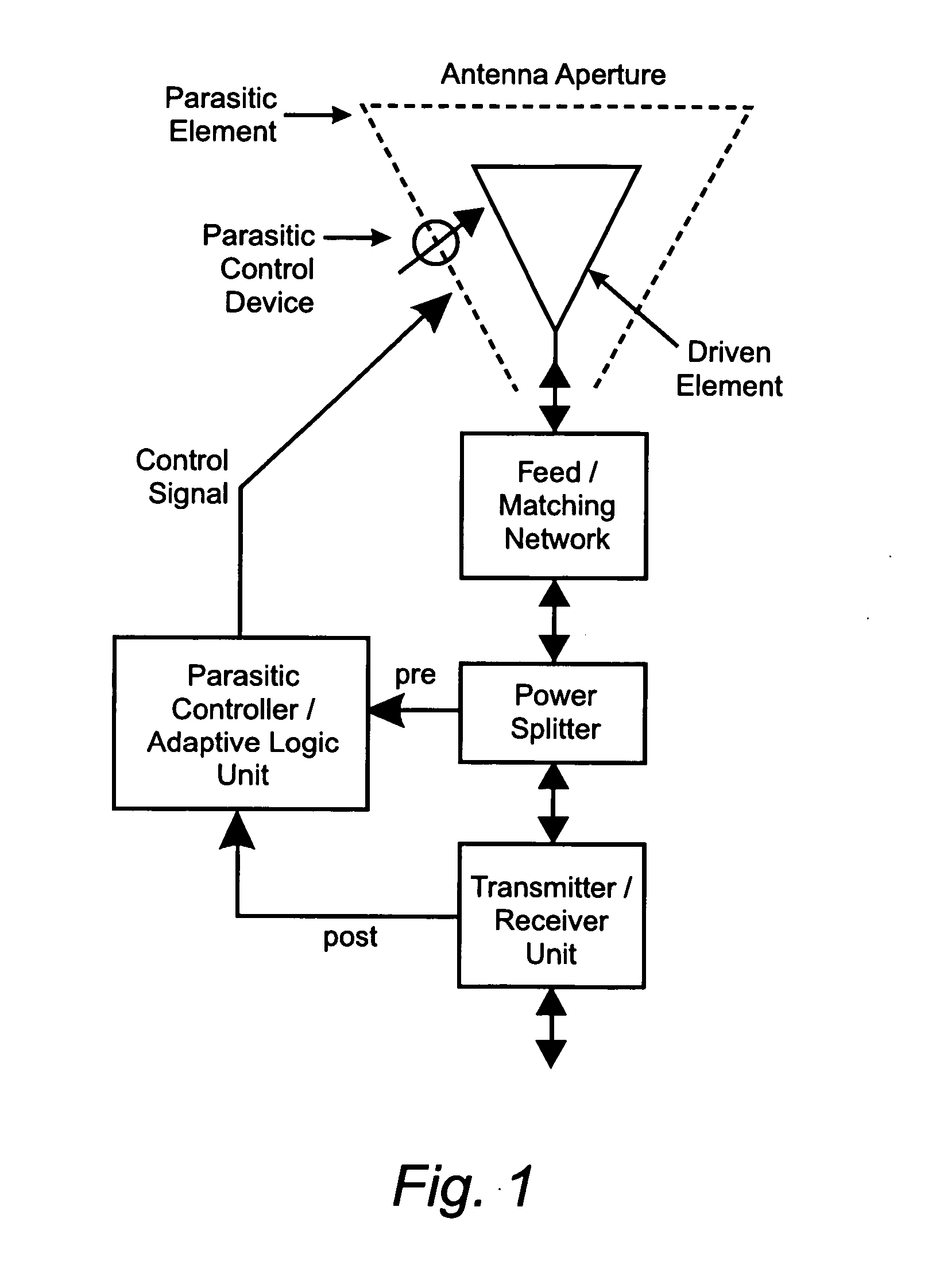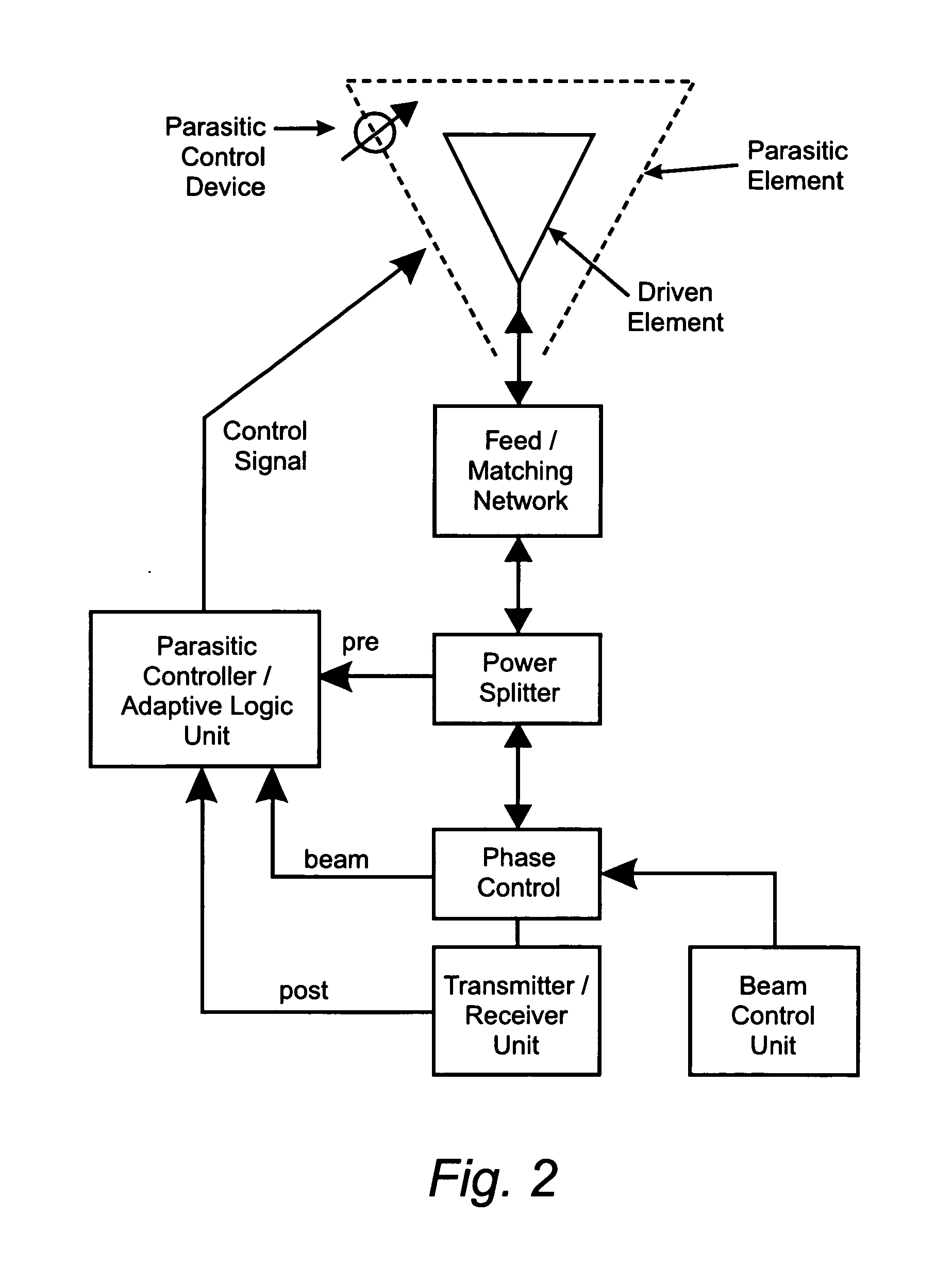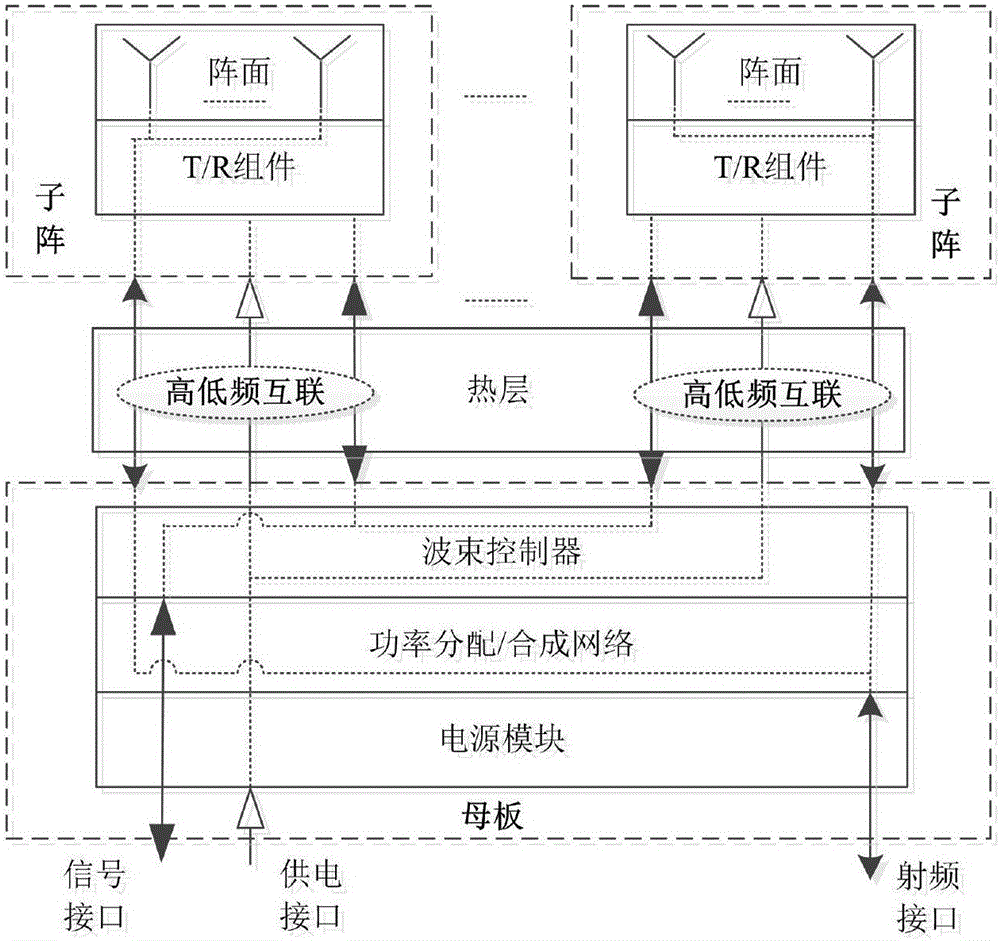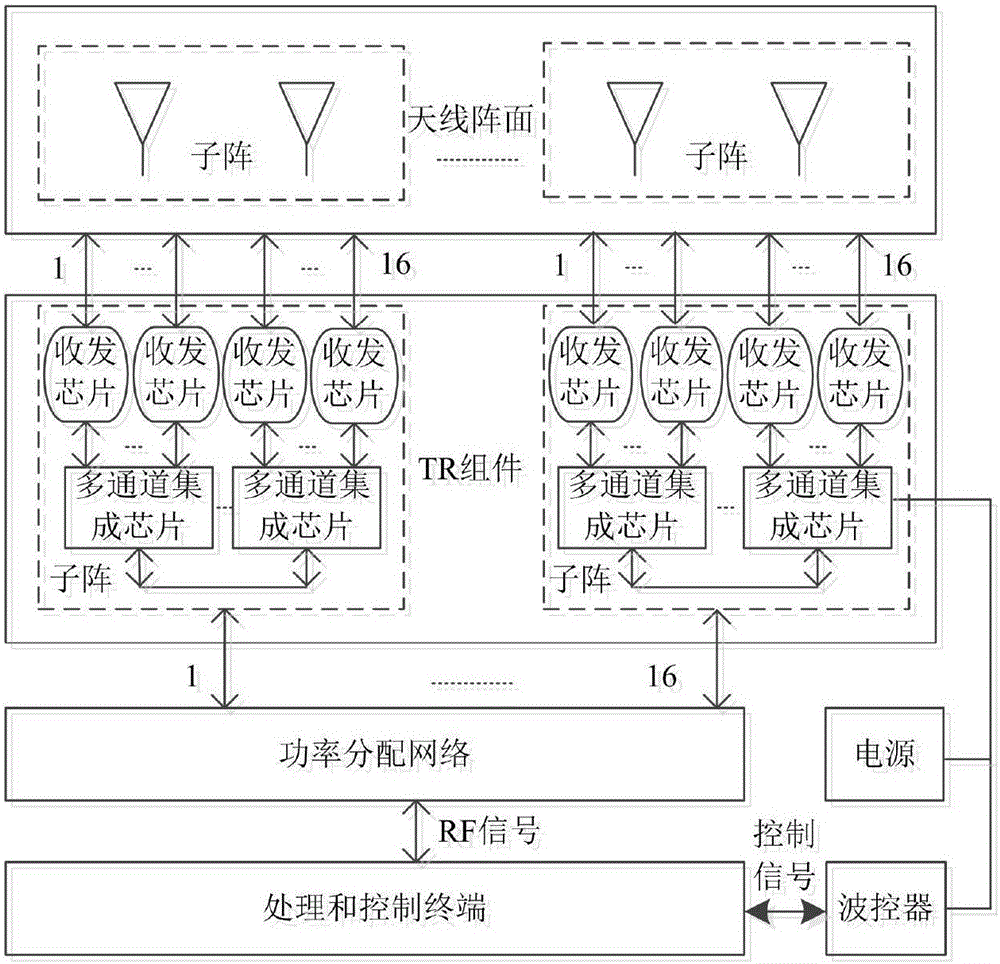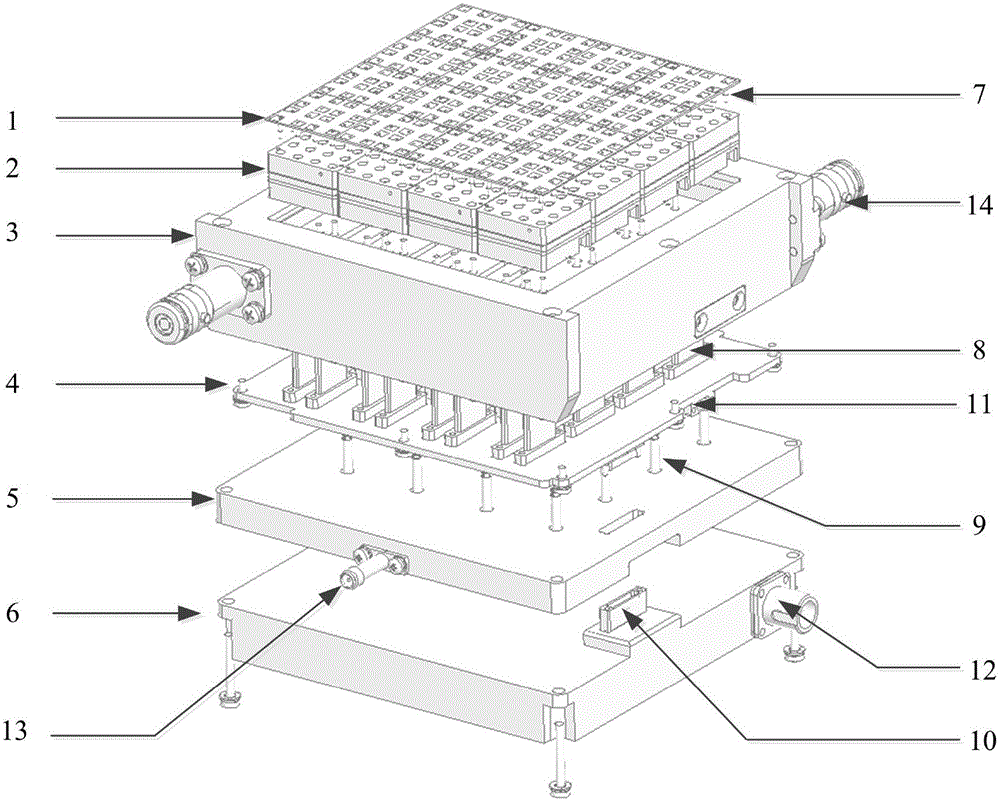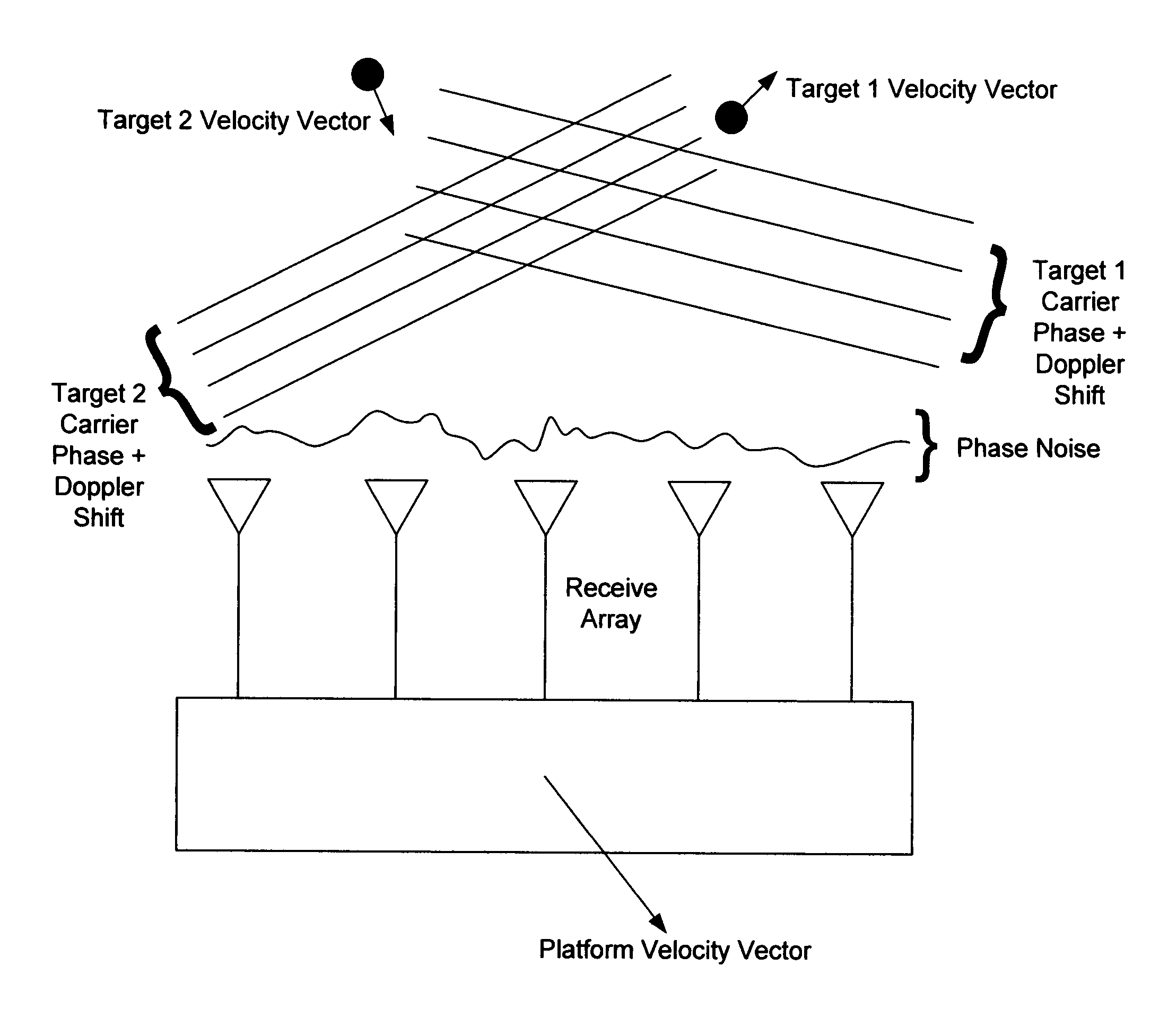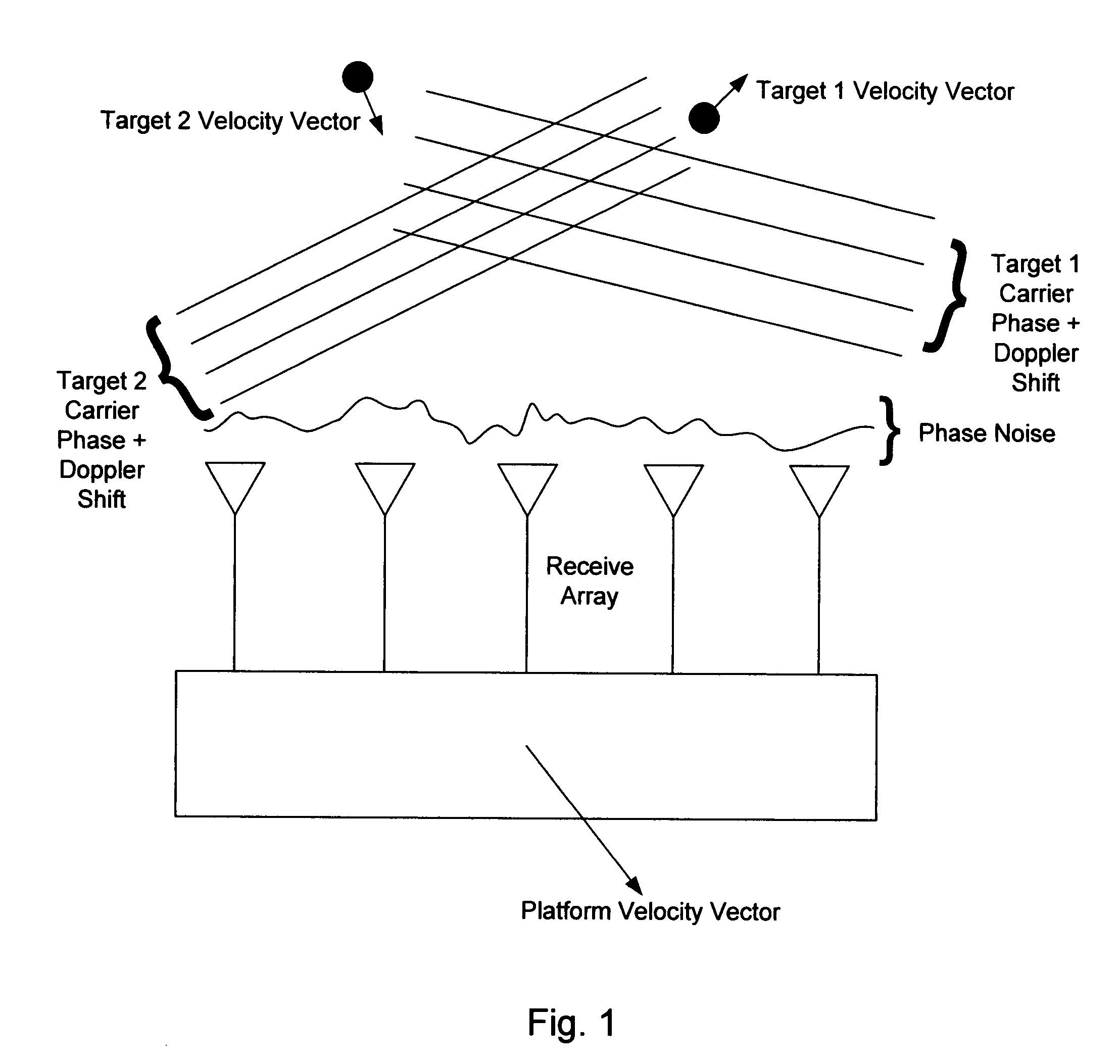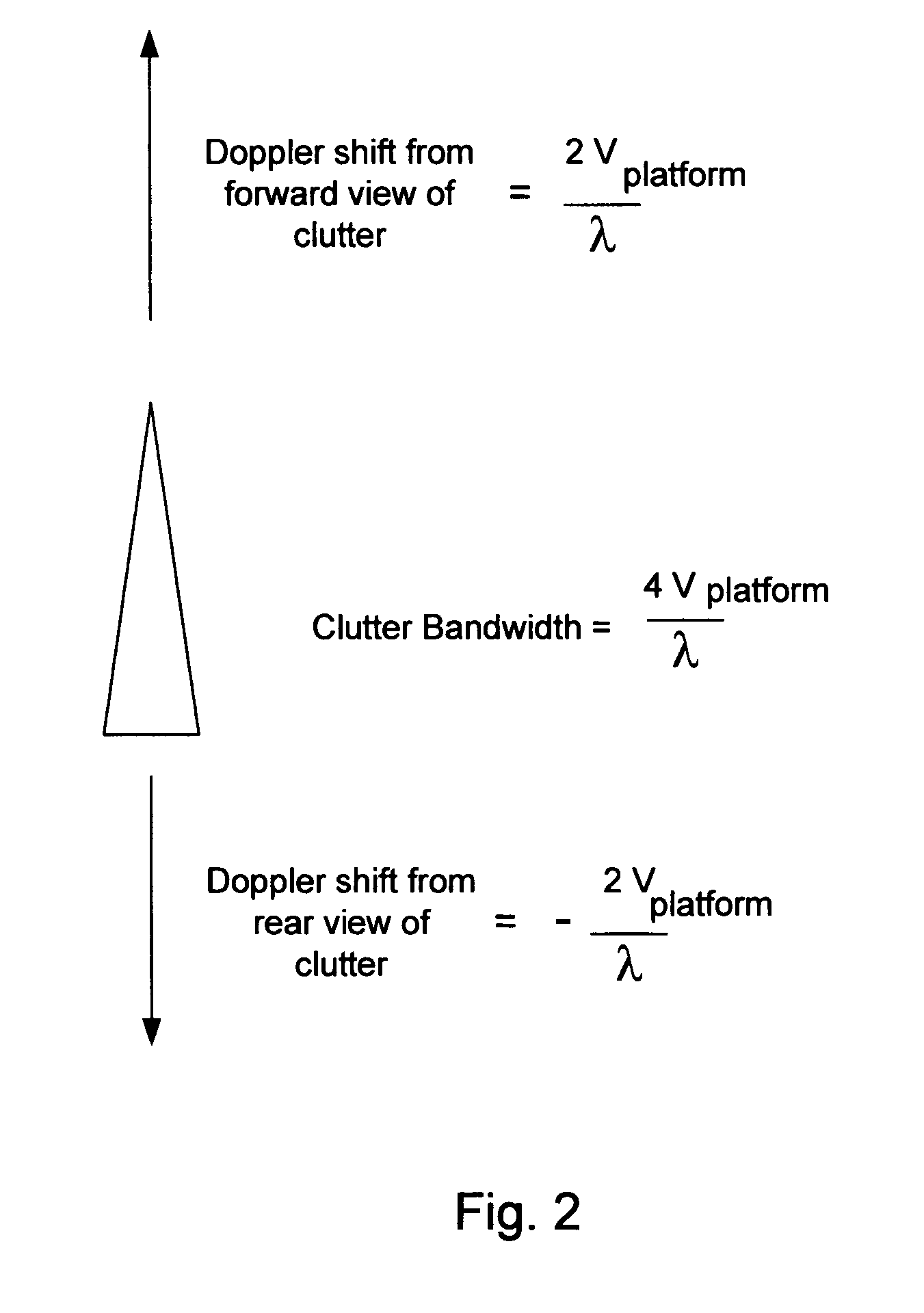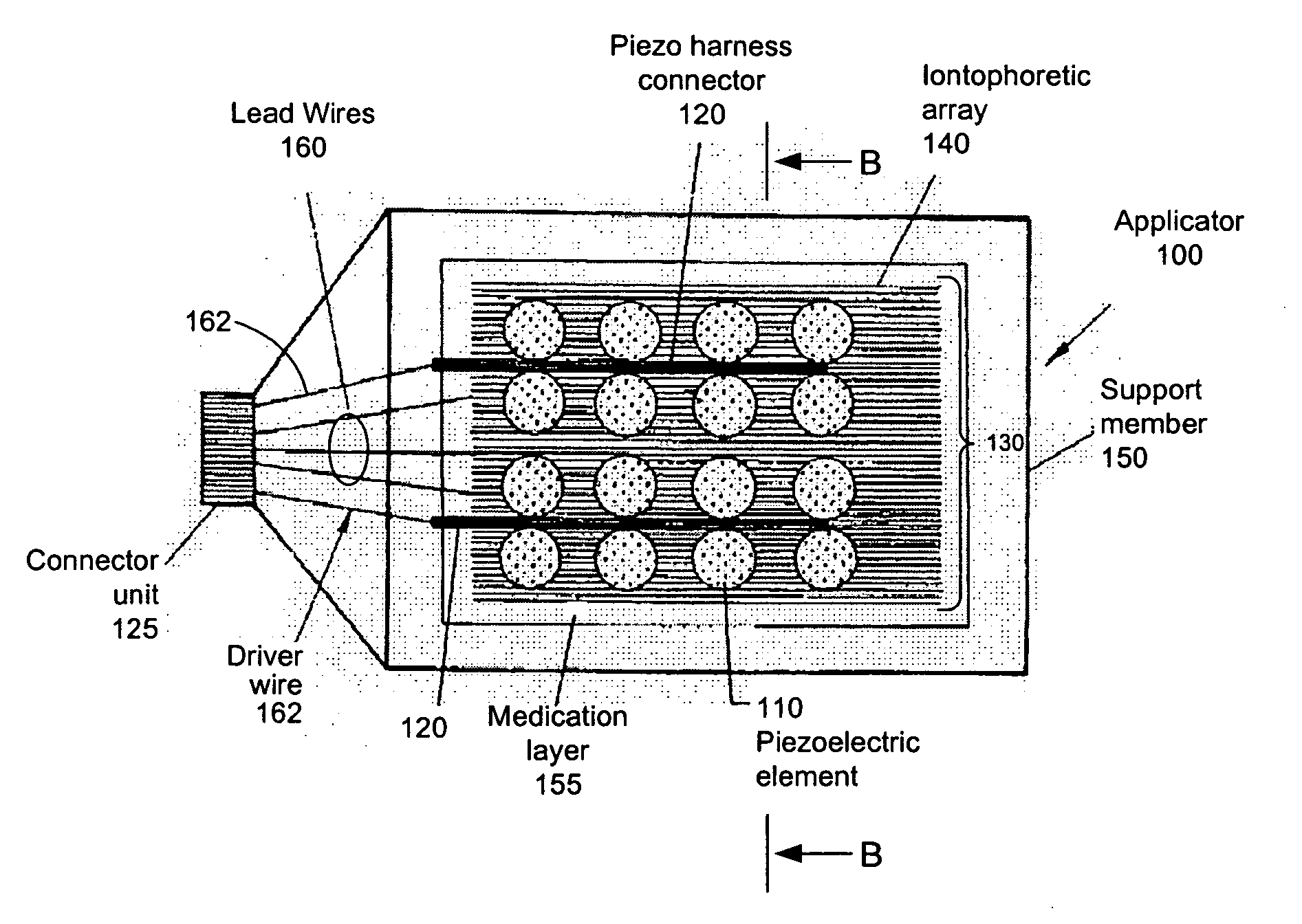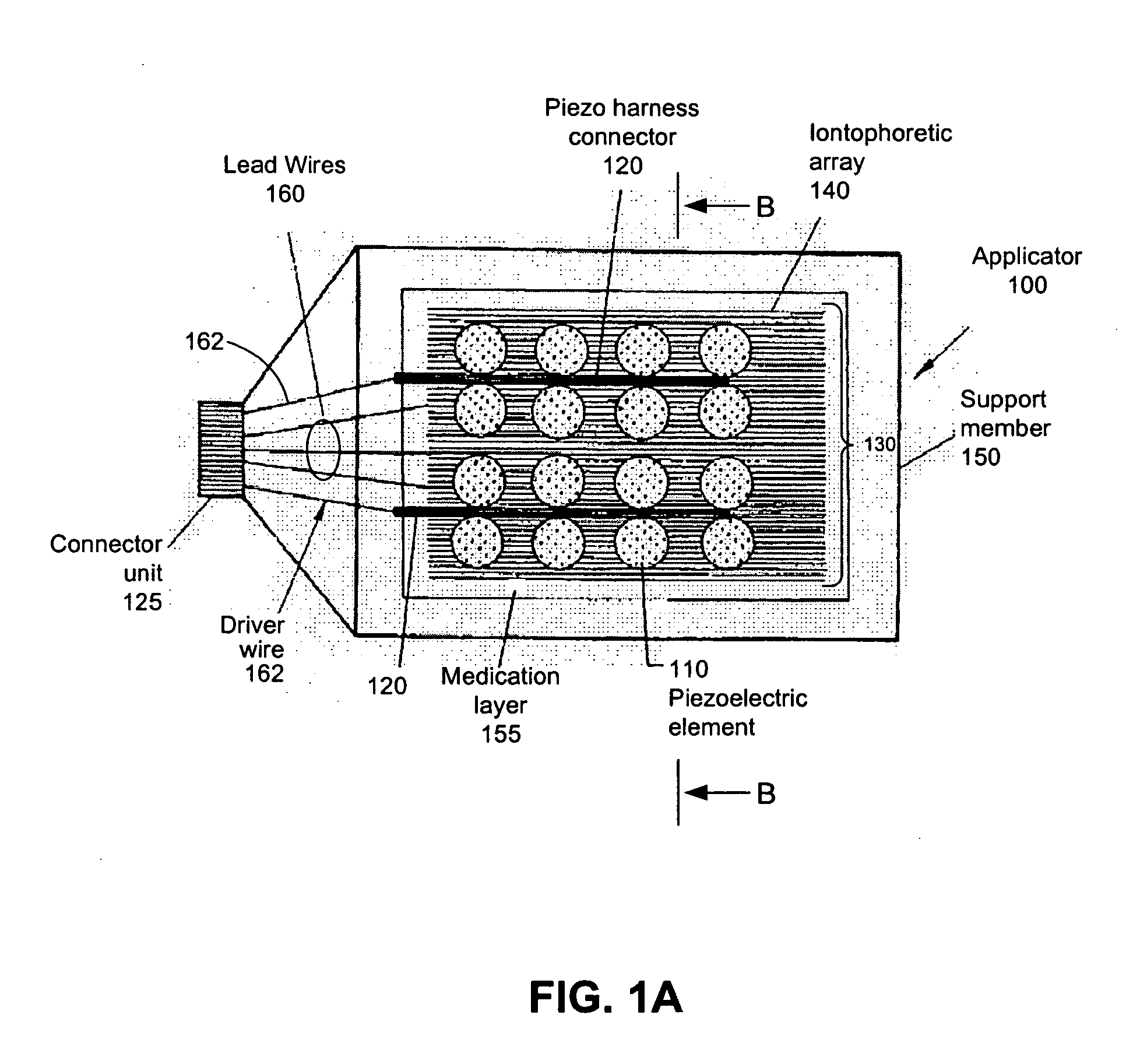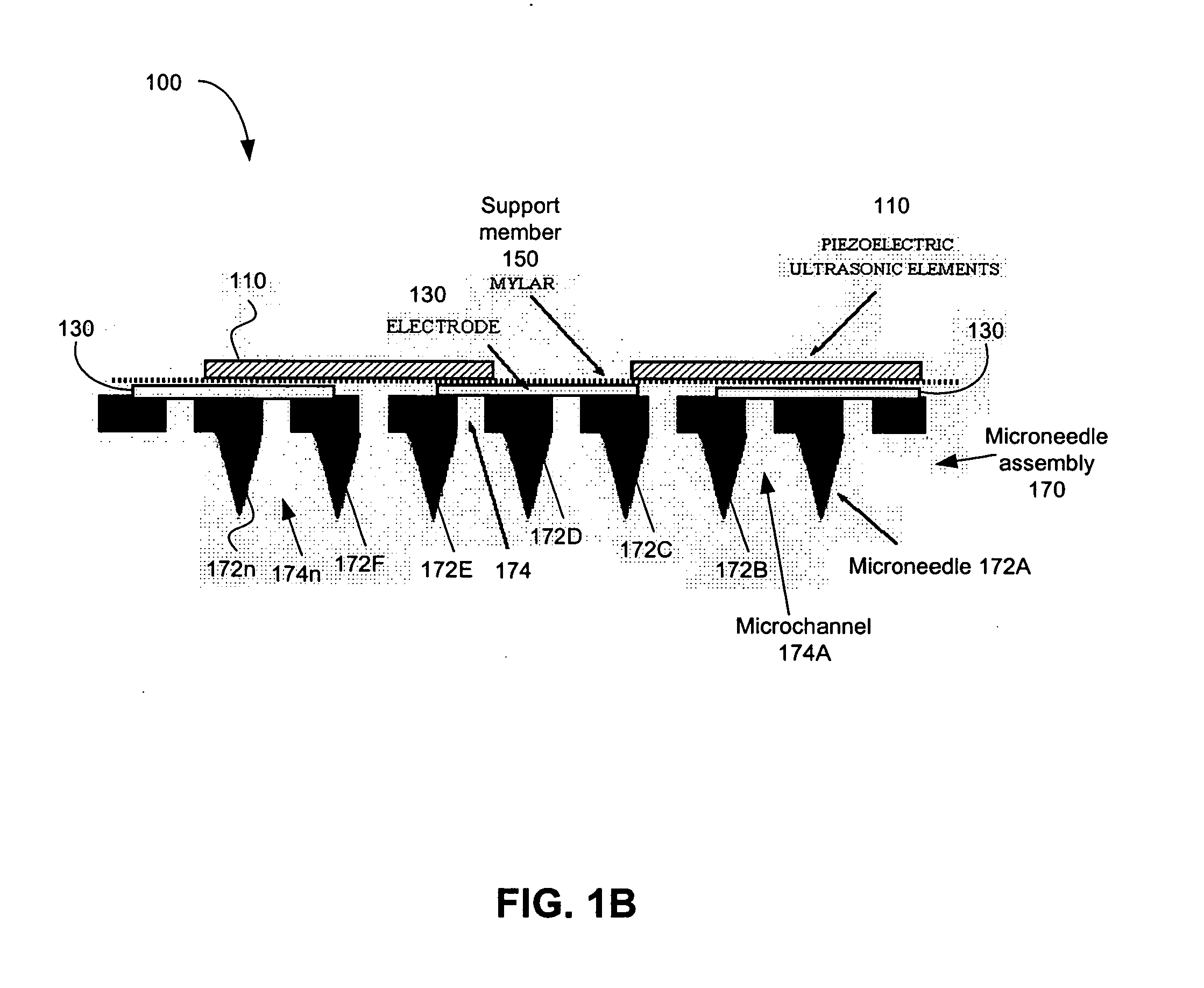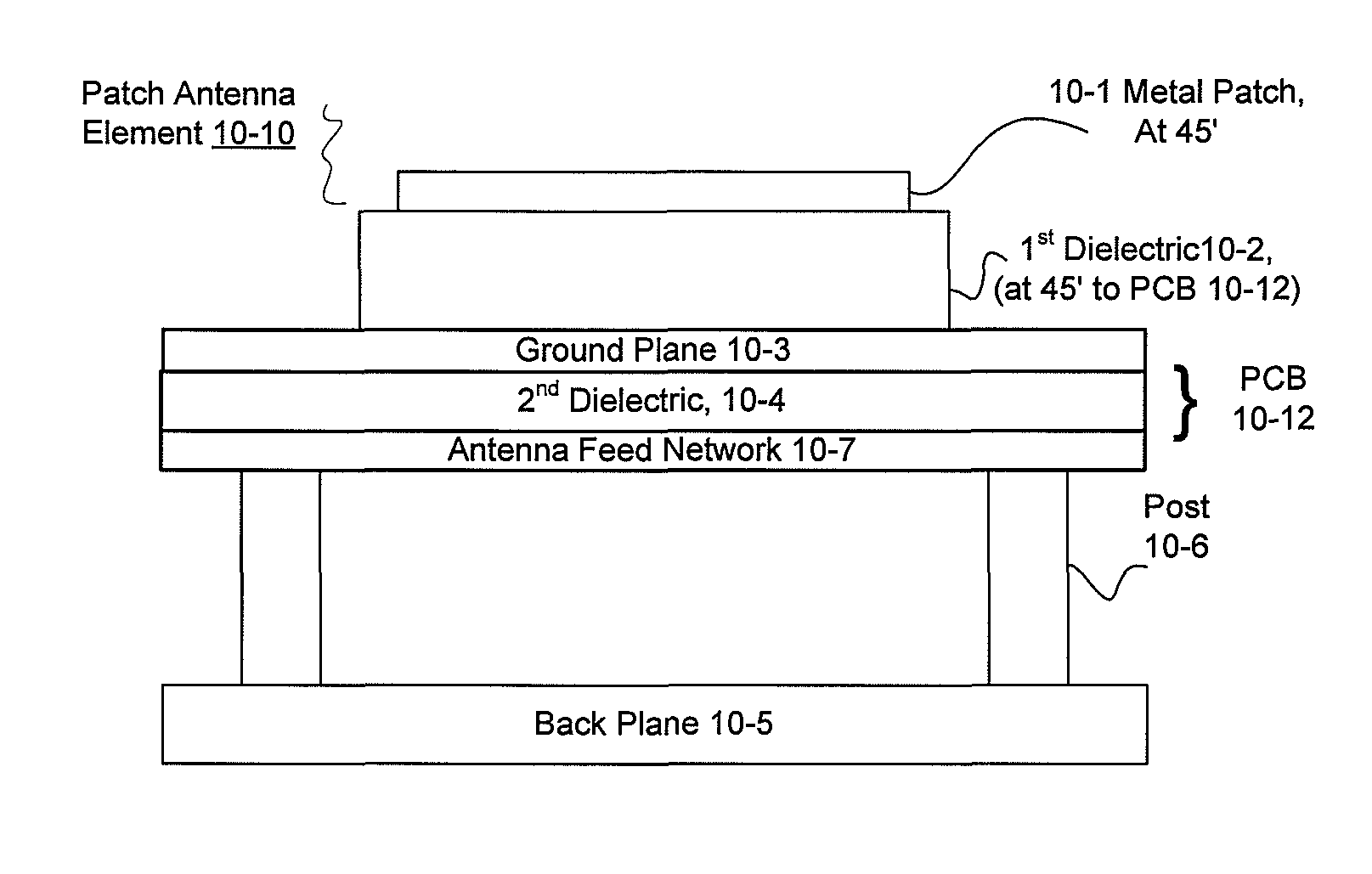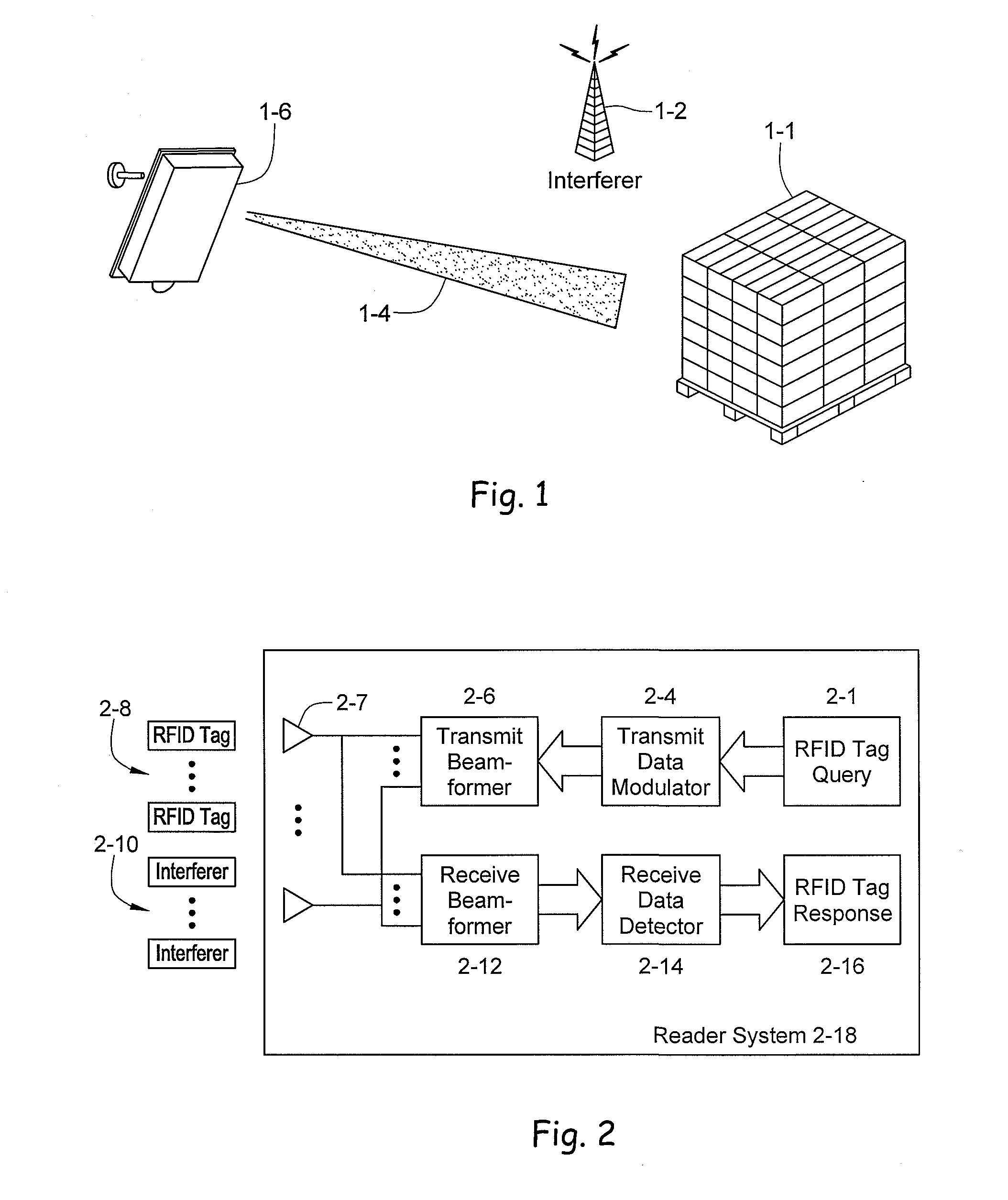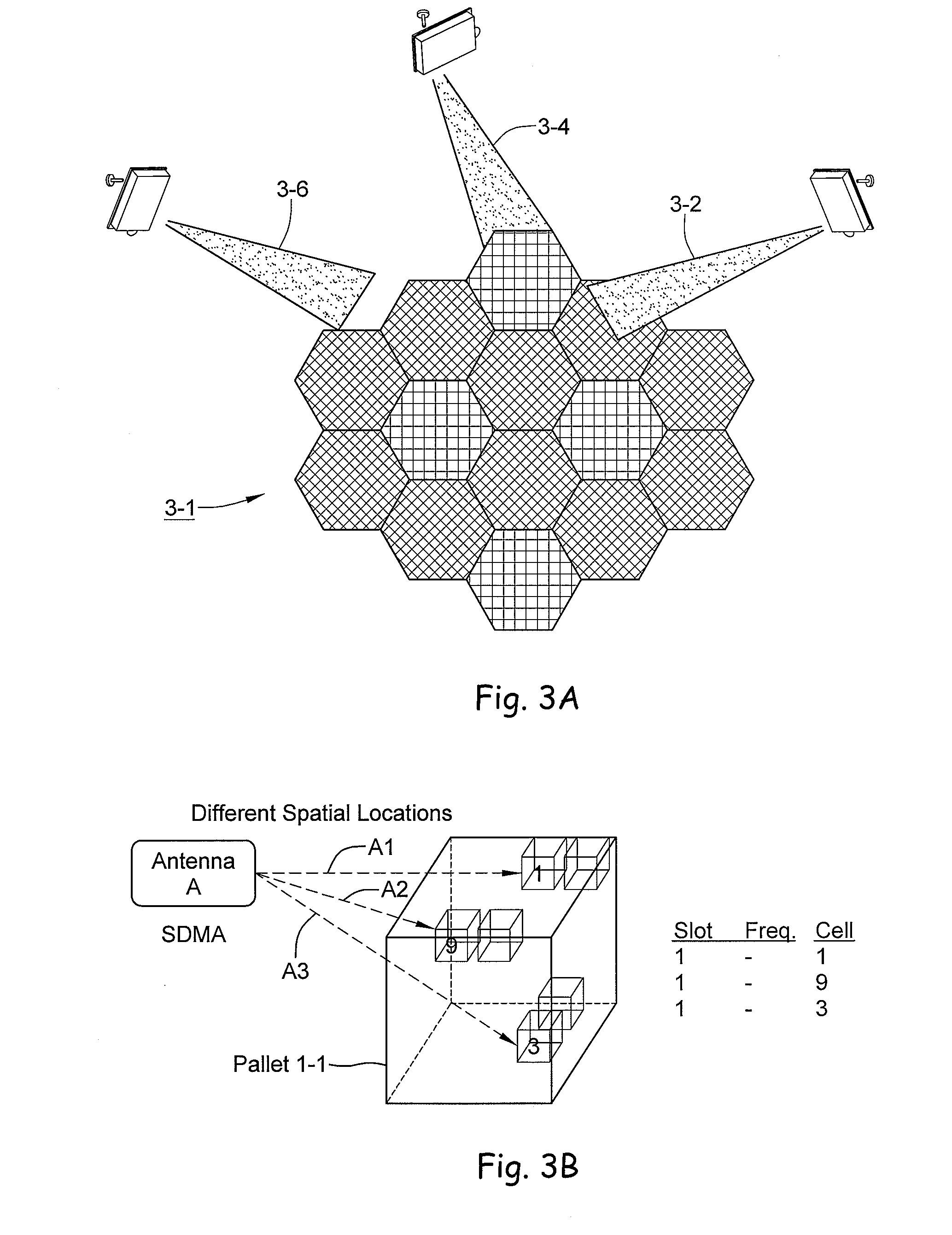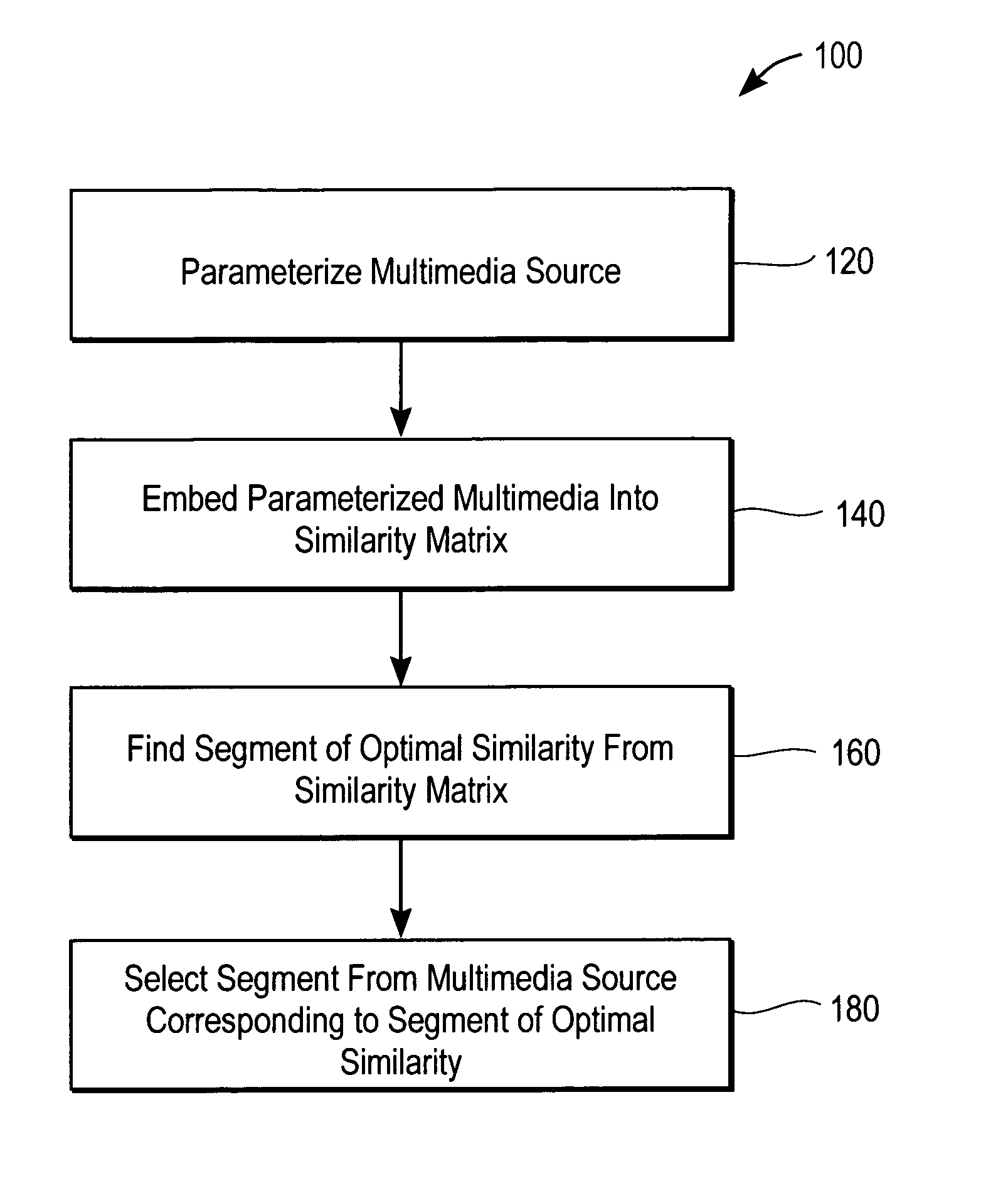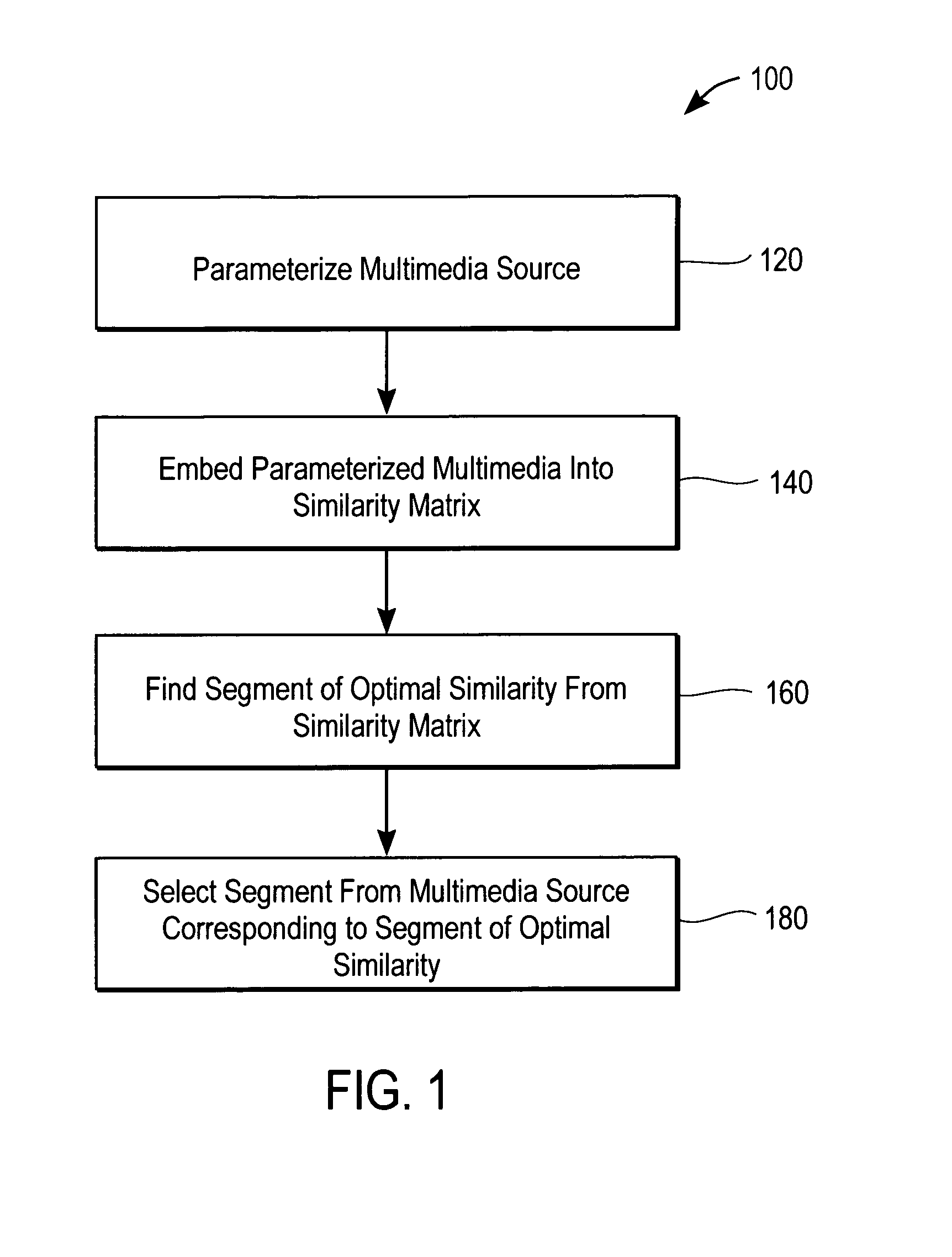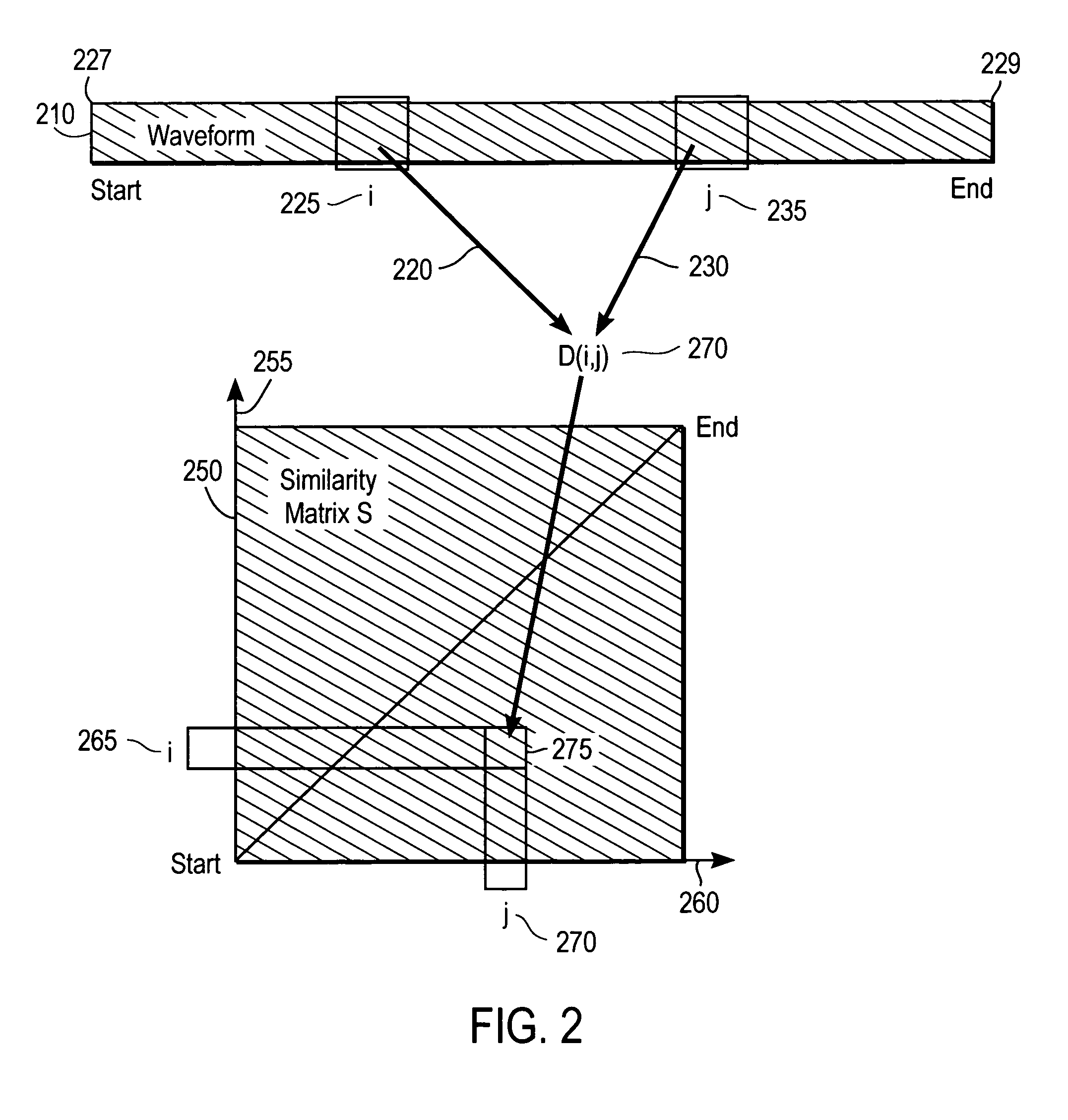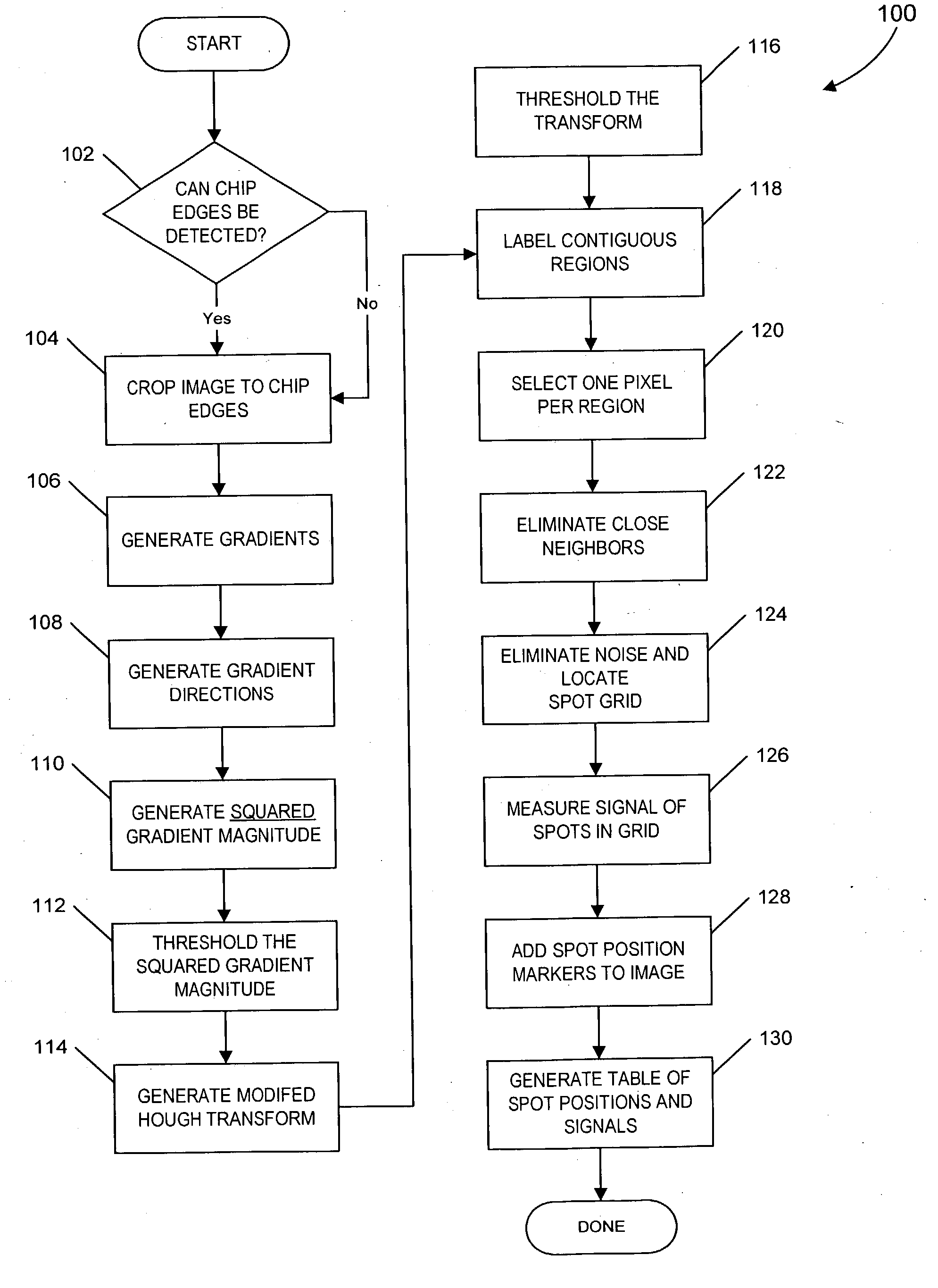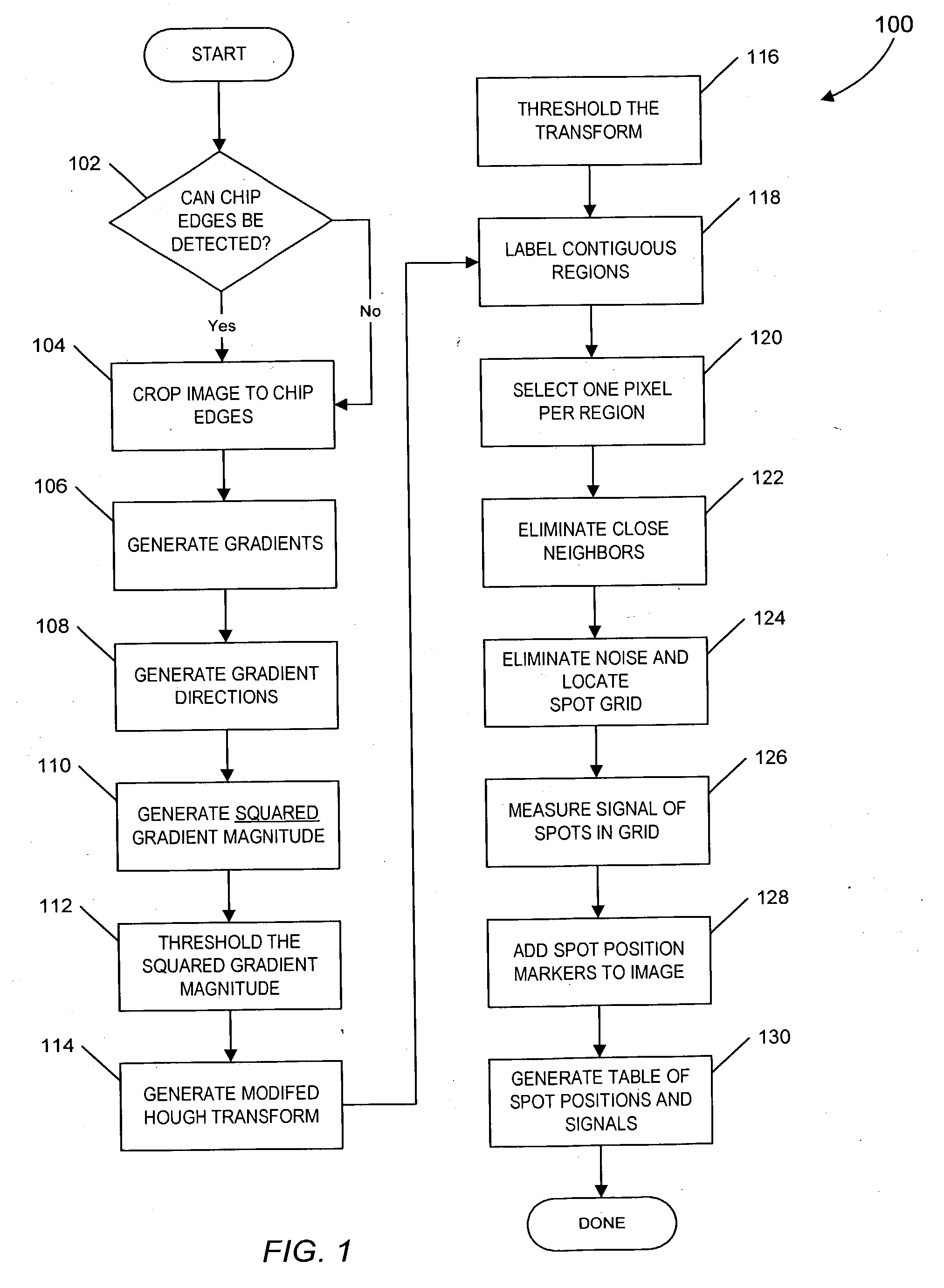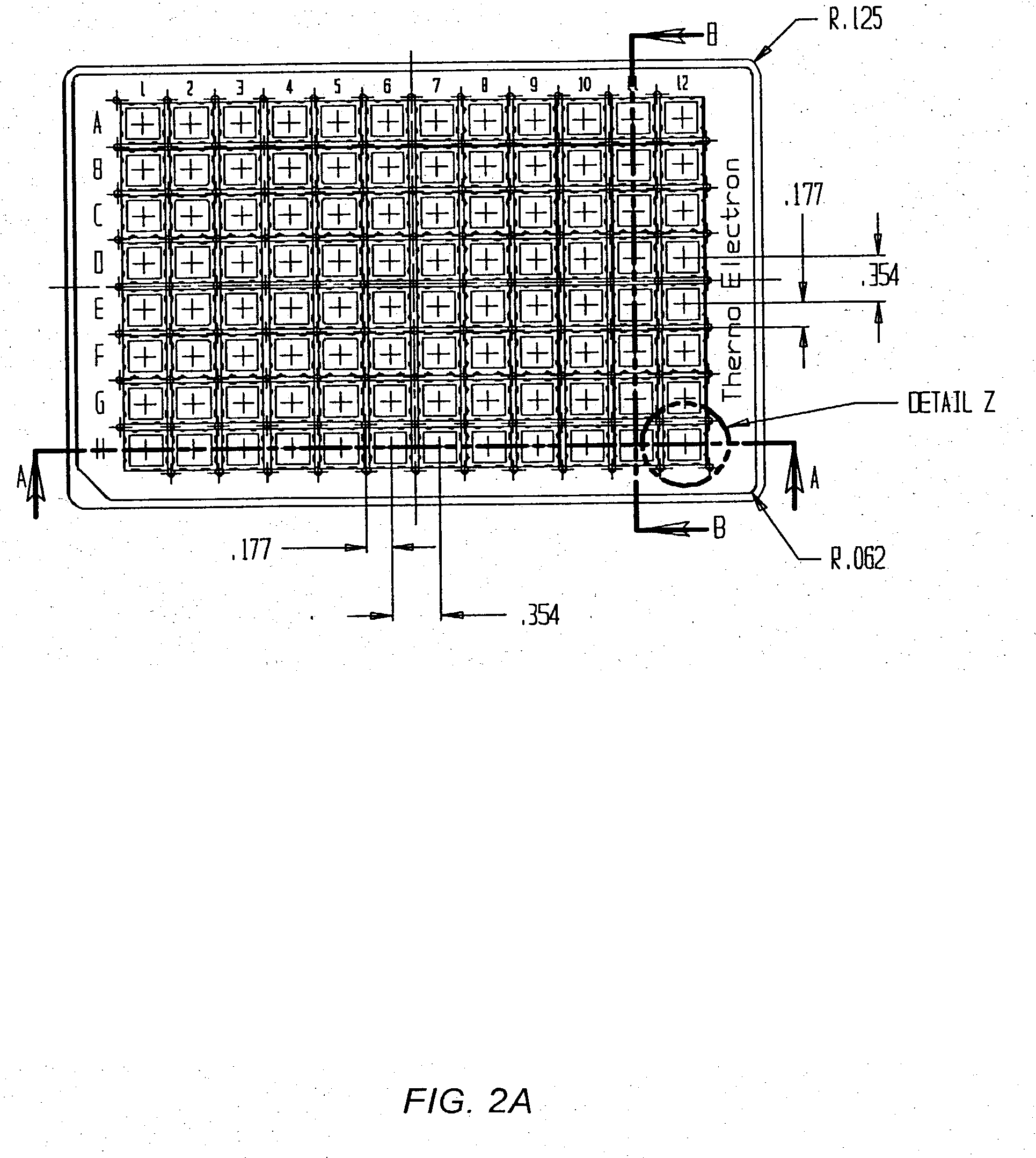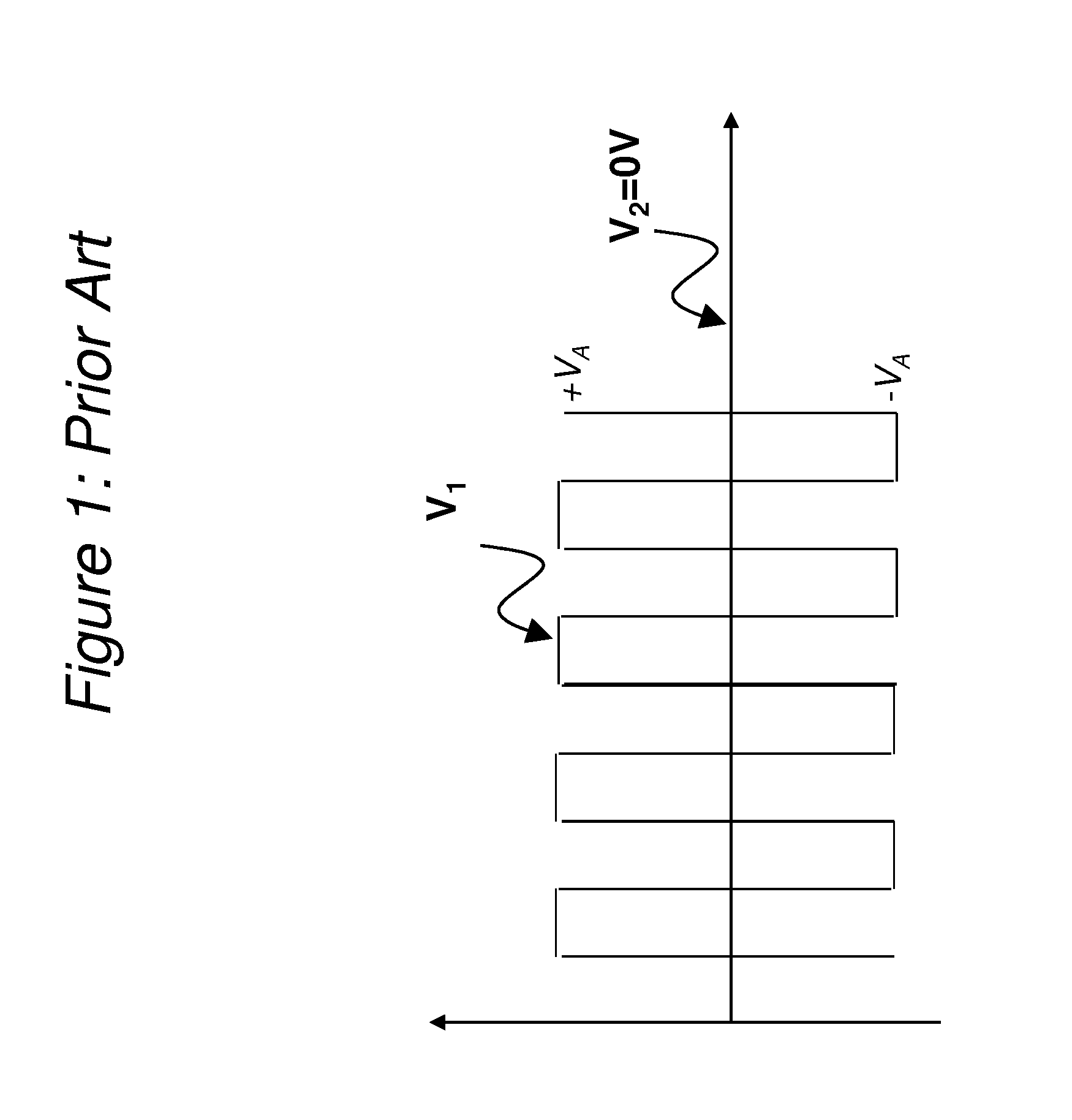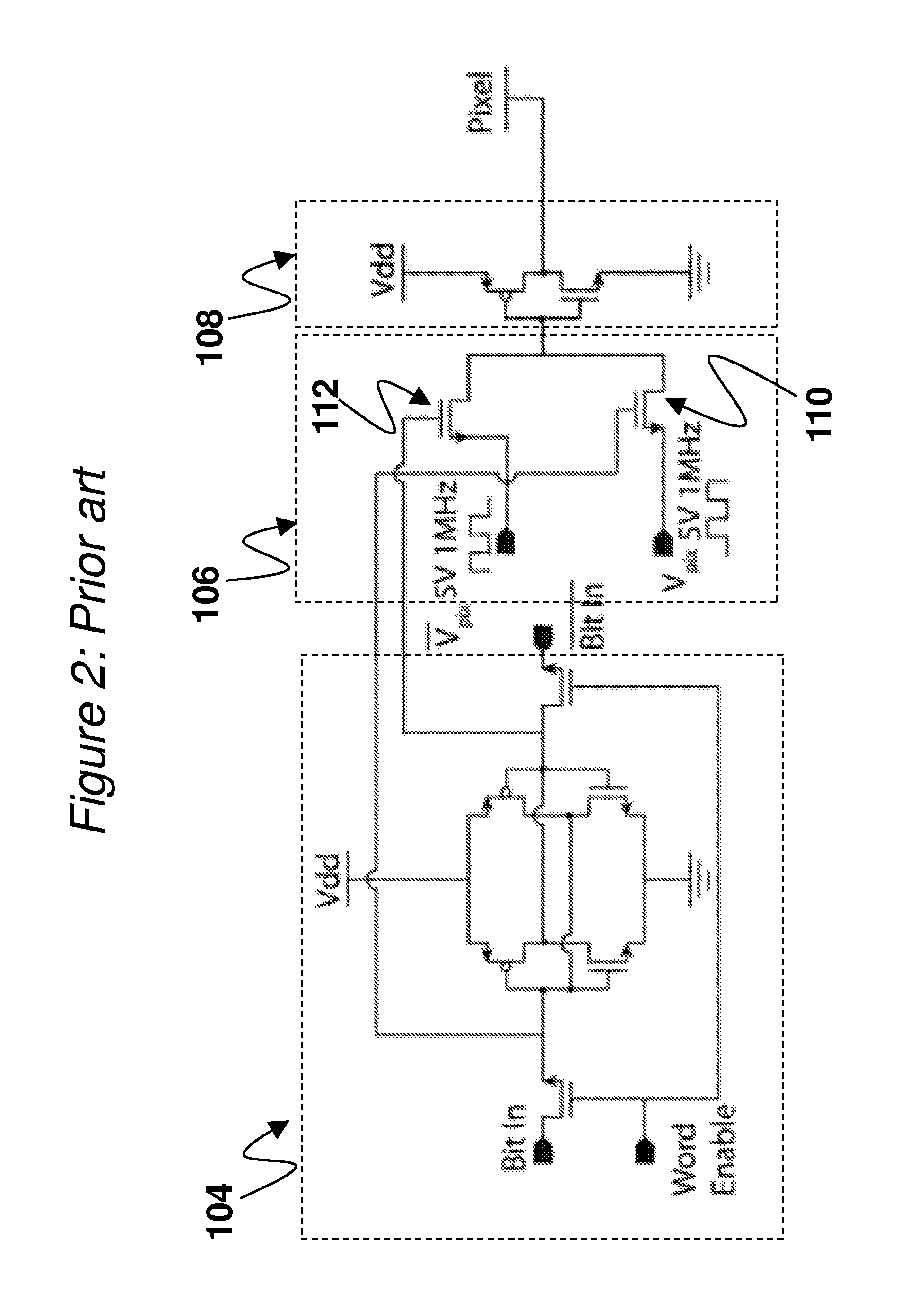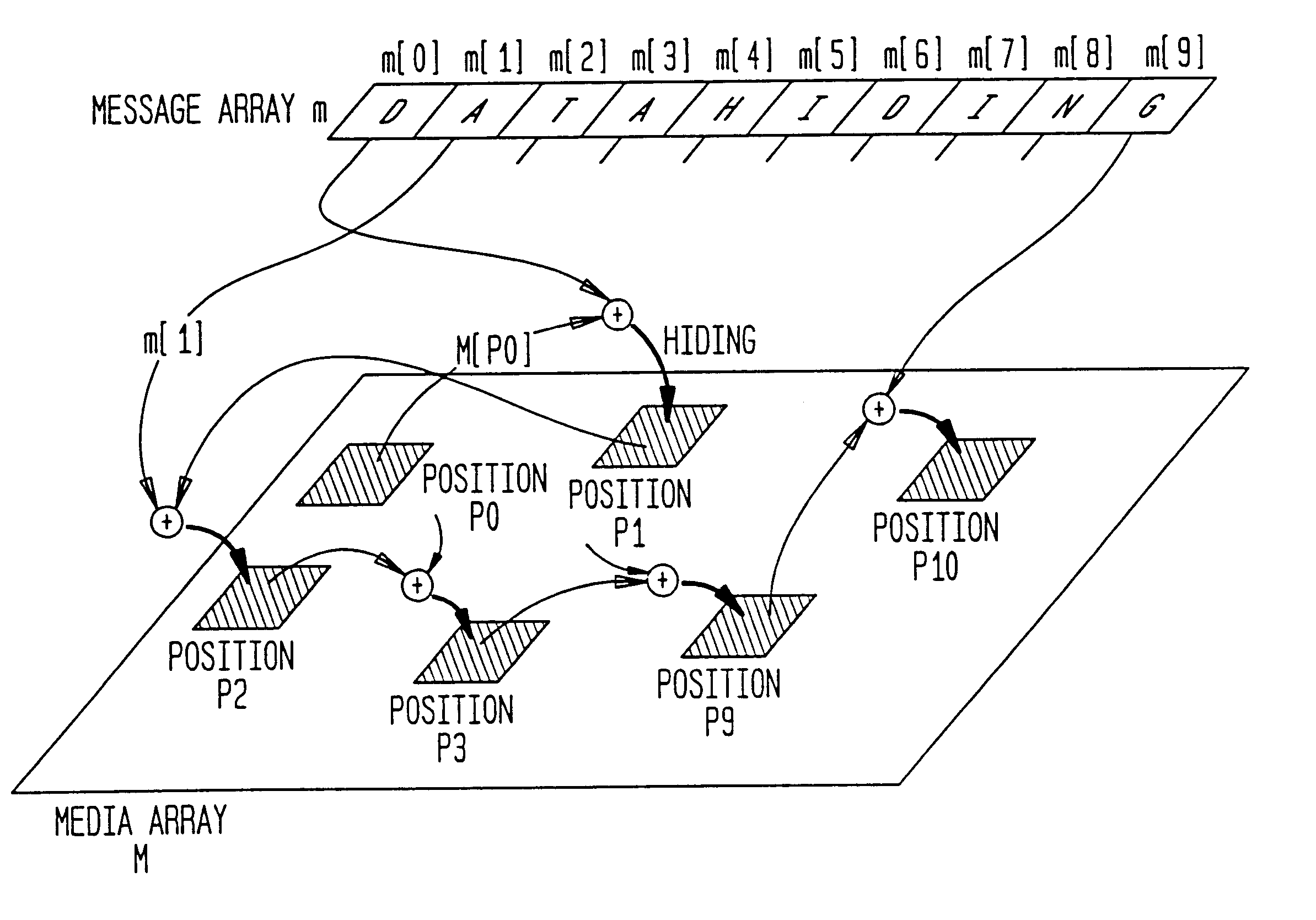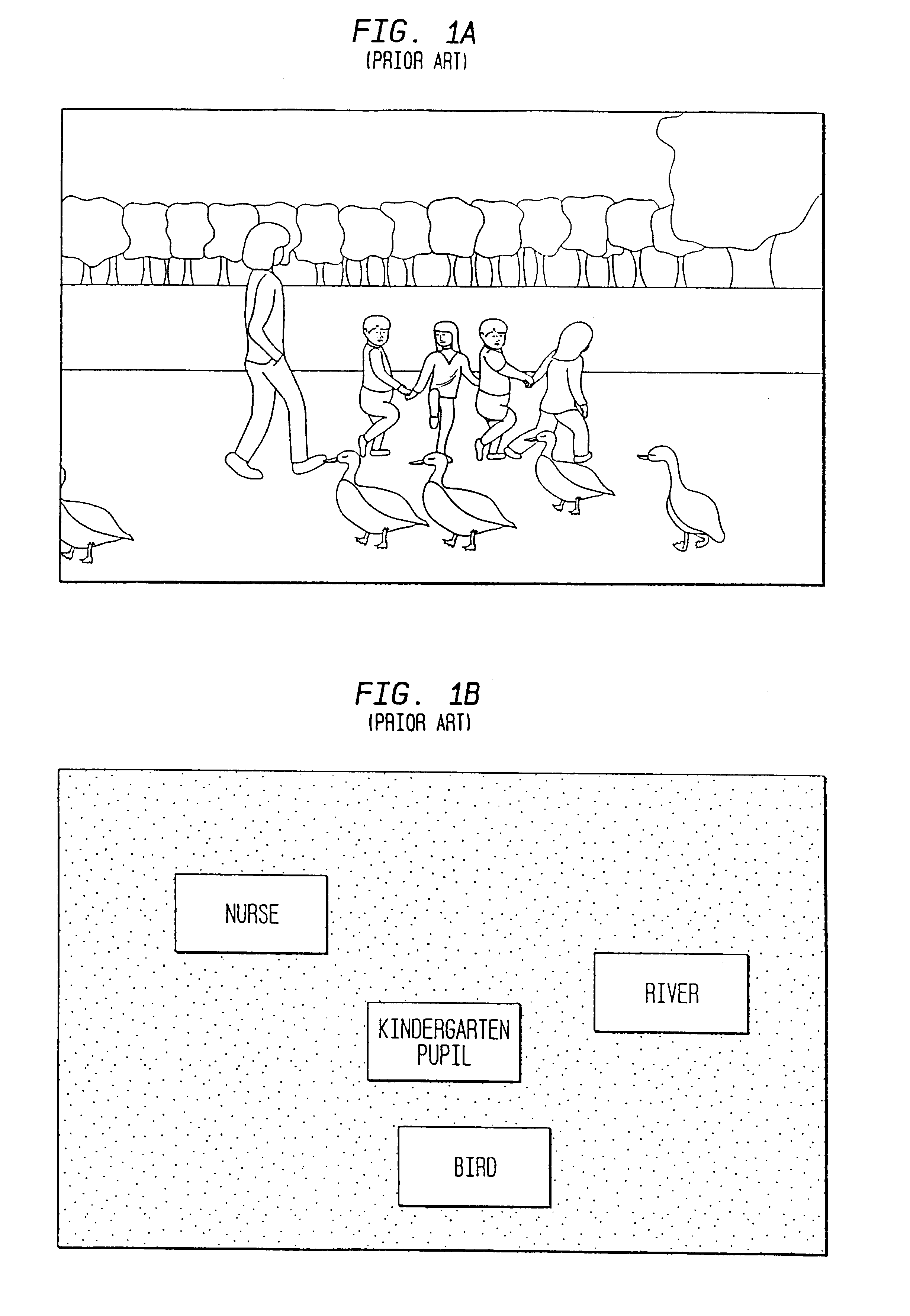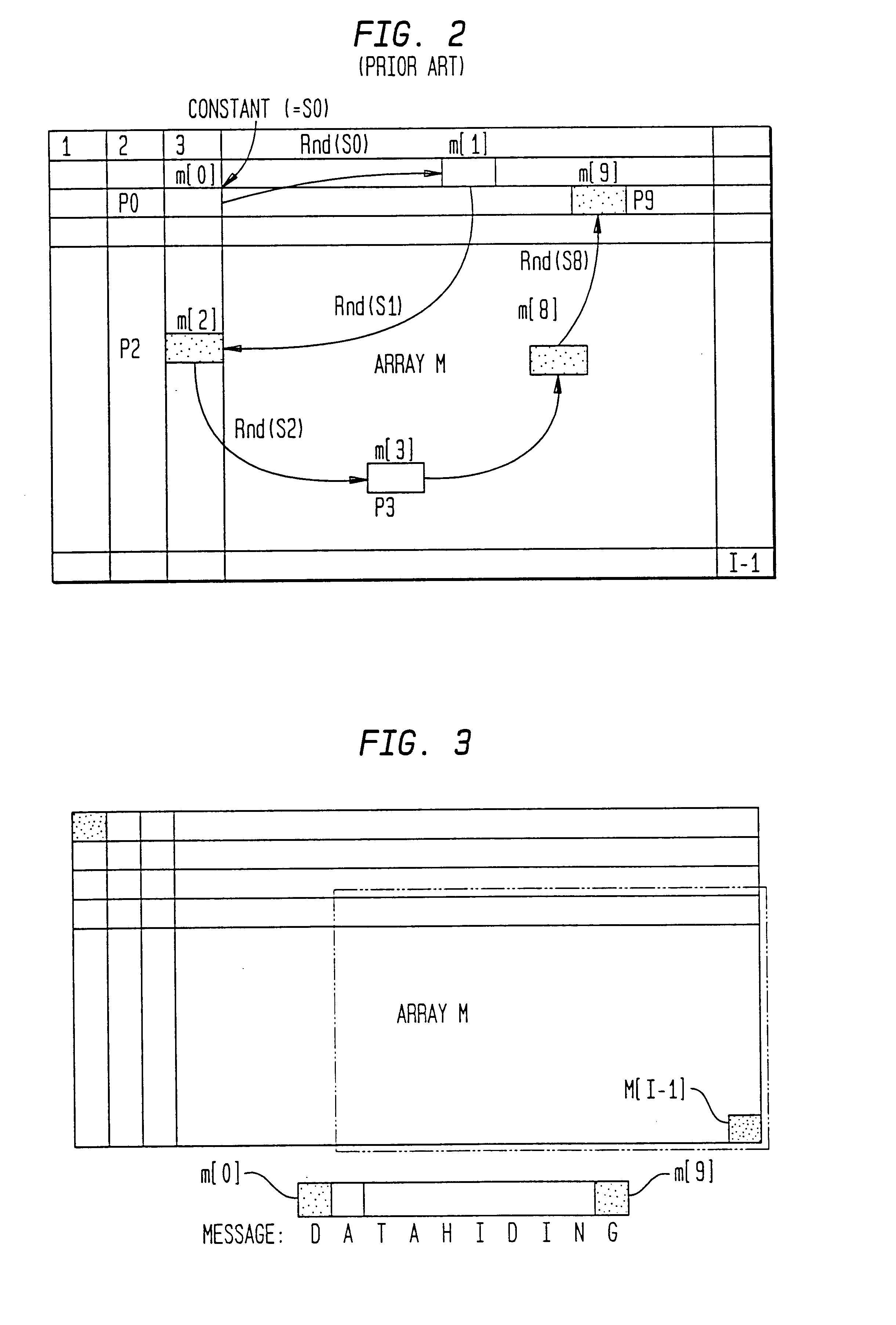Patents
Literature
Hiro is an intelligent assistant for R&D personnel, combined with Patent DNA, to facilitate innovative research.
3746 results about "Array element" patented technology
Efficacy Topic
Property
Owner
Technical Advancement
Application Domain
Technology Topic
Technology Field Word
Patent Country/Region
Patent Type
Patent Status
Application Year
Inventor
In programming, a series of objects all of which are the same size and type. Each object in an array is called an array element. For example, you could have an array of integers or an array of characters or an array of anything that has a defined data type. Each element has the same data type (although they may have different values).
Ultrasound transducers for imaging and therapy
InactiveUS7063666B2Reduce in quantityReducing cross-talk and heatingUltrasonic/sonic/infrasonic diagnosticsUltrasound therapyElectrical resistance and conductanceSonification
Owner:OTSUKA MEDICAL DEVICES
Circular superdirective receive antenna arrays
InactiveUS20050007276A1Radio wave direction/deviation determination systemsPolarisation/directional diversityArray elementPhysics
Systems and methods are described for circular superdirective receive antenna arrays. A method includes calculating an minimum array efficiency of the superdirective circular receive array, calculating a maximum superdirective gain of the superdirective circular receive array, determining an amplitude weight or a phase weight for an array element in the superdirective circular receive array based on the minimum array efficiency and the maximum superdirective gain, and determining number of array elements in the superdirective circular receive array and a radius of the superdirective circular receive array.
Owner:CODAR OCEAN SENSORS LTD
Dielectric resonator array antenna
InactiveUS20140043189A1Improve featuresIndividually energised antenna arraysElectrically short antennasTime delaysDielectric resonator antenna
Disclosed herein is a dielectric resonator array antenna including one or more series-feed type array elements installed to be arranged in parallel in a multilayer substrate, wherein first high frequency signals having the same or different phases or time delays are adjusted to be applied to the respective series-feed type array elements and respective radiated 1D array beams are individually used or combined to adjust beamforming of 2D array beams. Also, since the series-feed type array element is configured by connecting a plurality of dielectric resonator antennas in series, it can be easily and simply fed in series through coupling generated by the intervals between the feeding lines of the pertinent feeding unit of the plurality of dielectric resonator antennas connected in series. In addition, the broadband characteristics can be obtained by using the plurality of dielectric resonator antennas, whereby the overall antenna performance can be enhanced.
Owner:SAMSUNG ELECTRO MECHANICS CO LTD +1
Apparatus and method for capturing still images and video using coded lens imaging techniques
ActiveUS20090167922A1Television system detailsBeam/ray focussing/reflecting arrangementsArray elementSemiconductor sensor
An apparatus for capturing images. In one embodiment, the apparatus comprises: a coded lens array including a plurality of lenses arranged in a coded pattern and with opaque material blocking array elements that do not contain lenses; and a light-sensitive semiconductor sensor coupled to the coded lens array and positioned at a specified distance behind the coded lens array, the light-sensitive sensor configured to sense light transmitted through the lenses in the coded lens array.
Owner:REARDEN
Compacting an information array display to cope with two dimensional display space constraint
ActiveUS8001465B2Maldistribution of minimizedSpace minimizationText processingSpecial data processing applicationsArray data structureCombined use
This invention relates to computer implemented methods for accommodating elements of an information array within the physical constraints of a predetermined two dimensional display space. The maldistribution and wastage of space inherent to matrix format display is sought to be minimized by allocating space based on moderated display space requirement values of larger elements. A measurement of lopsidedness of distribution of larger elements across columns and across rows is used while allocating column widths and row heights. If the display space is inadequate for displaying the array elements in matrix format, then the elements are displayed in Tall / Wall format wherein the row / column alignment of cells, respectively, is not maintained. The information array elements may include text, image or both. Methods such as font size reduction, text abbreviation and image size reduction are used in combination with space allocation methods to fit the array elements into corresponding cells in the display space.
Owner:ARDEN INNOVATIONS LLC
Array structure for the application to wireless switch of WLAN and wman
InactiveUS20070257858A1Improve efficiencyLow budgetIndoor communication adaptationIndividually energised antenna arraysArea networkArray data structure
The present invention provides an antenna array structure which includes multiple array elements, and the antenna array structure is using for the application of the WLAN (wireless local area network) or WMAN (wireless metro area network.) Furthermore, the array elements of the present invention are phased arrays or attenuated arrays, and when configuration with different type of the array element is used, the corresponding BFN (beam forming network) can also be implemented in various possibilities. With all the configuration of the present invention, the manufacturers can have a stable array structure for their applications.
Owner:ACCTON TECHNOLOGY CORPORATION
Phase arrays exploiting geometry phase and methods of creating such arrays
InactiveUS20070285315A1Reduce couplingMulti-channel direction-finding systems using radio wavesBeacon systemsEngineeringArray element
In the context of array sensors such as radar, sonar, and communications receiver arrays, the present invention exploits the geometry phase components of radiated wavefronts associated with the signals of interest in order to reduce the bandwidth requirements for DOA and beamforming processing. Additionally, geometry phase is exploited in order to effectively increase the resolution of an array without changing the size of its physical footprint or the number of array elements. Other embodiments of the invention include the use of virtual array elements for increase in effective array size.
Owner:DAVIS DENNIS WILLARD +2
Array element circuit and active matrix device
ActiveUS8653832B2Determine sizeImprove manufacturabilitySludge treatmentStatic indicating devicesActive matrixArray element
Owner:SHARP LIFE SCI EU LTD
Active separation tracking and positioning system for towed seismic arrays
InactiveUS6691038B2Facilitate detachment and removalMaintain positionSeismic signal processingSeismology for water-covered areasArray data structureControl system
A method and apparatus comprising an active control system for a towed seismic streamer array that enables any relative positional control of any number of towed seismic streamers. The streamer positions are controlled horizontally and vertically using active control units positioned within the seismic array. The three component (x, y, z) position of each streamer element, relative to the vessel and relative to each other is controlled, tracked and stored during a seismic data acquisition run. The present invention enables a seismic array to be maneuvered as the towing vessel maintains course, enables maintenance of specific array position and geometry in the presence of variable environmental factors and facilitates four-dimensional seismic data acquisition by sensing and storing the position of the array and each array element with respect to time.
Owner:WESTERNGECO LLC
Systems and methods for preparing and analyzing low volume analyte array elements
InactiveUS7285422B1Rapid productionLess-expensive to employPeptide librariesSequential/parallel process reactionsAnalyteMass Spectrometry-Mass Spectrometry
The invention provides methods for dispensing tools that can be employed to generate multi-element arrays of sample material on a substrate surface. The substrates surfaces can be flat or geometrically altered to include wells of receiving material. The tool can dispense a spot of fluid to a substrate surface by spraying the fluid from the pin, contacting the substrate surface or forming a drop that touches against the substrate surface. The tool can form an array of sample material by dispensing sample material in a series of steps, while moving the pin to different locations above the substrate surface to form the sample array. The invention then passes the prepared sample arrays to a plate assembly that disposes the sample arrays for analysis by mass spectrometry. To this end, a mass spectrometer is provided that generates a set of spectra signal which can be understood as indicative of the composition of the sample material under analysis.
Owner:AGENA BIOSCI
Segmented bar-in-bar target
InactiveUS6137578AEasy and inexpensive to utilizeUsing optical meansPhotomechanical exposure apparatusArray elementCritical dimension
A target for measurement of critical dimension bias on a substrate formed by a lithographic process comprises three sets of contrasting arrays of elements on the substrate. Each of the arrays has a plurality of spaced parallel elements contrasting with the substrate. Ends of the contrasting elements are aligned along parallel lines forming opposite array edges, with the length of the contrasting elements comprising the array width. The array edges are measurable by microscopy without resolution of individual elements of the array. The three arrays are spaced apart in the X- or Y-direction such that critical dimension bias may be measured by comparing the centerline of a first distance measured from one edge of the first array to one edge of the third array to the centerline of a second distance measured from one edge of the second array to one edge of the third array, with the centerlines being measured without resolution of the individual array elements.
Owner:IBM CORP
RFID beam forming system
ActiveUS20080012710A1Improve accuracyReduce multipath effectsMemory record carrier reading problemsBroadcast transmission systemsMulti bandLight beam
A multi-protocol, multi-band array antenna system may be used in Radio Frequency Identification (RFID) system reader and sensory networks. The antenna array may include array elements with an integrated low noise amplifier. The system may employ digital beam forming techniques for transmission and steering of a beam to a specific sensor tag or group of tags in an cell. The receive beam forming network is optimized for detecting signals from each sensor tag. Narrow and wideband interferences may be excised by an interference nulling algorithm. Space division multiplexing may be used by the antenna system to enhance system processing capacity.
Owner:MOJIX
Reflection-type light modulating array element and exposure apparatus
InactiveUS7046422B2Low-voltage and high-speed drivingIncreased durabilityNon-linear opticsOptical elementsOptoelectronicsArray element
A reflection-type light modulating array element has: a substrate; a movable member provided with a beam body provided on the substrate through a first gap, a light reflector capable of rotational displacement by twisting of the beam body, and an electrically conducting part formed at least in a partial portion of the movable member; a lower electrode provided on a substrate side to face the movable member through the first gap, and an upper electrode provided on a side opposite to the lower electrode to face the movable member through a second gap, and thereby the movable member is between the lower electrode and the upper electrode, wherein a voltage is applied to the upper electrode, the lower electrode and the electrically conducting part to cause an rocking displacement of the light reflector and thereby deflect a reflection direction of a light.
Owner:FUJIFILM HLDG CORP +1
Array Antenna for Measurement-While-Drilling
ActiveUS20080224707A1Reduce their structural integrityProtection from damageLoop antennas with ferromagnetic coreElectric/magnetic detection for well-loggingElectrical conductorEngineering
An electromagnetic antenna for Measurement-While-Drilling (MWD) applications is disclosed. The antenna can include several array elements that can act alone or together in various measurement modes. The antenna elements can be disposed in tool body recesses to be protected from damage. The antenna elements can include a ferrite plate crossed or looped by independent current carrying conductors in two or more directions forming a bi-directional or crossed magnetic dipole. Although disclosed as a MWD system conveyed by a drill string, basic concepts of the system are applicable to other types of borehole conveyance.
Owner:WEATHERFORD TECH HLDG LLC
Traffic route finder in communications network
InactiveUS6310883B1Equally distributedMultiplex communicationStar/tree networksArray data structureNetwork link
A route finder for point to multi-point connection requests in a communications network comprising a plurality of nodes connected by a plurality of links. A cost is assigned to each network link. For each connection request a set of all network nodes not included in its source node or its plurality of destination nodes are selected. An array of bits is created with an array element corresponding to a selected node element having a value of 1 if the node is steiner vertex for a steiner tree of nodes not selected, otherwise the array element has a value of 0. Each array is treated as a bit string and considered as population members which are manipulated by genetic algorithms. The fitness of the population members is evaluated by calculating the cost of traversing the routes represented by the bit strings. The method is capable of routing a plurality of multi-point connection requests, and selecting an overall optimum solution.
Owner:CIENA
Organic electroluminescence device
ActiveUS20050140275A1High color purityDischarge tube luminescnet screensElectroluminescent light sourcesTransport layerArray element
An organic electronluminescence device includes an array element divided into sub-pixels and including thin film transistors formed in the sub-pixels; a color conversion portion disposed below a second substrate and including a red (R), green (G) and blue (B) conversion layer for converting white light into three primary colors of red (R), green (G) and blue (B); a first electrode disposed below the color conversion portion and including a transparent conductive material; an organic EL layer disposed below the first electrode in the sub-pixels and including a plurality of stack units each including a charge generation layer, an electrode transporting layer, a hole transporting layer and an emission layer; a second electrode patterned below the organic EL layer in the sub-pixels; and a conductive spacer electrically connecting the thin film transistors with the second electrode.
Owner:LG DISPLAY CO LTD
Device for providing perception of the physical environment
Owner:UNIV OF WOLLONGONG
RFID beam forming system
ActiveUS7873326B2Improve accuracyReduce multipath effectsSimultaneous aerial operationsMemory record carrier reading problemsMulti bandMulti protocol
Owner:MOJIX
Reconfigurable parasitic control for antenna arrays and subarrays
InactiveUS20050088358A1Reduce decreaseScan angles can be increasedLogperiodic antennasAntenna arraysEngineeringArray element
Reconfiguration of parasitically controlled elements in a phased array is used to expand the range of operational functions. Embedded array elements can be frequency tuned, and bandwidth can be improved by using reconfiguration to broaden the bandwidth of the embedded elements. For high gain arrays, beam squint can be a limiting factor on instantaneous bandwidth. Reconfiguration can alleviate this problem by providing control of the element phase centers. Scan coverage can be improved and scan blindness alleviated by controlling the embedded antenna patterns of the elements as well as by providing control of the active impedance as the beam is scanned. Applying limited phase control to the elements themselves can alleviate some of the complexity of the feed manifold. A presently preferred method of designing reconfigurable antennas is to selectively place controlled parasitic elements in the aperture of each of the antenna elements in the phased array. The parasitic elements can be controlled to change the operational characteristics of the antenna element. The parasitic elements are controlled by either switching load values in and out that are connected to the parasitic elements or are controlled by applying control voltages to variable reactance circuits containing devices such as varactors. The parasitic elements can be controlled by the use of a feedback control subsystem that is part of the antenna system which adjusts the RF properties of the parasitic components based on some observed metric. The controllable characteristics include directivity control, tuning, instantaneous bandwidth, and RCS.
Owner:TOYON RES CORP
High-resolution polarization-sensitive imaging sensors
An apparatus and method to determine the surface orientation of objects in a field of view is provided by utilizing an array of polarizers and a means for microscanning an image of the objects over the polarizer array. In the preferred embodiment, a sequence of three image frames is captured using a focal plane array of photodetectors. Between frames the image is displaced by a distance equal to a polarizer array element. By combining the signals recorded in the three image frames, the intensity, percent of linear polarization, and angle of the polarization plane can be determined for radiation from each point on the object. The intensity can be used to determine the temperature at a corresponding point on the object. The percent of linear polarization and angle of the polarization plane can be used to determine the surface orientation at a corresponding point on the object. Surface orientation data from different points on the object can be combined to determine the object's shape and pose. Images of the Stokes parameters can be captured and viewed at video frequency. In an alternative embodiment, multi-spectral images can be captured for objects with point source resolution. Potential applications are in robotic vision, machine vision, computer vision, remote sensing, and infrared missile seekers. Other applications are detection and recognition of objects, automatic object recognition, and surveillance. This method of sensing is potentially useful in autonomous navigation and obstacle avoidance systems in automobiles and automated manufacturing and quality control systems.
Owner:THE UNITED STATES OF AMERICA AS REPRESENTED BY THE SECRETARY OF THE NAVY
Ka-band tilt-structure active phased array antenna
InactiveCN105914476AHighly integratedImprove performanceAntenna arraysAntennas earthing switches associationArray elementActive phase
The invention provides a Ka-band tilt-structure active phased array antenna, so as to provide an active phased array antenna which is high in integration density and can improve maintainability and interchangeability. According to the technical scheme, one path of RF signals transmitted by a transmitting signal processing terminal are transmitted to a power distribution / synthesis network (5) via a signal interface and a radio frequency interface to be divided into M paths of signals; according to information of an azimuth angle and a pitch angle of the phased array antenna provided by the transmitting signal processing terminal in real time, a beam controller (4) calculates and obtains beam pointing of the phased array antenna in real time through an FPGA; the beam pointing of the phased array antenna is converted into phase data needed by each array element under control of the beam controller (4); the data are transmitted to tilt-type TR assembly sub array modules in N channels respectively via a high and low-frequency interconnected multi-core high and low-frequency socket, and under control of the beam controller, M*N paths of signals are transmitted to an antenna array, and thus signal transmission is completed, and synchronous electric control scanning of beams transmitted by the phased array antenna is realized.
Owner:10TH RES INST OF CETC
Phase arrays exploiting geometry phase and methods of creating such arrays
InactiveUS7714782B2Multi-channel direction-finding systems using radio wavesBeacon systemsEngineeringArray element
Owner:DAVIS DENNIS WILLARD +2
Iontosonic-microneedle applicator apparatus and methods
Novel multichannel ionosonic devices with microneedle arrays incorporated into the devices for transdermal and intradermal delivery are described. In an embodiment, the ionosonic device includes a multichannel ionophoretic driver used in combination with a multichannel dispersion electrode integrated with ultrasonic elements and microneedle array elements mounted on a single application electrode. The ionosonic-microneedle transdermal device can be configured in a variety of shapes and structural flexibility for the treatment of skin and systemic disorders through the intradermal and transdermal delivery of one or more of a variety of therapeutic and modulating agents. Because of enhanced transdermal penetration this device offers the transdermal delivery of therapeutic peptides is getting closer to reality. The devices described herein deliver the therapeutic agents to the targeted diseased area as well as systemic levels obviating the need for oral ingestion, the associated side effects and as in the case of peptides bypasses the hydrolyzing digestive enzymes that make such agents ineffective when taken by mouth.
Owner:MIT
RFID antenna system
InactiveUS20080030422A1Improve accuracyReduce multipath effectsSimultaneous aerial operationsRadiating elements structural formsMulti bandEngineering
A multi-protocol, multi-band array antenna system may be used in Radio Frequency Identification (RFID) system reader and sensory networks. The antenna array may include array elements with an integrated low noise amplifier. The system may employ digital beam forming techniques for transmission and steering of a beam to a specific sensor tag or group of tags in an cell. The receive beam forming network is optimized for detecting signals from each sensor tag. Narrow and wideband interferences may be excised by an interference nulling algorithm. Space division multiplexing may be used by the antenna system to enhance system processing capacity.
Owner:MOJIX
Method for automatically producing optimal summaries of linear media
ActiveUS7068723B2Avoid spendingEasy to adaptPicture reproducers using cathode ray tubesPicture reproducers with optical-mechanical scanningAlgorithmArray element
Optimal summaries of a linear media source are automatically produced by parameterizing a linear media source. The parameterized linear media source is used to create a similarity array in which each array element includes the value of a similarity measurement between a two portions of the parameterized media signal. A segment fitness function, adapted for measuring the similarity between a segment of the parameterized media signal and the entire parameterized media signal, is optimized to find an optimal segment location. The portion of the linear media source corresponding to the optimal segment location is selected as the optimal summary. This method produces optimal summaries of any type of linear media, such as video, audio, or text information.
Owner:FUJIFILM BUSINESS INNOVATION CORP
Detection, resolution, and identification of arrayed elements
An image analysis workstation for analyzing optical thin film arrays is disclosed. One disclosed embodiment relates to individual arrays that comprise a single optical thin film test surface that provides a plurality of discretely addressable locations, each comprising an immobilized capture reagent for an analyte of interest. These are referred to herein as "arrayed optical thin film test surfaces." Preferably, an individual arrayed optical thin film test surface comprises at least 4, more preferably at least 16, even more preferably at least 32, still more preferably at least 64, and most preferably 128 or more discretely addressable locations. One or more of the discretely addressable locations may provide control signals (e.g., for normalizing signals and / or that act as positive and / or negative controls) or fiducial signals (i.e., information that is used to determine the relative alignment of the arrayed optical thin film test surface within the device.
Owner:INVERNESS MEDICAL - BIOSTAR
Active matrix device and method of driving the same
ActiveUS8173000B1Reduce dynamic power consumptionReducing voltage switchedSludge treatmentStatic indicating devicesElectricityDielectric
An active matrix electrowetting on dielectric (AM-EWOD) device which includes a plurality of array elements configured to manipulate one or more droplets of fluid on an array, each of the array elements including a corresponding array element circuit. Each array element circuit includes a top substrate electrode and a drive electrode between which the one or more droplets may be positioned; circuitry configured to write data to the corresponding array element by selectively applying to the drive electrode either: (i) a time-varying voltage waveform V1 of amplitude VB and period t0; or (ii) a time-varying voltage waveform V2, the logical inverse of V1, and applying to the top substrate electrode the time-varying voltage waveform V2+Voffset, where Voffset represents an offset voltage signal which may have AC and / or DC components and may equal zero.
Owner:SHARP LIFE SCI EU LTD
Apparatus and method for phased subarray imaging
InactiveUS7972271B2Ultrasonic/sonic/infrasonic diagnosticsInfrasonic diagnostics3d imageImaging quality
An invention for coherent array image formation and restoration is taught. The invention is applicable for both 2D and 3D imaging using either 1D or 2D arrays, respectively. A transducer array is subdivided into subarrays, each subarray having a number of adjacent array elements. All elements of each subarray transmit and receive in parallel. The signals received from each subarray are delayed and summed to form scan lines, or beams. The low-beam-rate beams formed from each subarray are upsampled and interpolated prior to forming high-beam-rate images. Depending on the subarray geometry, a subarray-dependent restoration filter is also applied to the subarray beams. The restored beams from each subarray are combined to form the final high-beam-rate image. The invention significantly reduces the front-end hardware complexity compared to conventional methods such as full phased array imaging with comparable image quality.
Owner:THE BOARD OF TRUSTEES OF THE LELAND STANFORD JUNIOR UNIV
Data hiding and extraction methods
InactiveUS6512835B1Picture reproducers using cathode ray tubesPicture reproducers with optical-mechanical scanningComputer hardwareArray data structure
The present invention provides a data hiding method of hiding media data in message data and a data extraction method of extracting the hidden data wherein message data is dispersively hidden in media data such as an image or sound to prevent a third person from modifying the message data easily.More specifically, the present invention relates to a data hiding method in which media data is expressed as a media array while message data is expressed as a message array so that the array elements of the message array can be dispersively hidden in the message array based on a state values specifying a particular array element of the media array, comprising the steps of:(a) determining the j-th (j>=0) state value Sj;(b) determining (j+1)-th state value Sj+1 based on the j-th state value, the array element of the media array indicated by the j-th state value, and the array element of the message array; and(c) hiding data with respect to the array element of the media array indicated by the (j+1)-th state value Sj+1.
Owner:IBM CORP
Features
- R&D
- Intellectual Property
- Life Sciences
- Materials
- Tech Scout
Why Patsnap Eureka
- Unparalleled Data Quality
- Higher Quality Content
- 60% Fewer Hallucinations
Social media
Patsnap Eureka Blog
Learn More Browse by: Latest US Patents, China's latest patents, Technical Efficacy Thesaurus, Application Domain, Technology Topic, Popular Technical Reports.
© 2025 PatSnap. All rights reserved.Legal|Privacy policy|Modern Slavery Act Transparency Statement|Sitemap|About US| Contact US: help@patsnap.com
